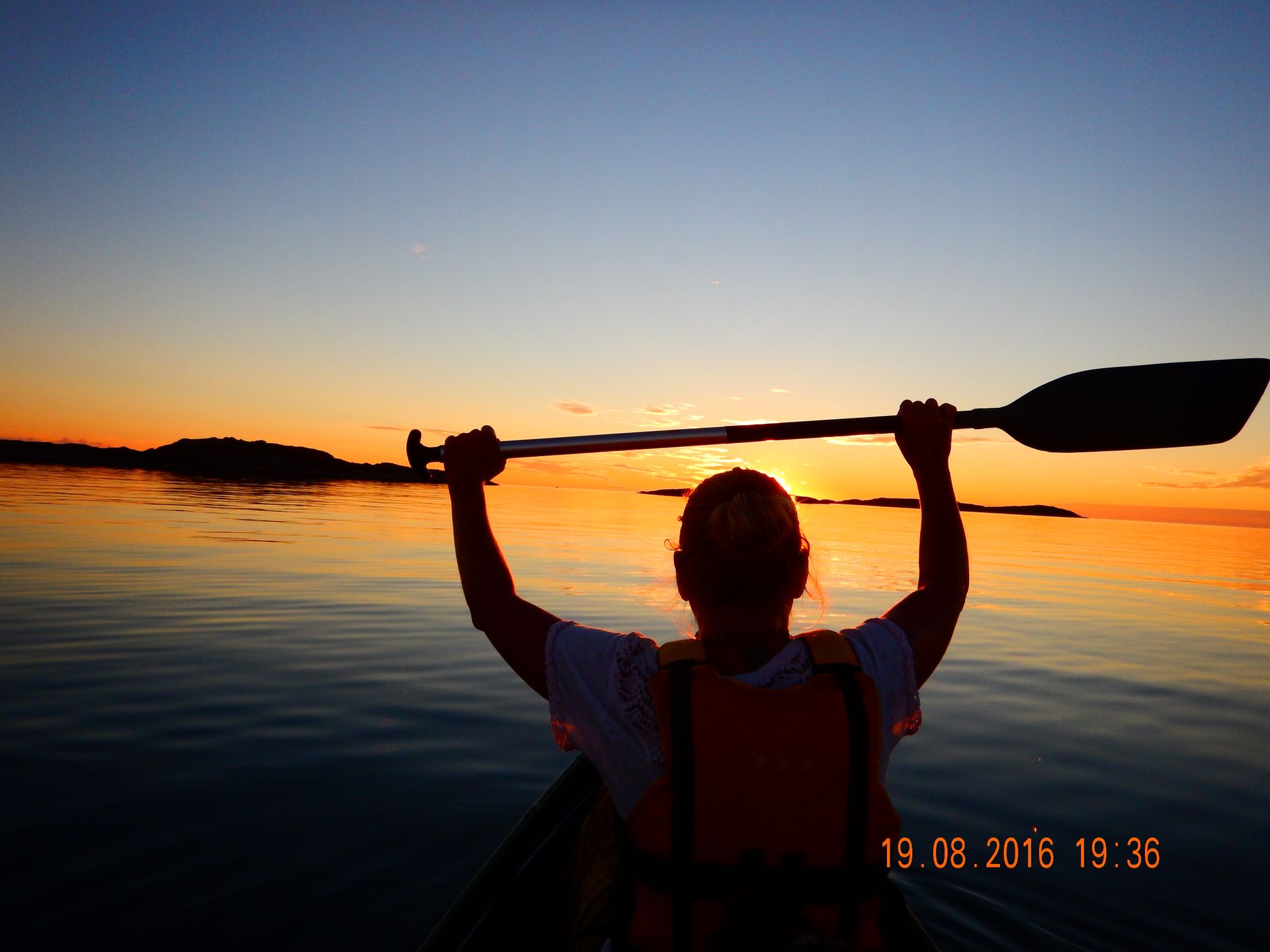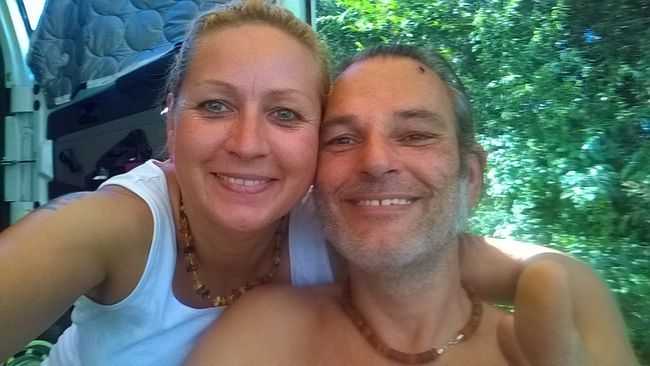Wild Romania
Нийтэлсэн: 17.11.2018
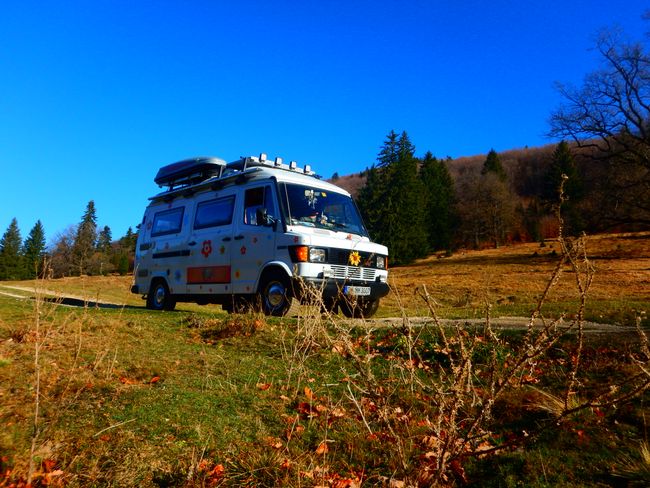
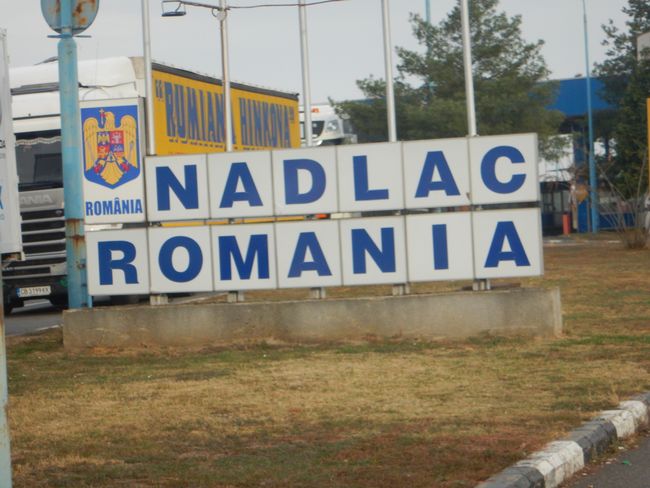
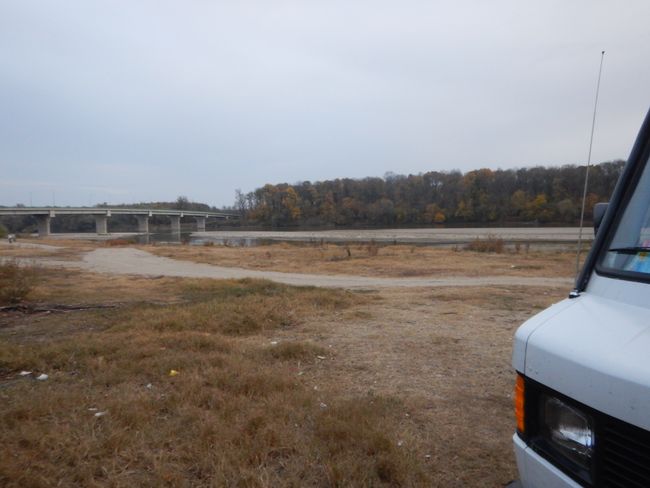
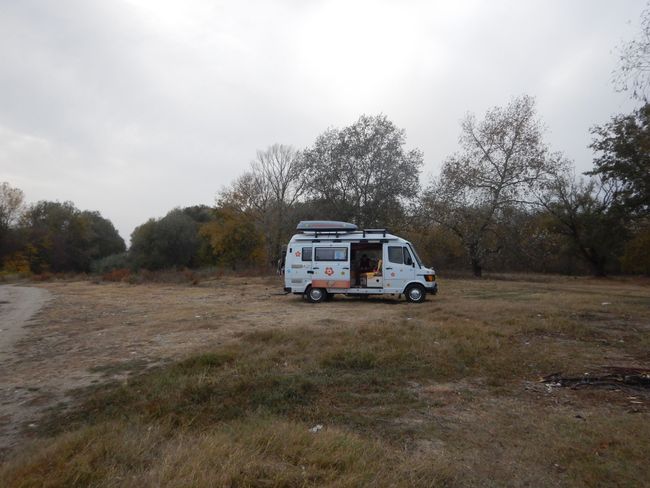
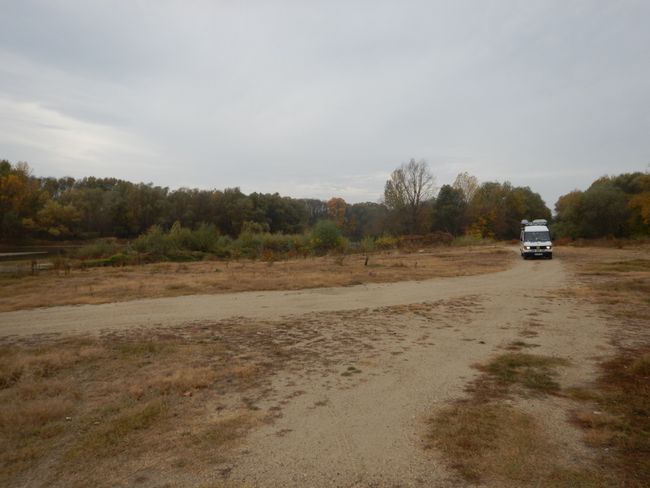
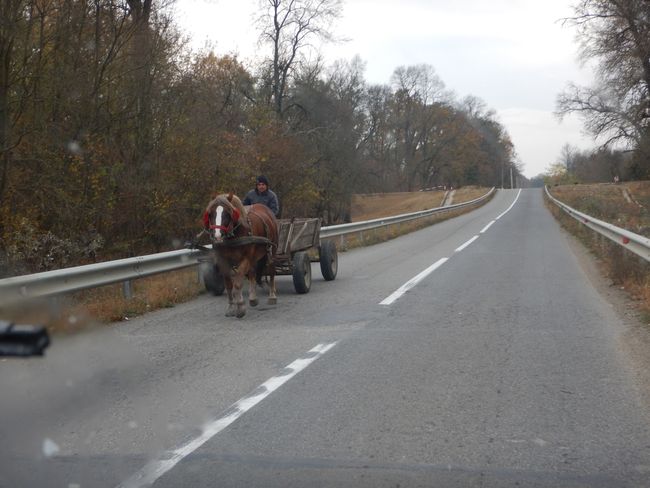
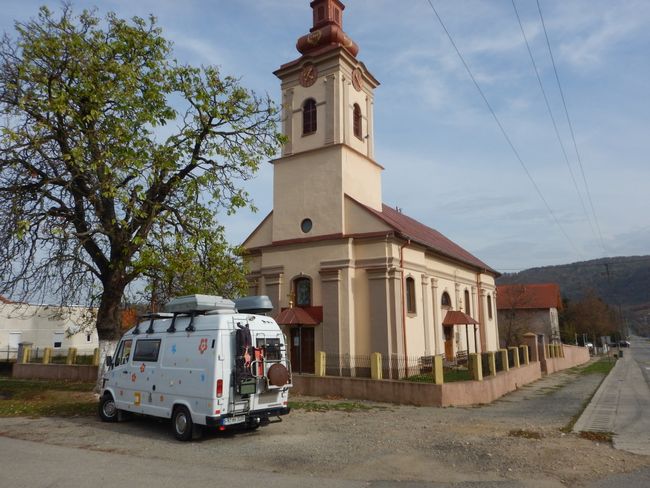
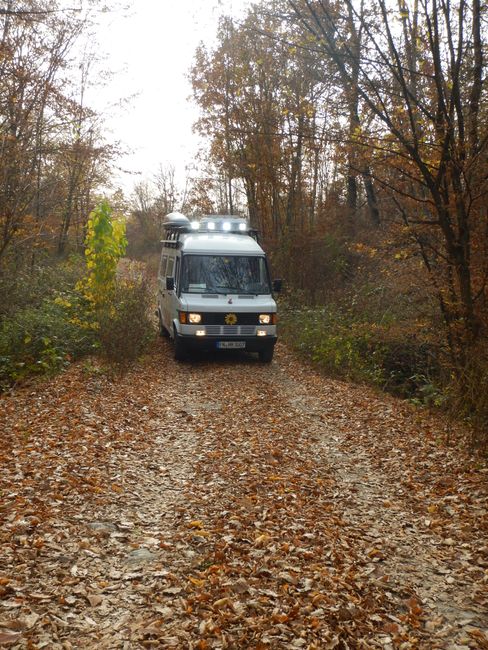
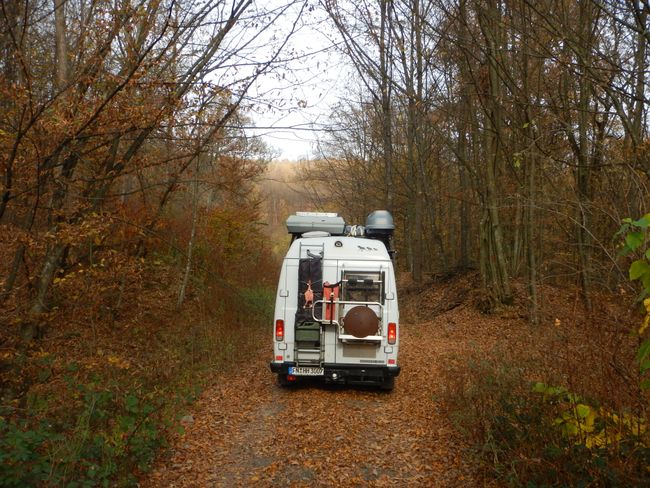
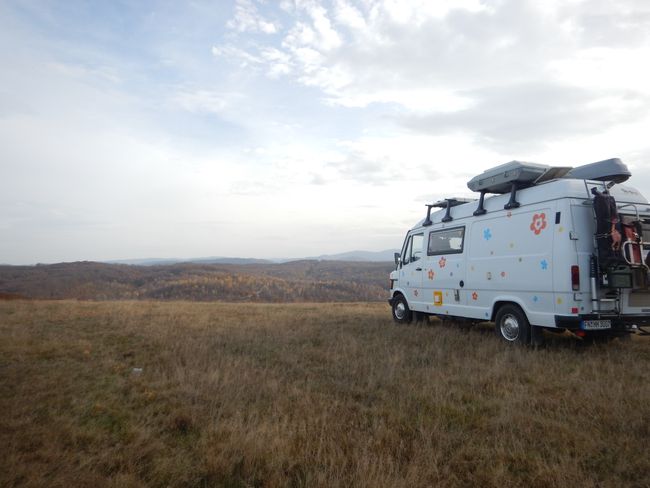
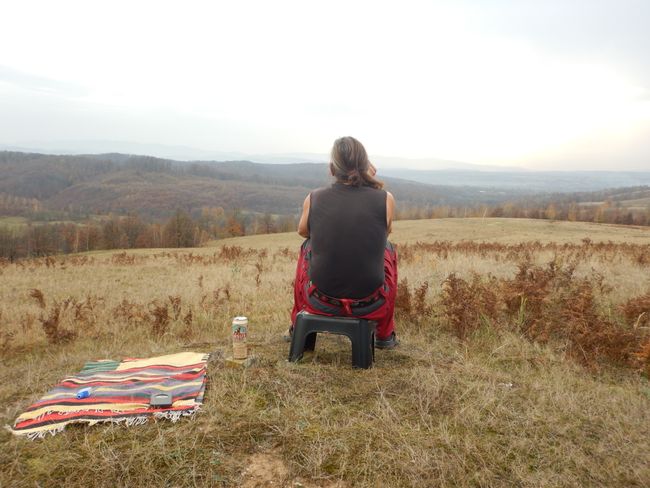
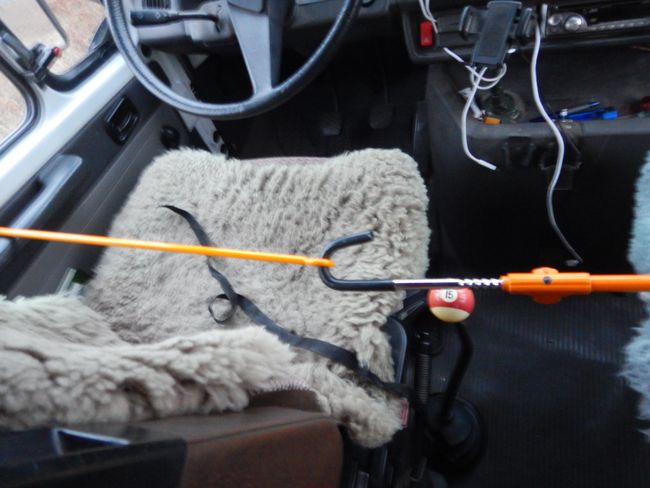
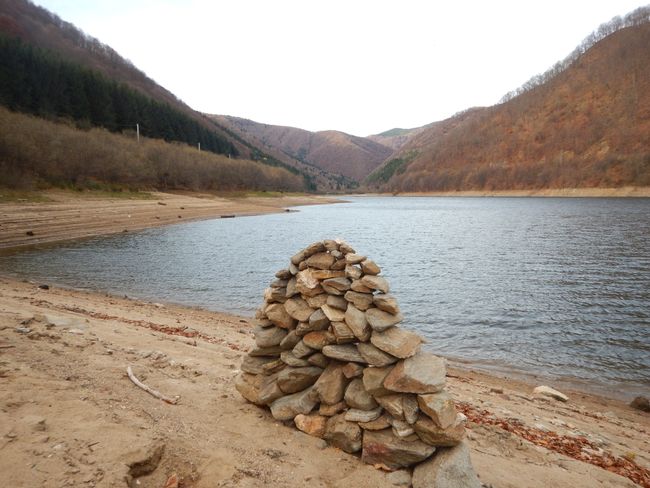
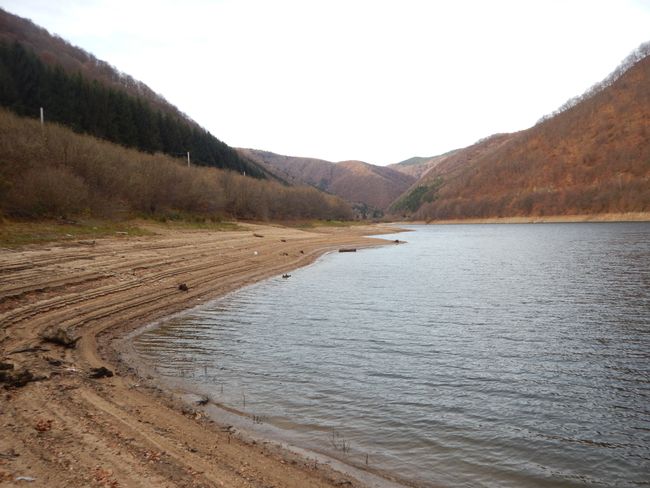
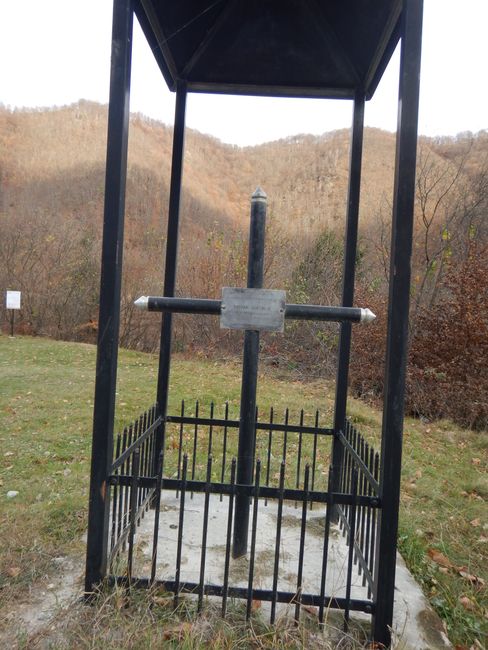
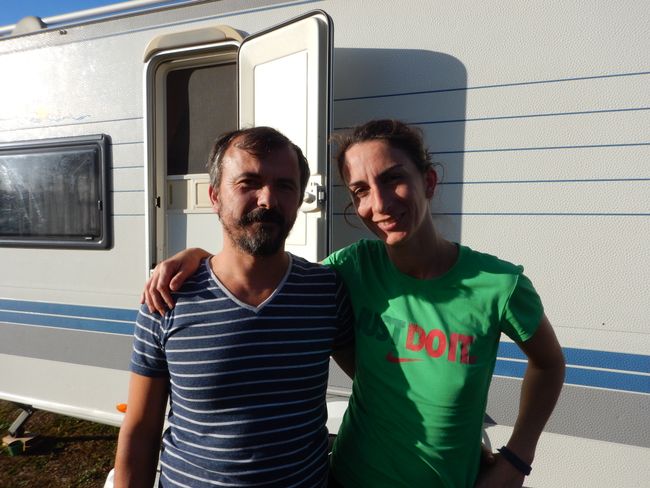
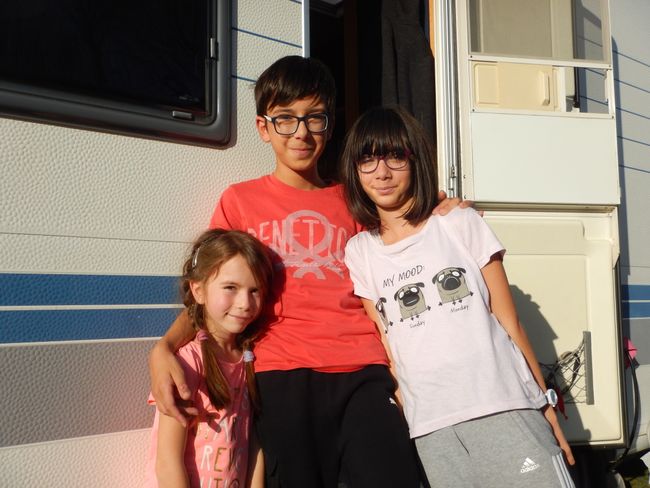
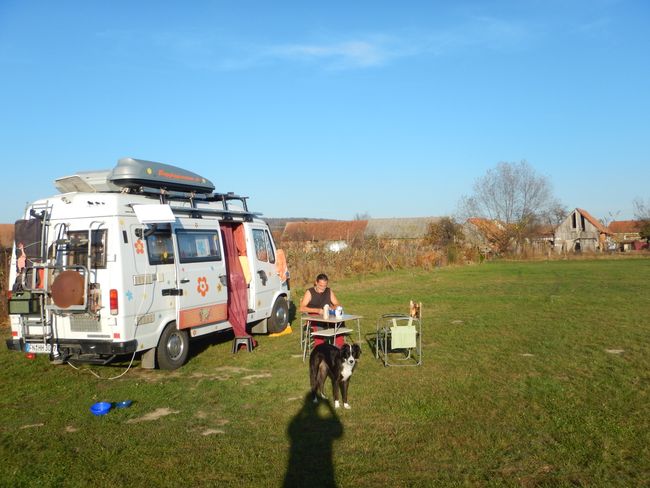
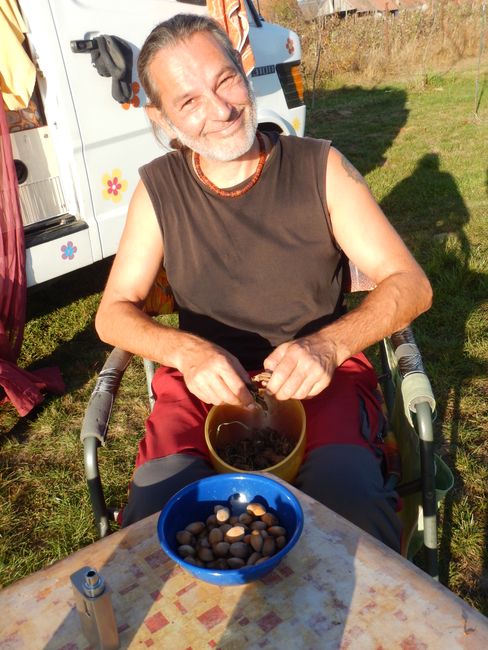
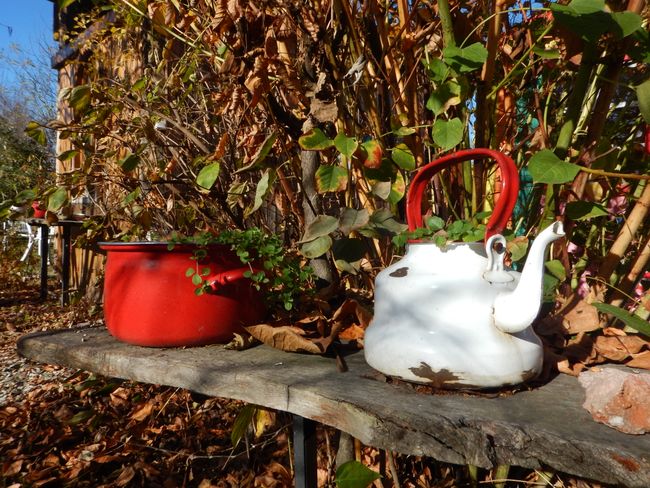
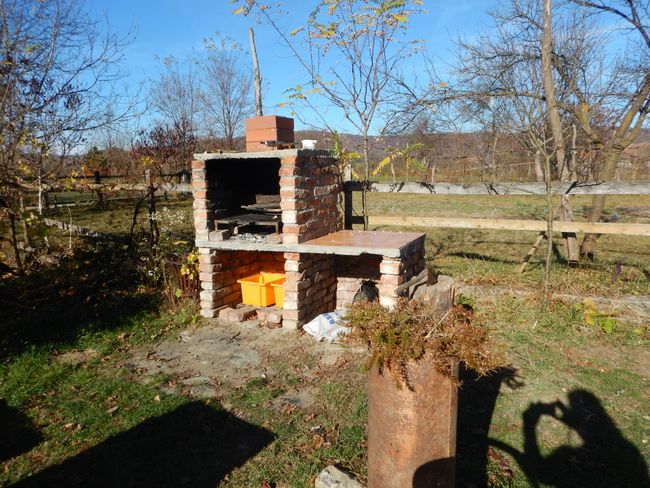
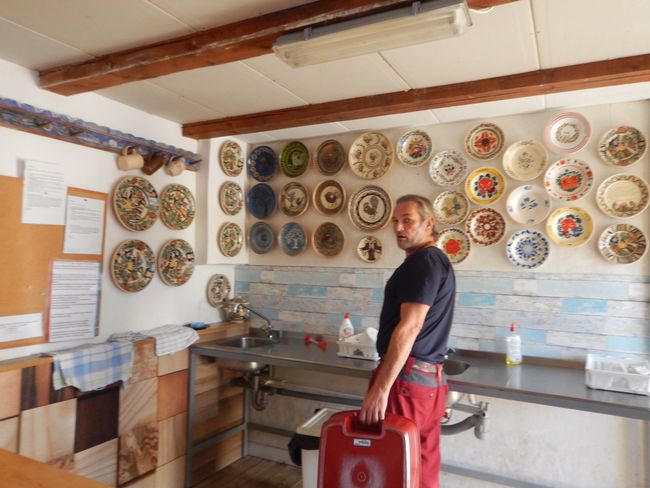
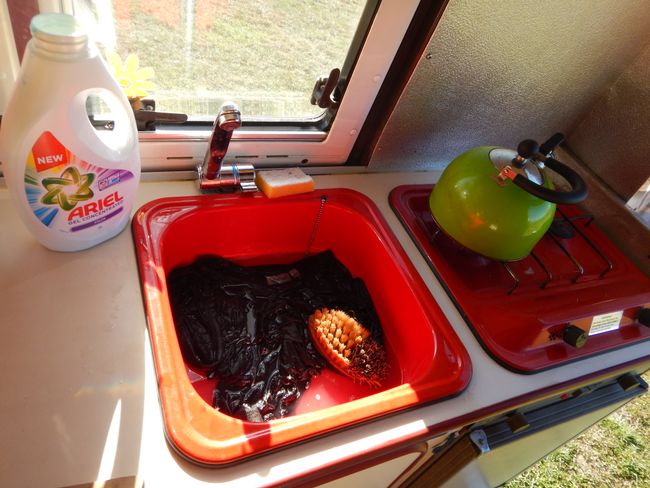
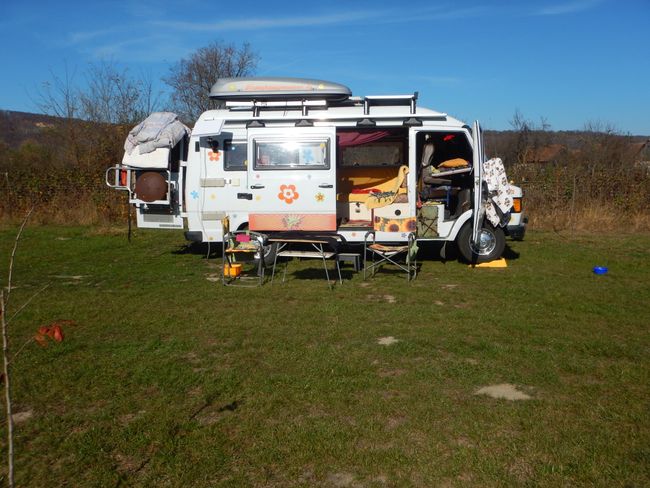
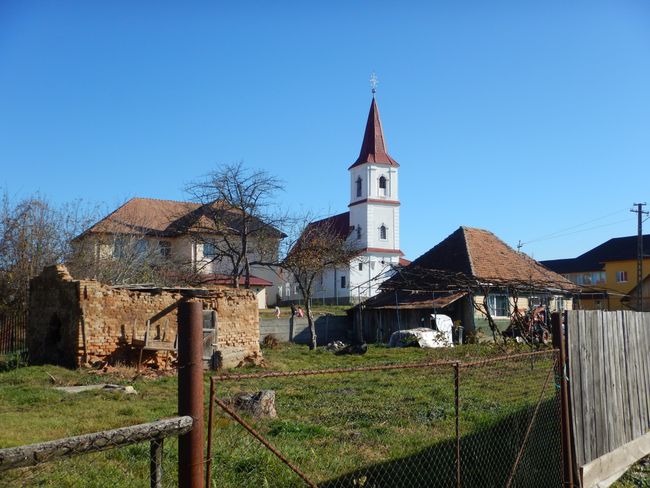
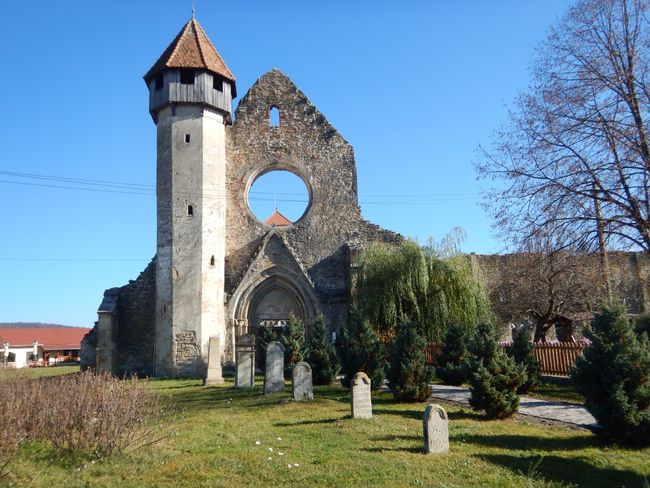
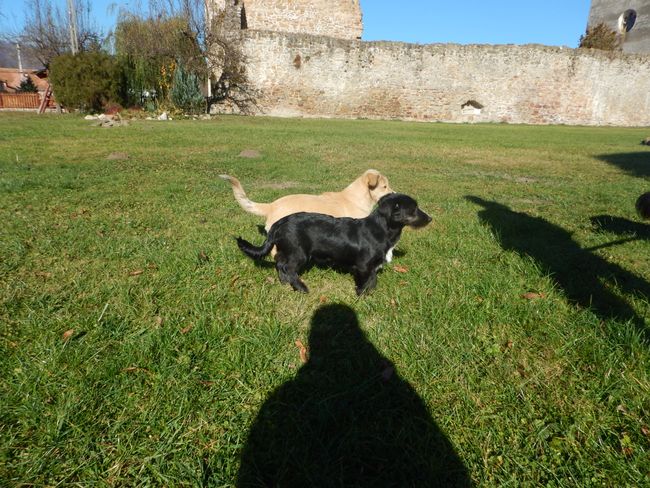
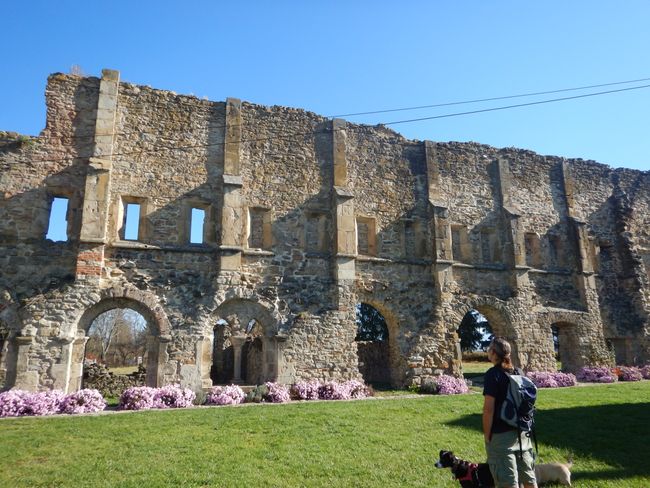
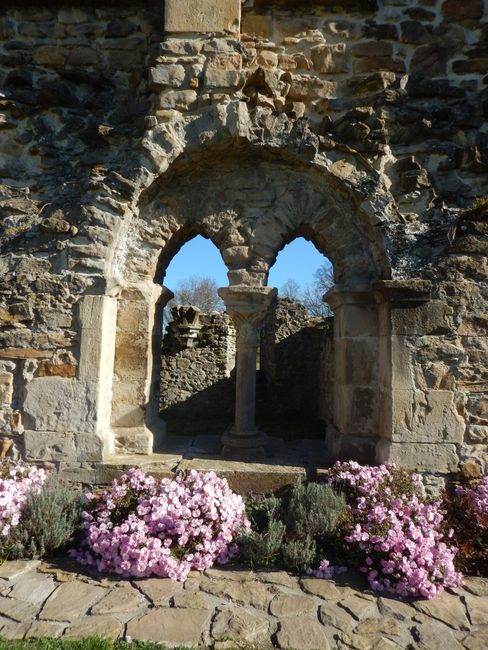
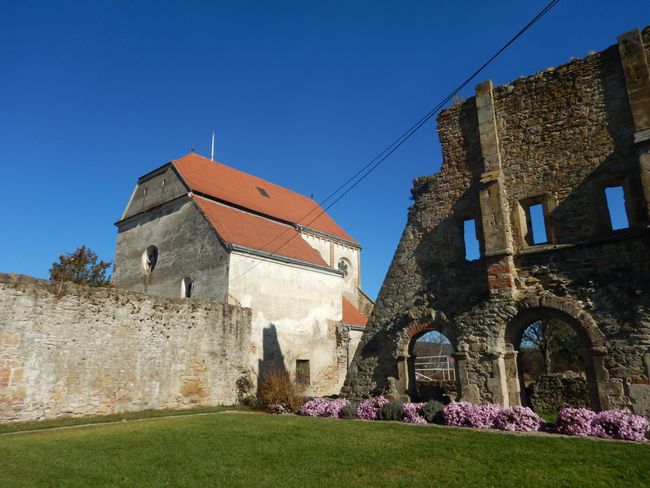
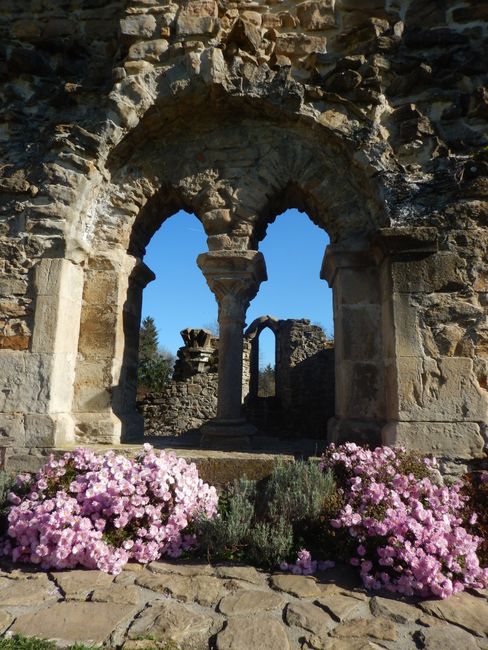
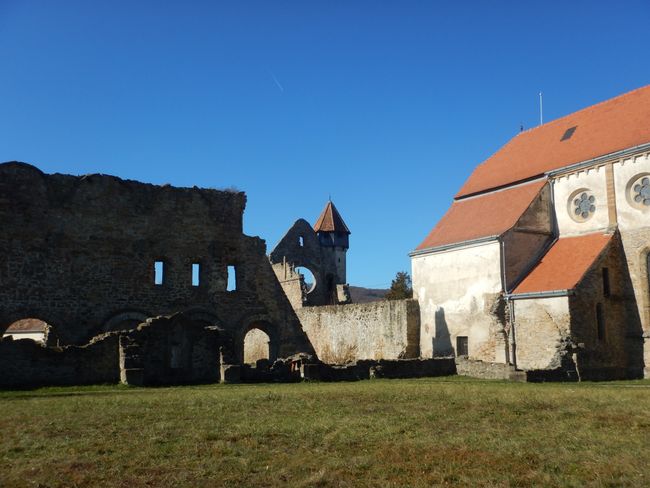
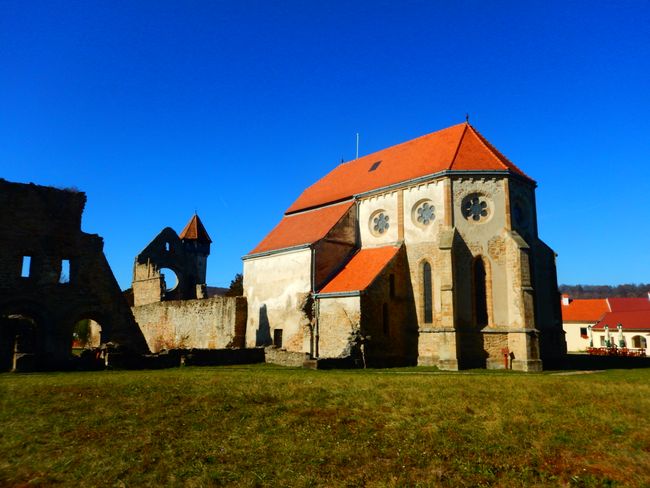
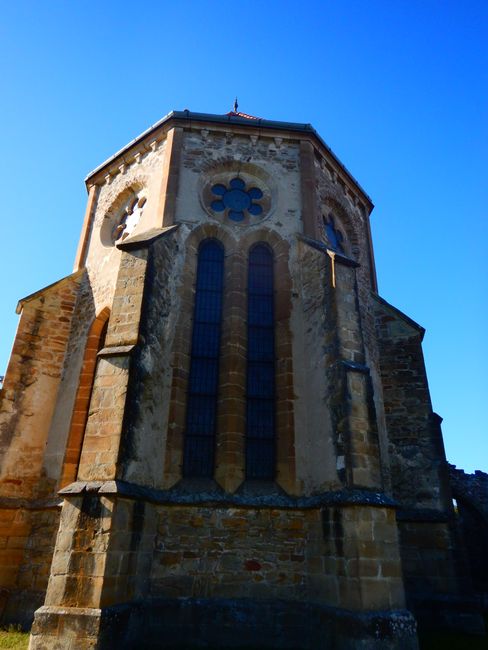
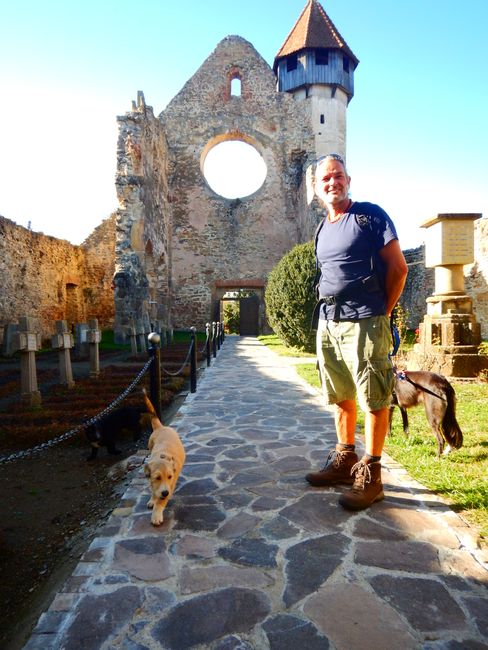
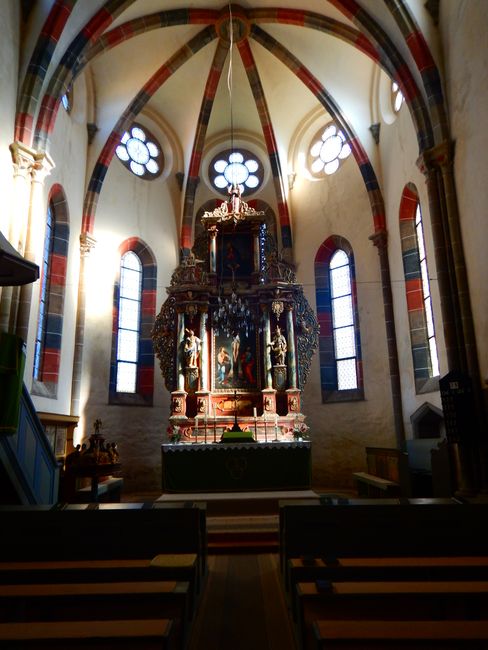
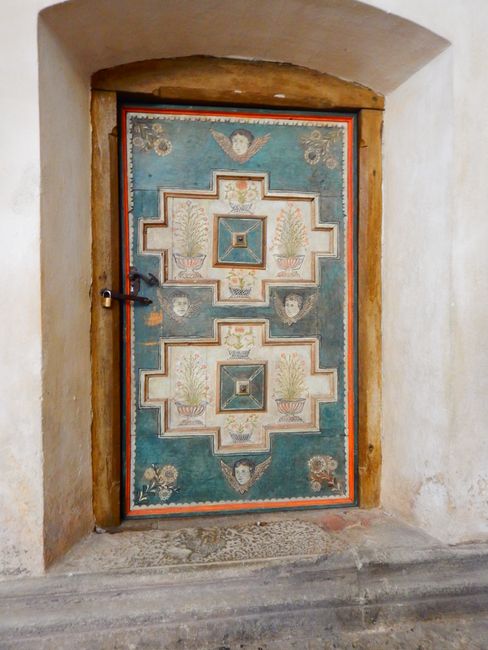
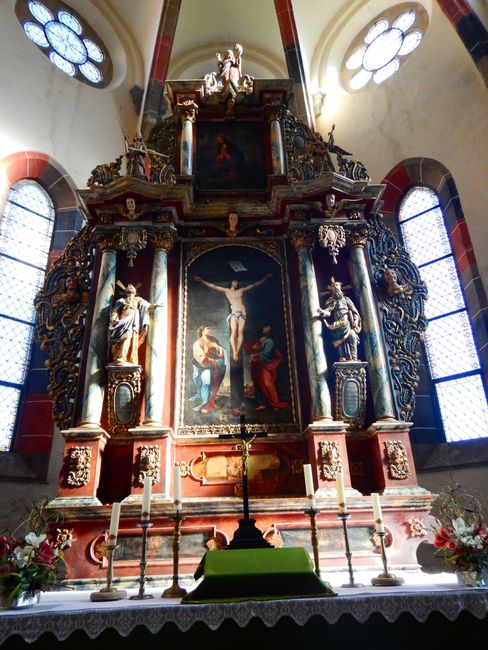
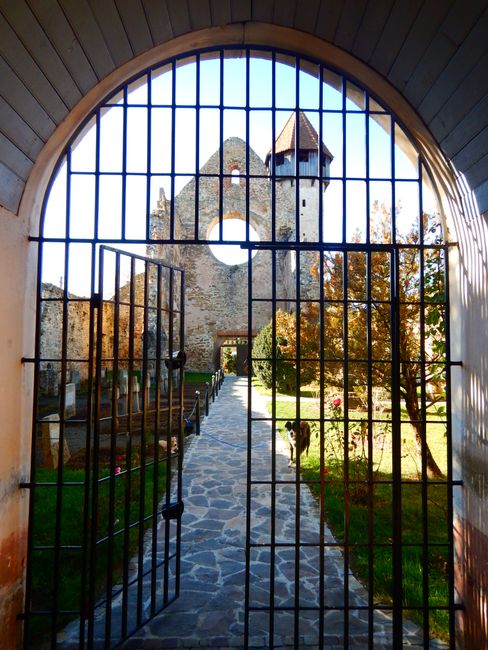
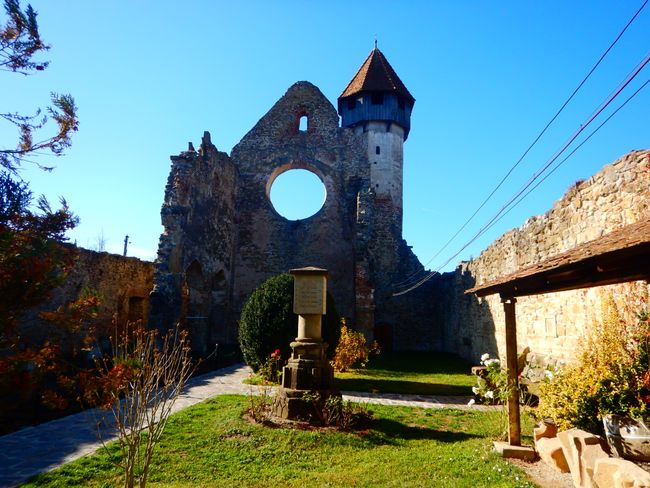
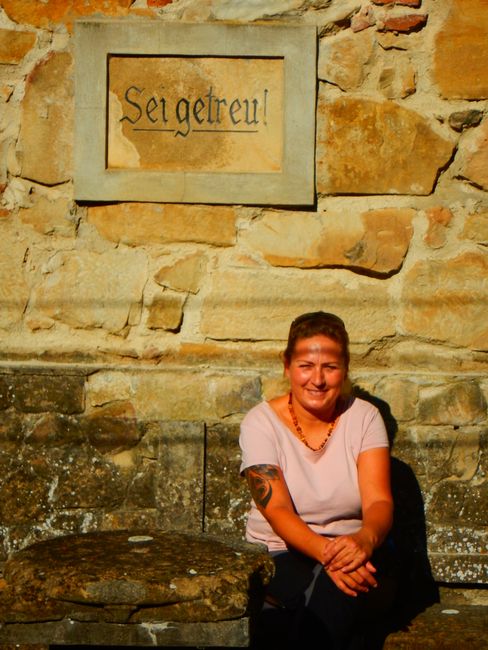
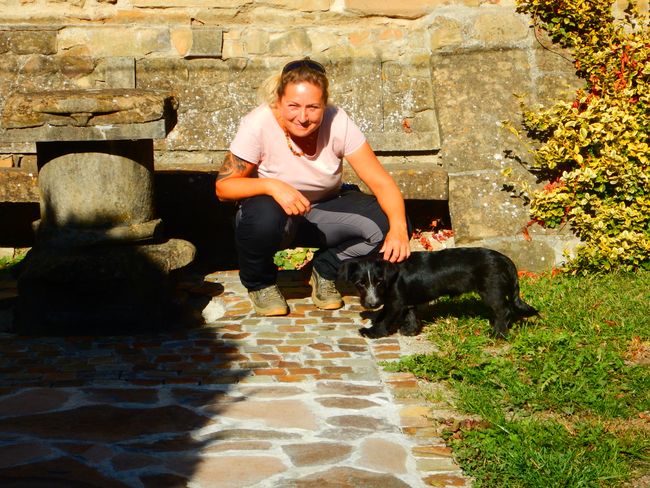
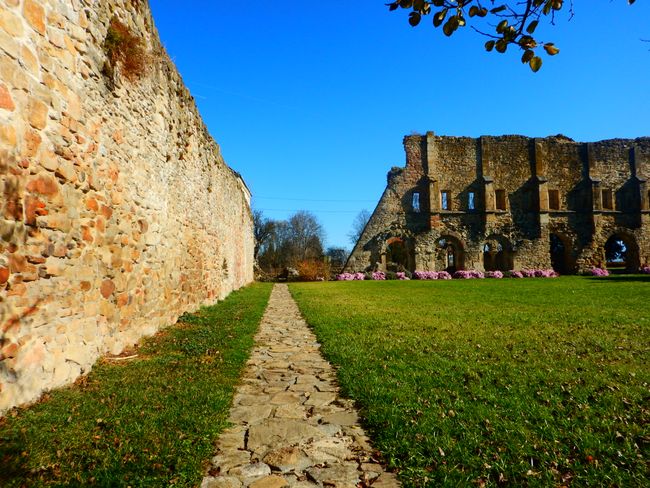
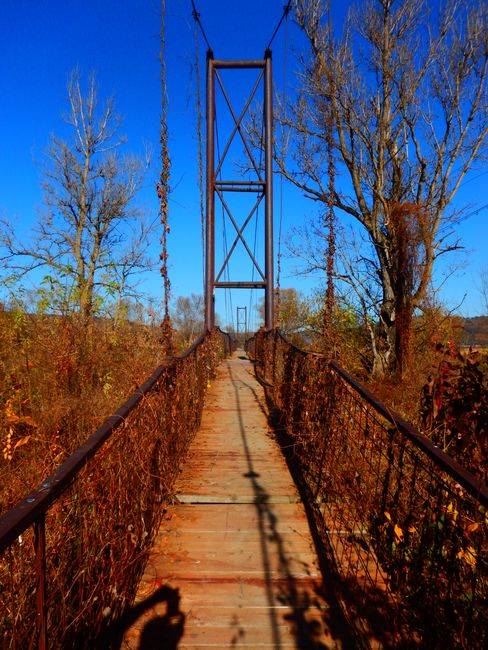
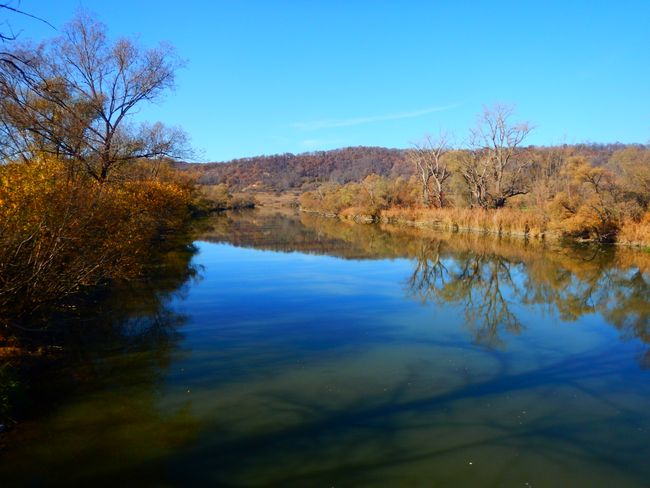
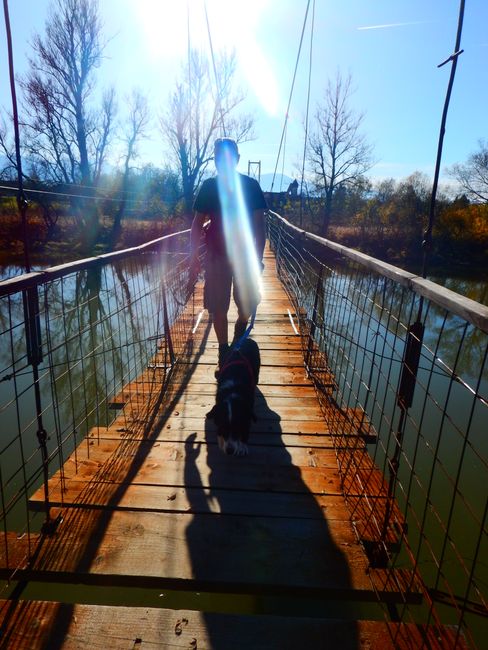
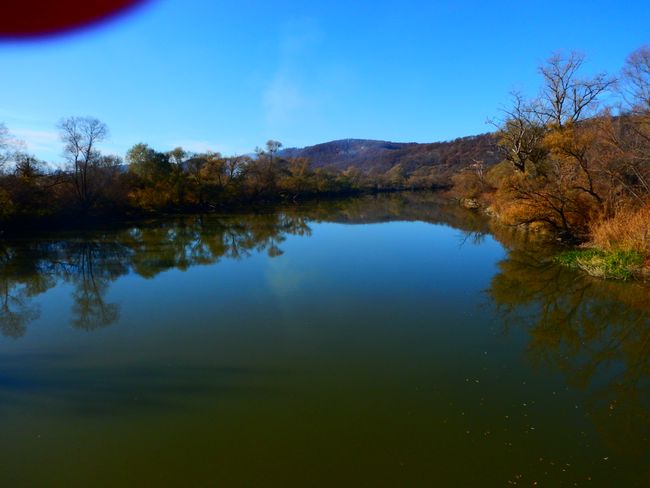
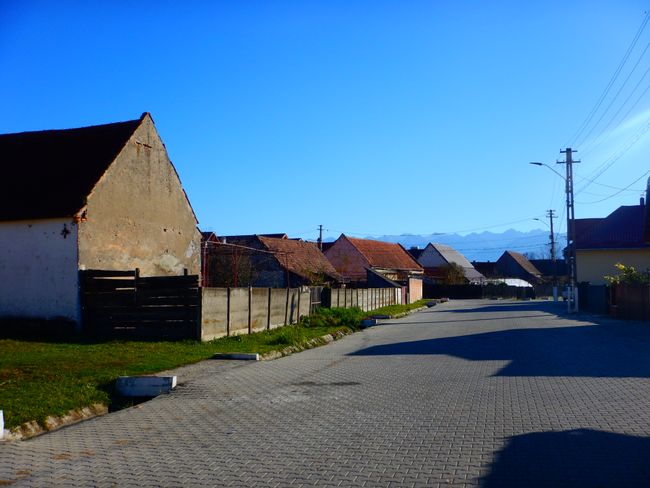
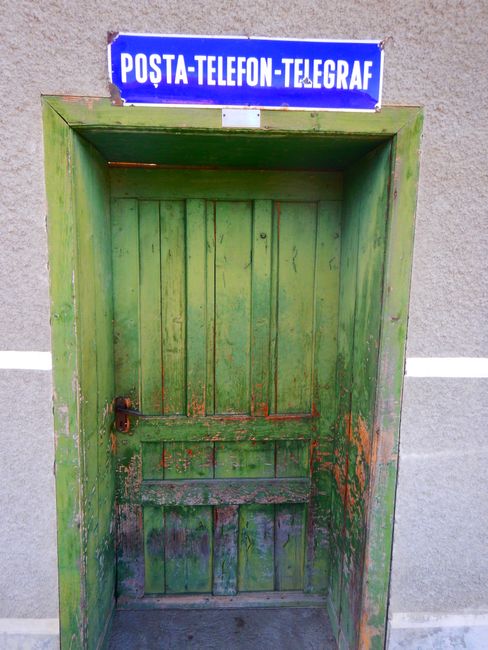
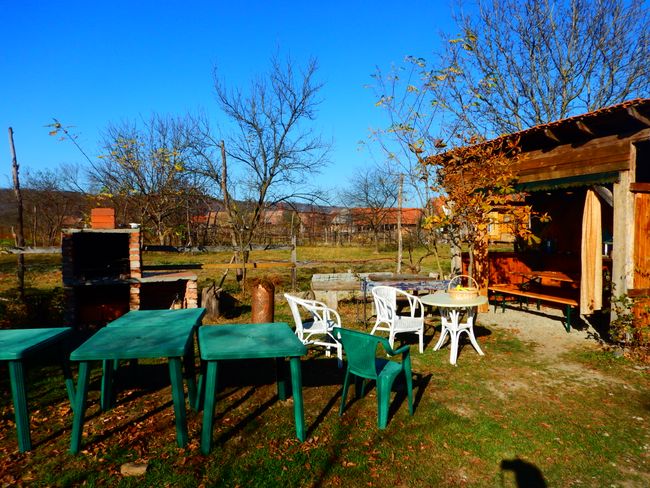
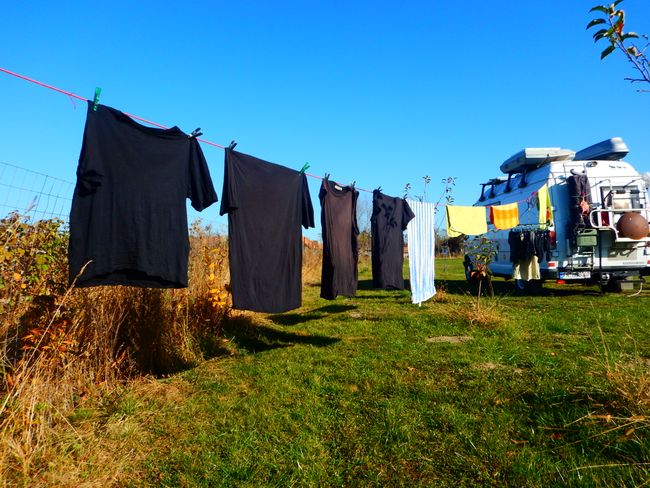
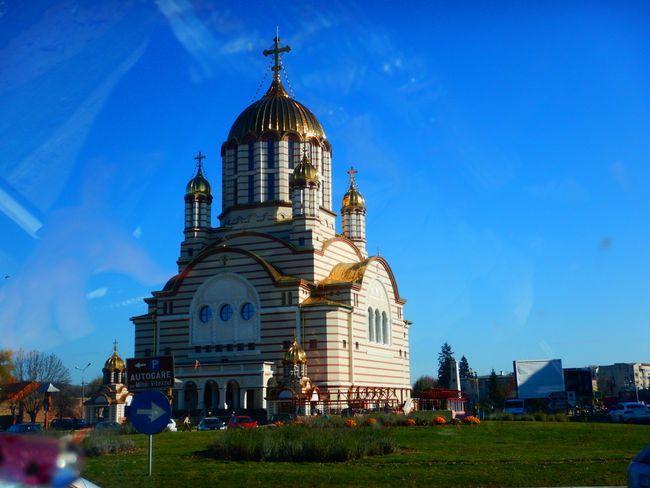
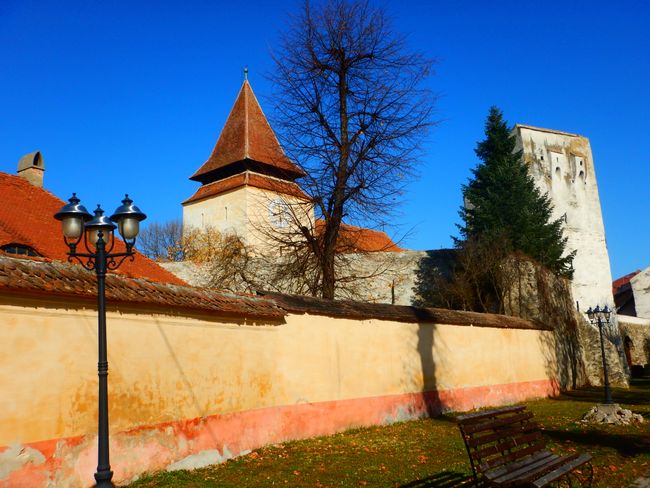
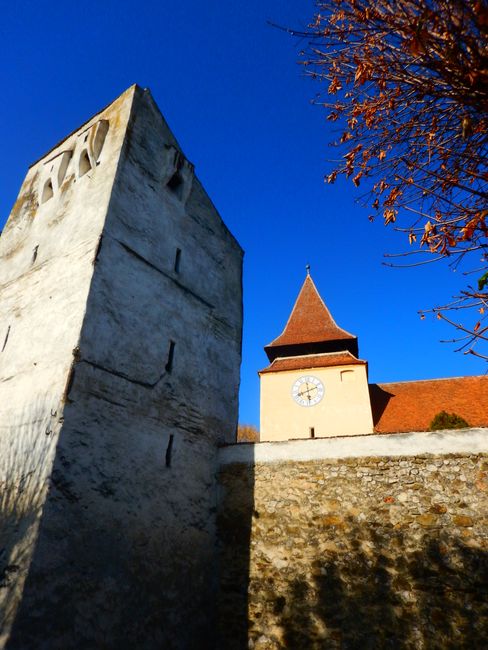
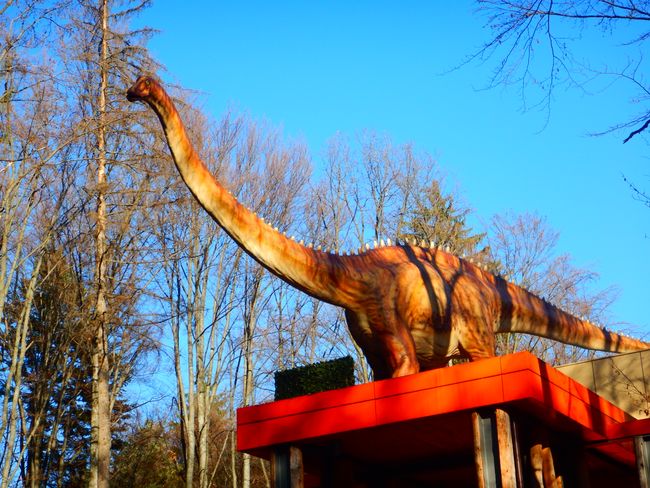
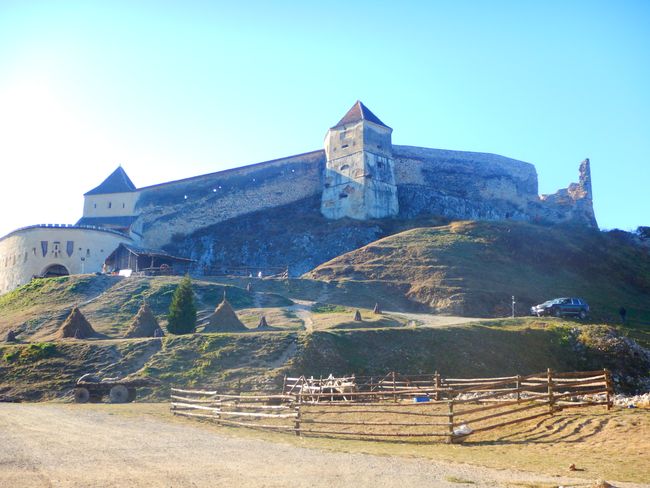
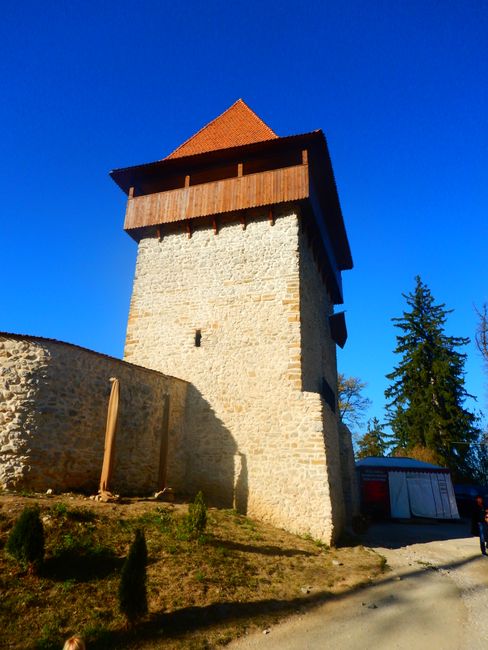
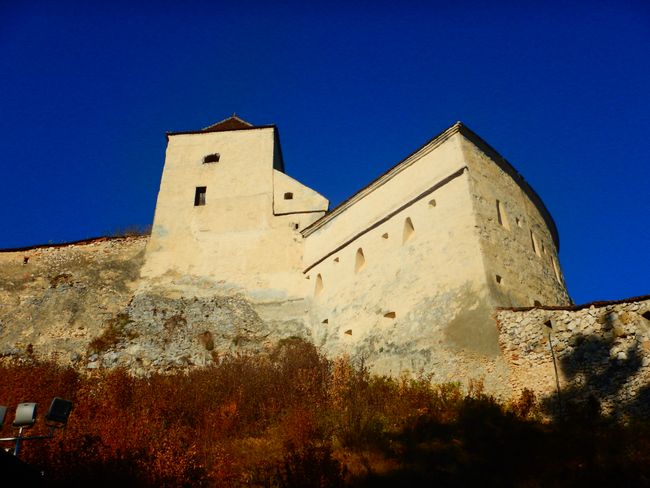
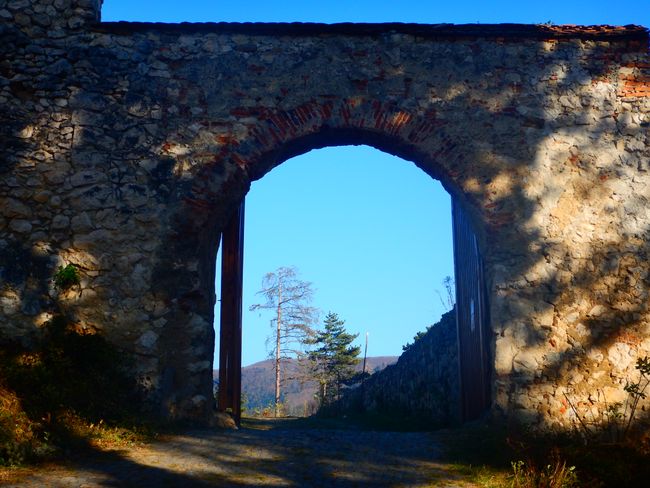
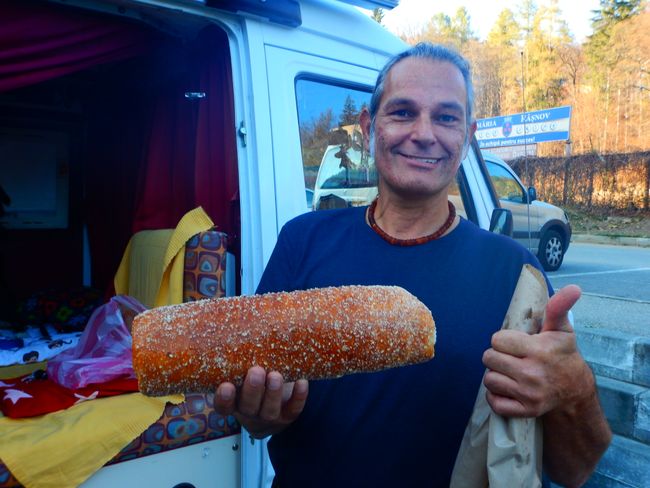
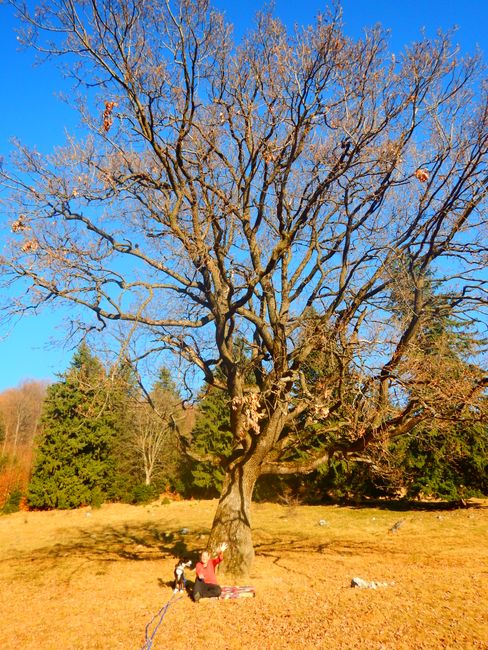
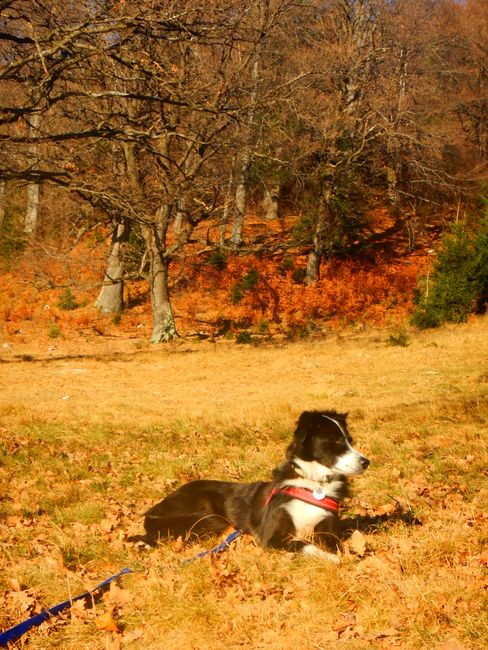
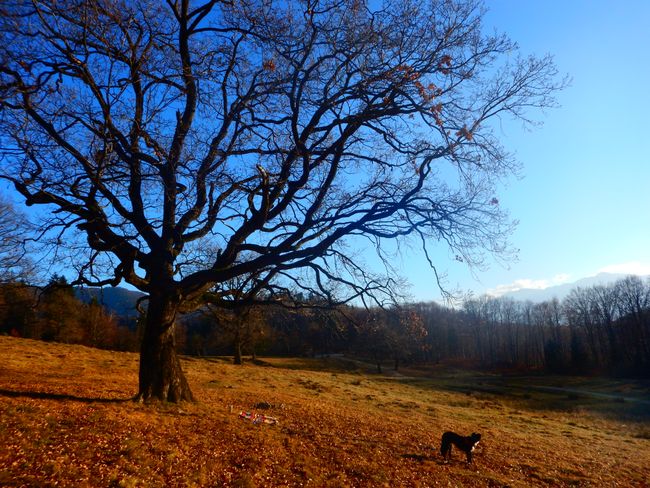
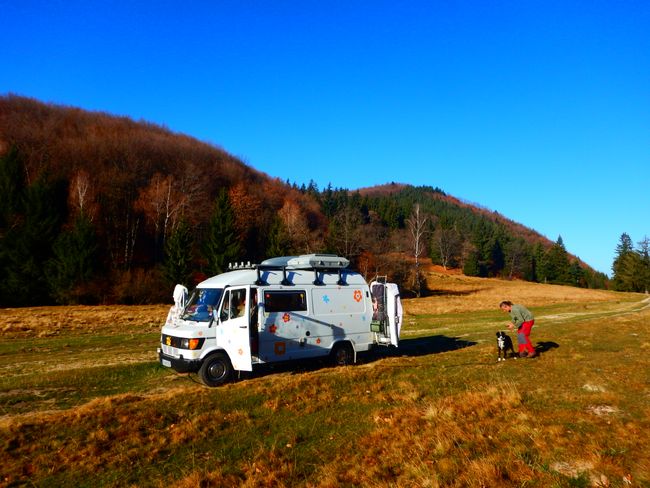
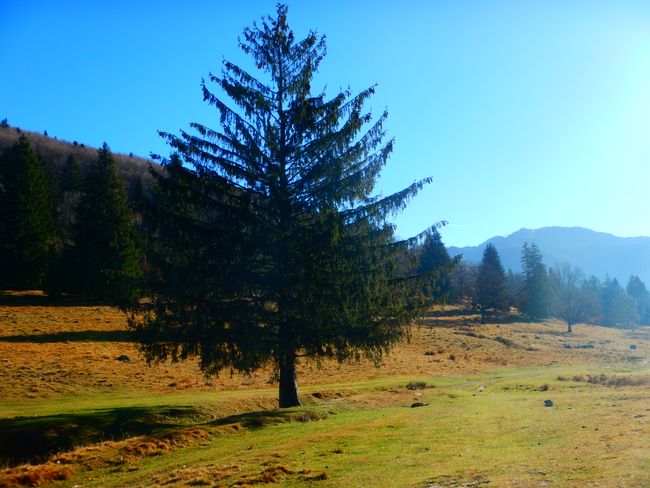
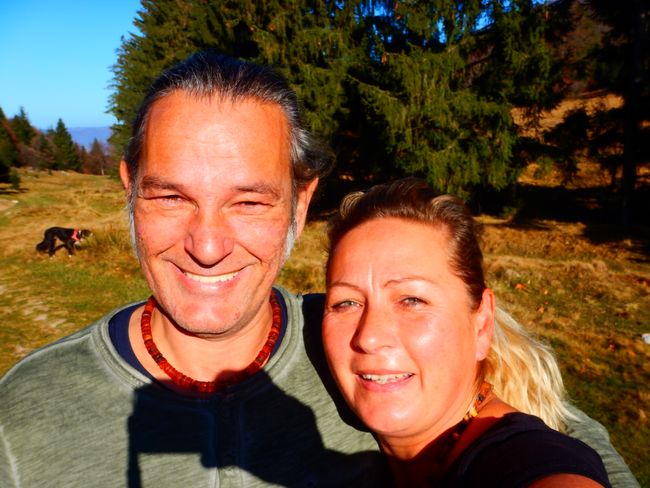
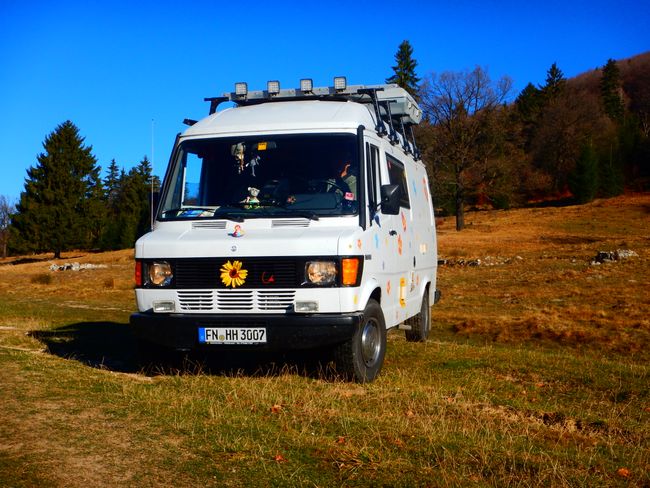
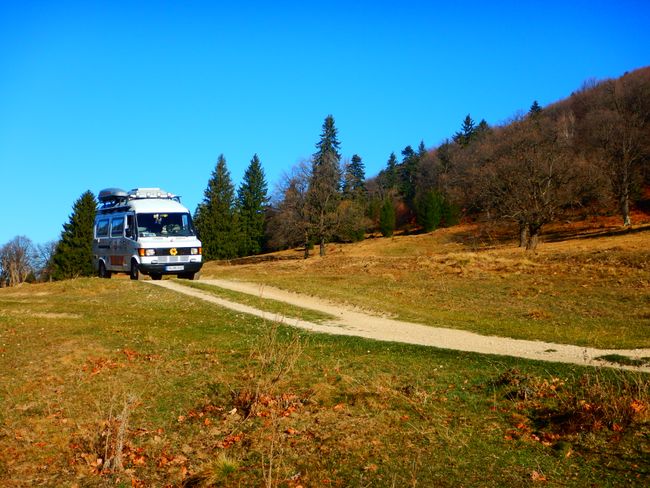
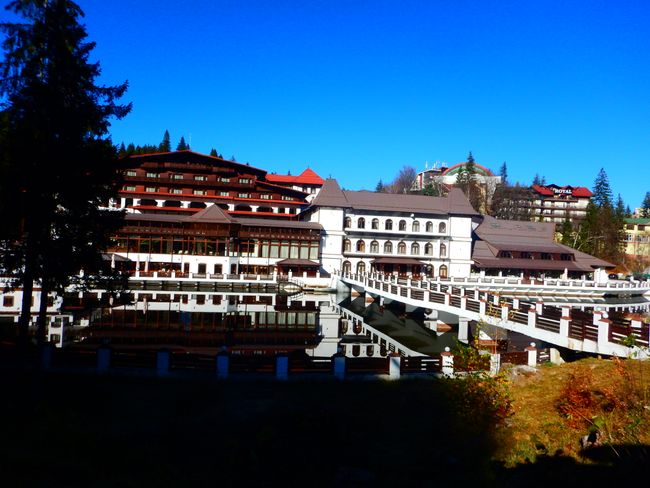
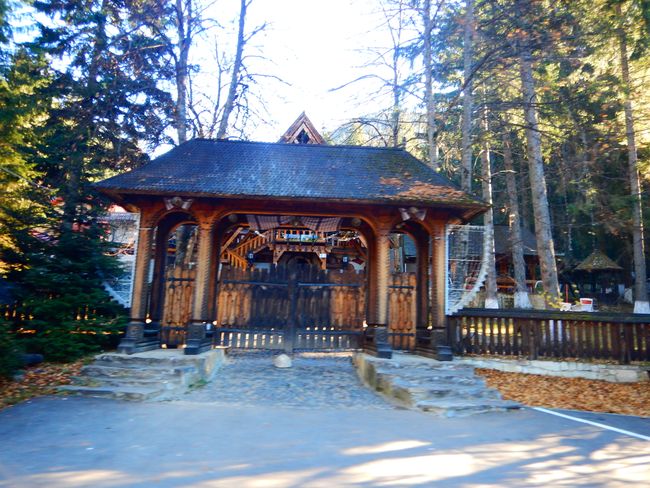
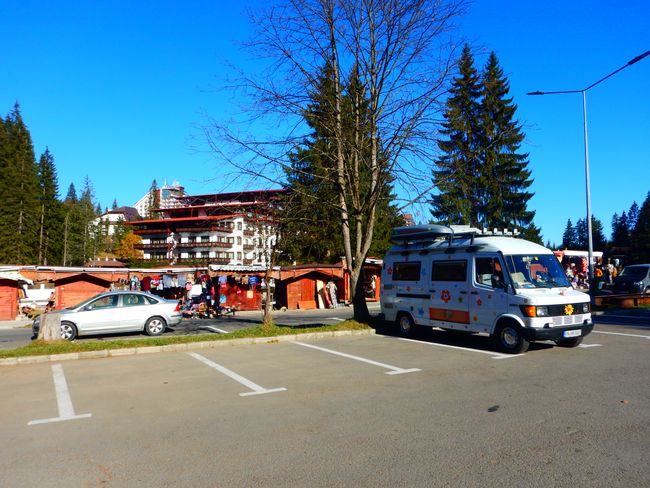
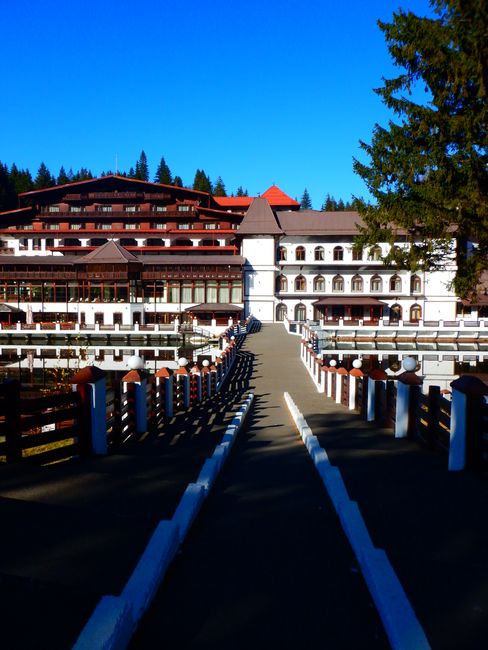
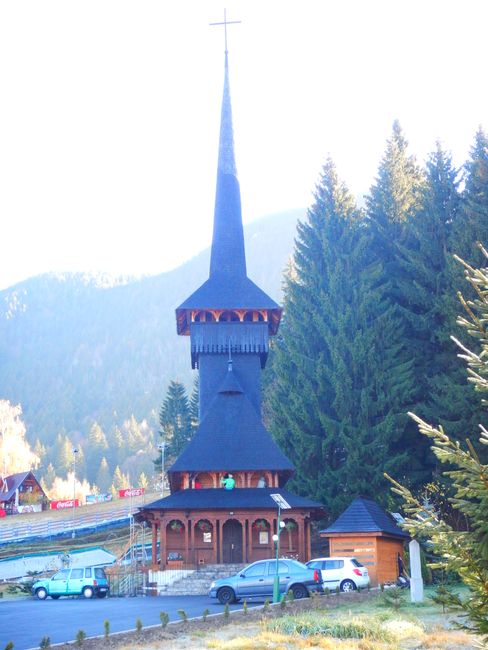
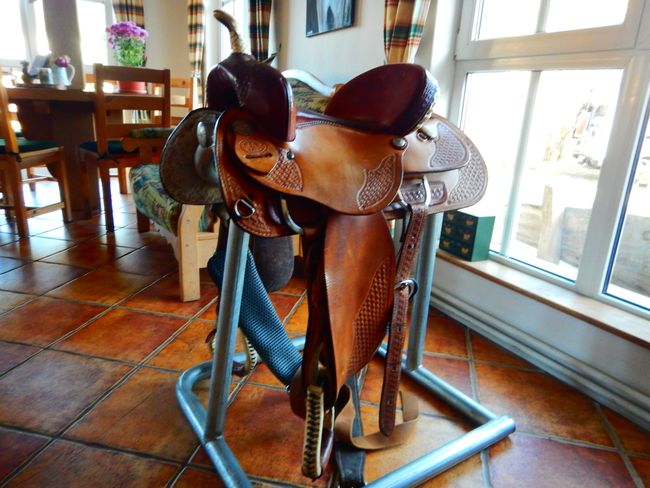
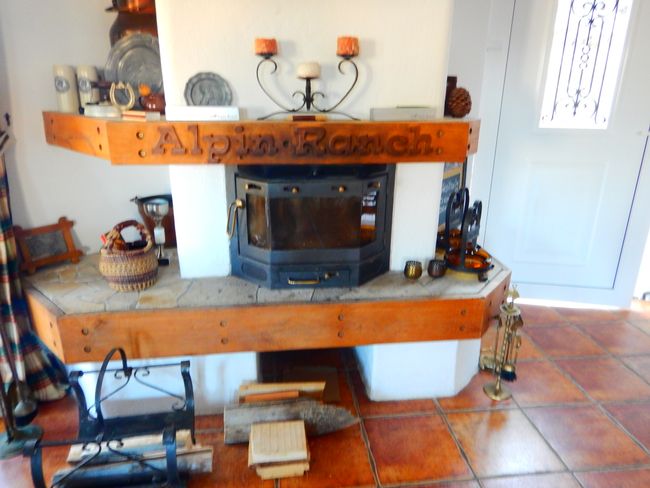
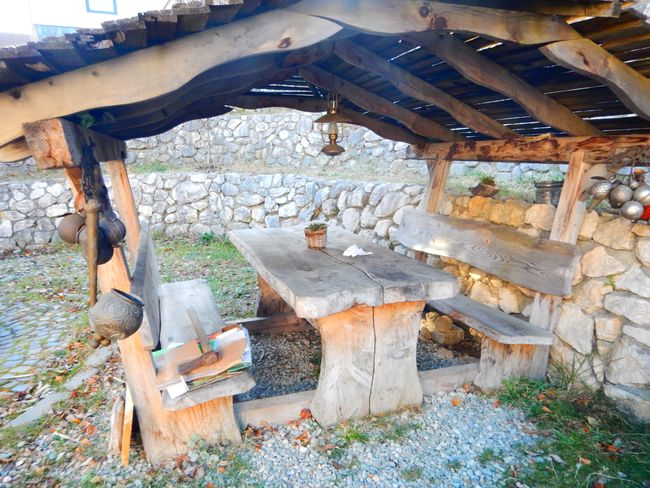
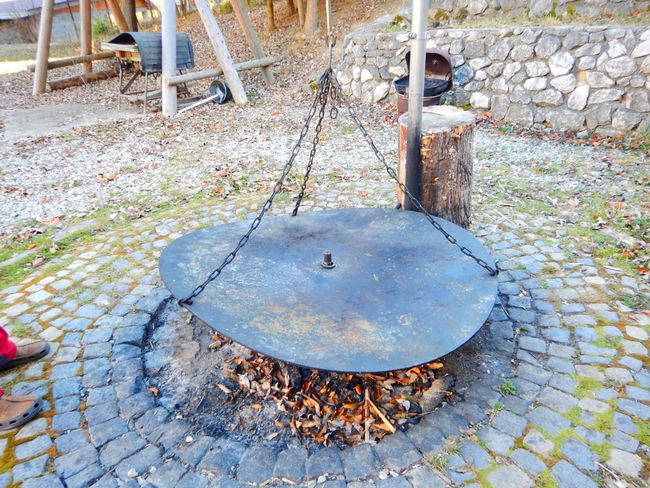
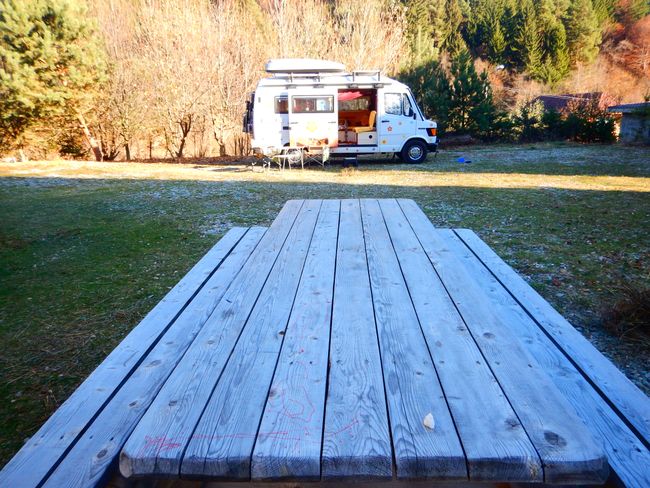
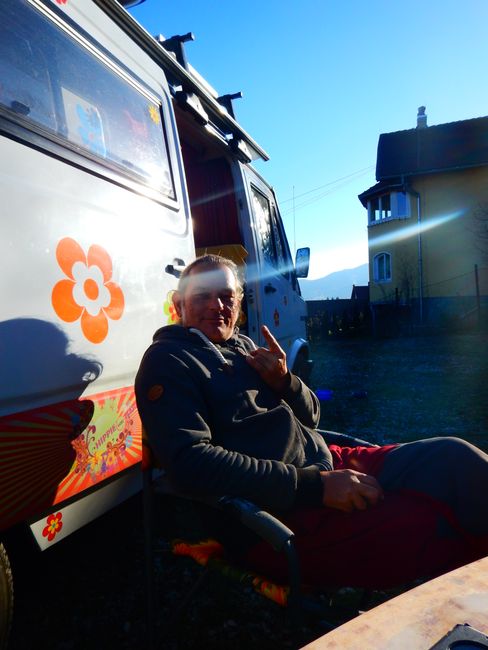
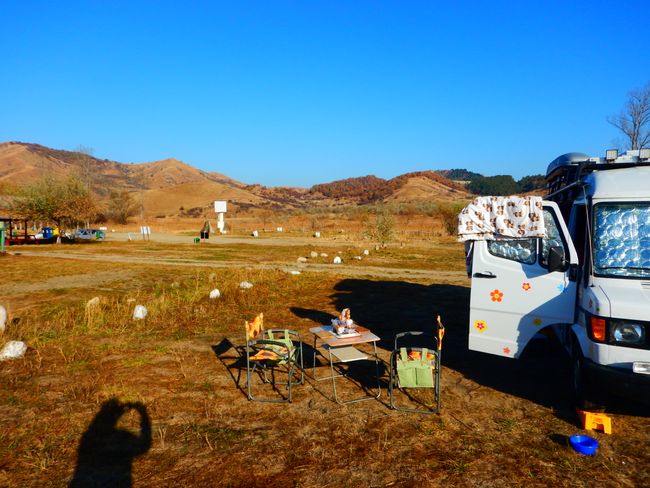
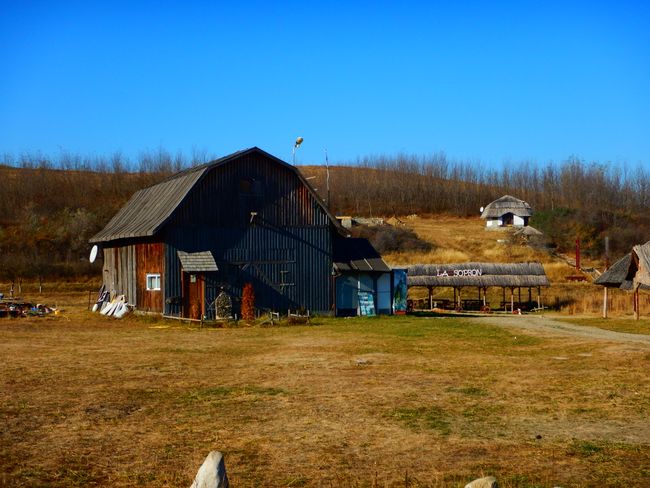
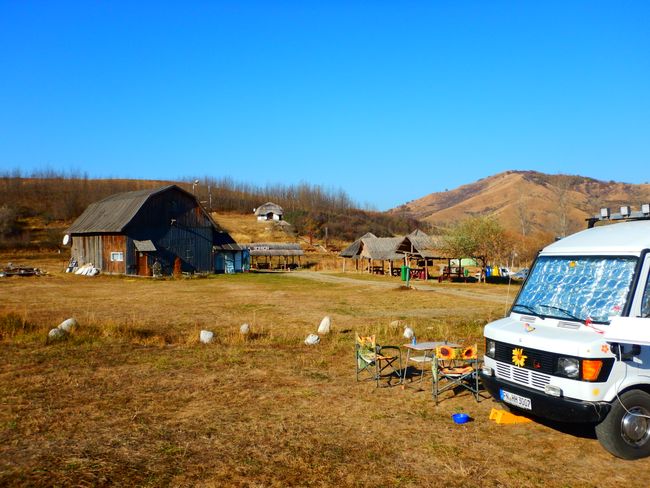
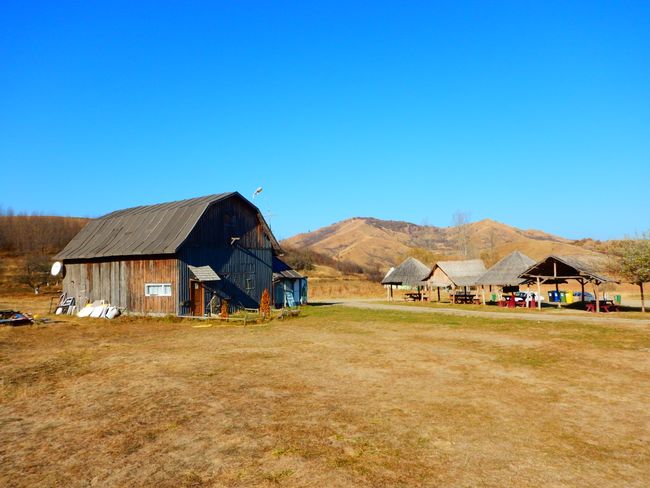
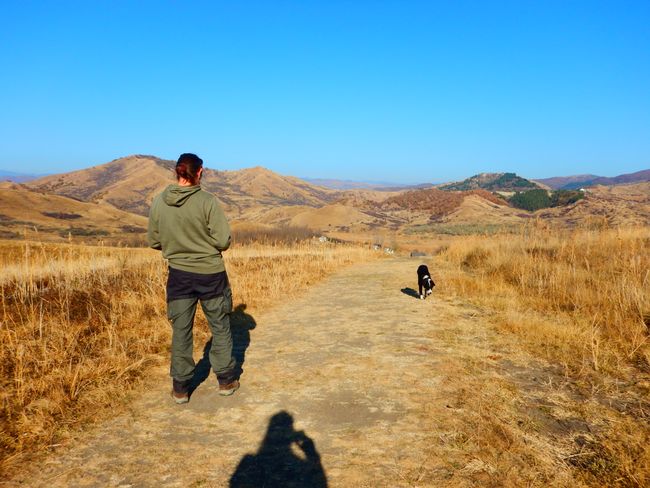
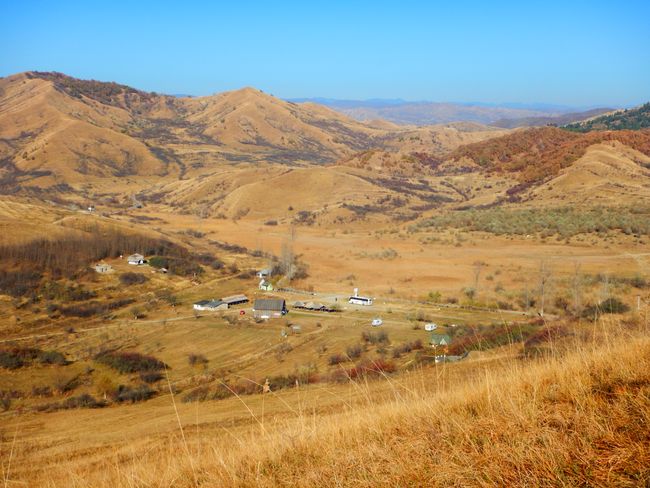
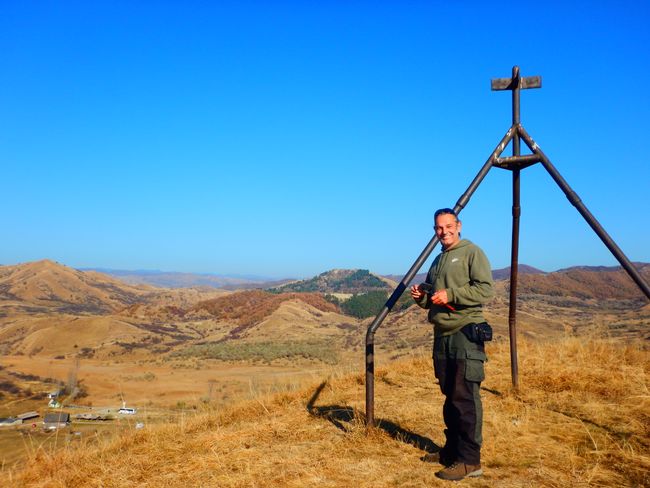
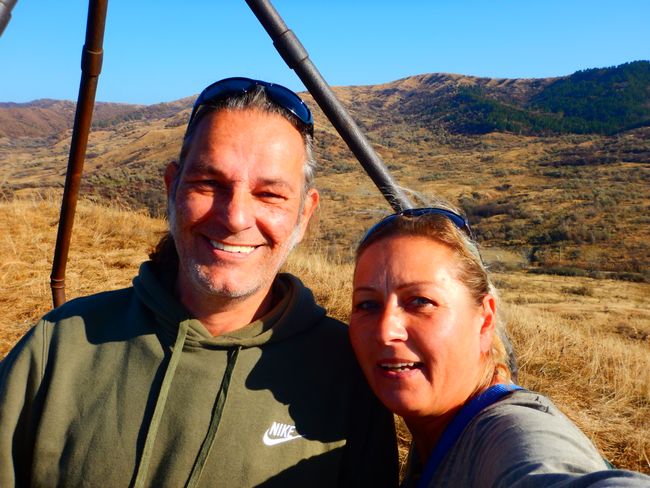
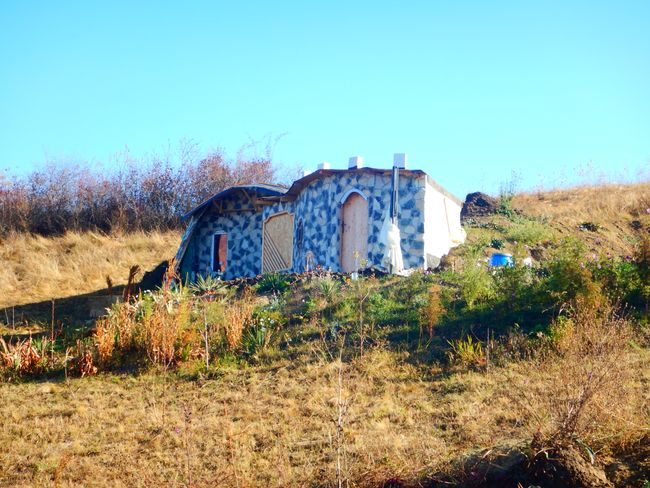
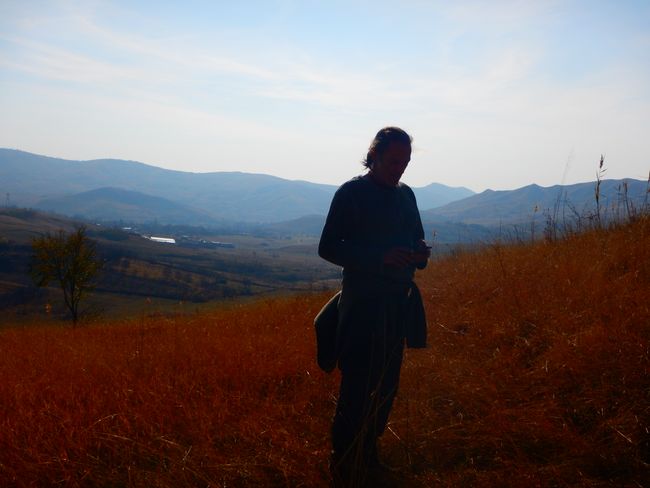
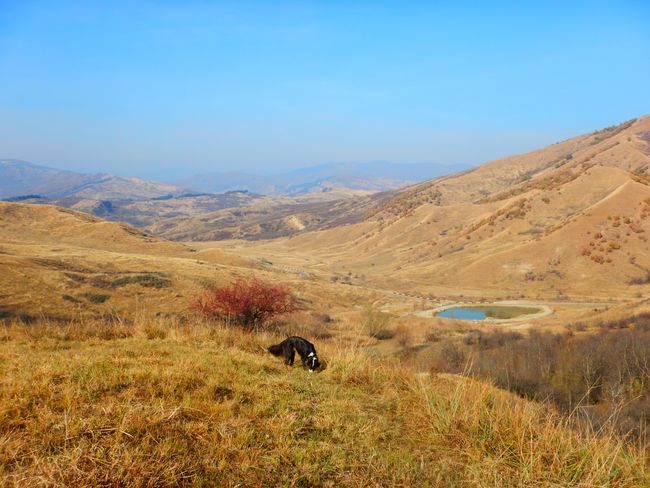
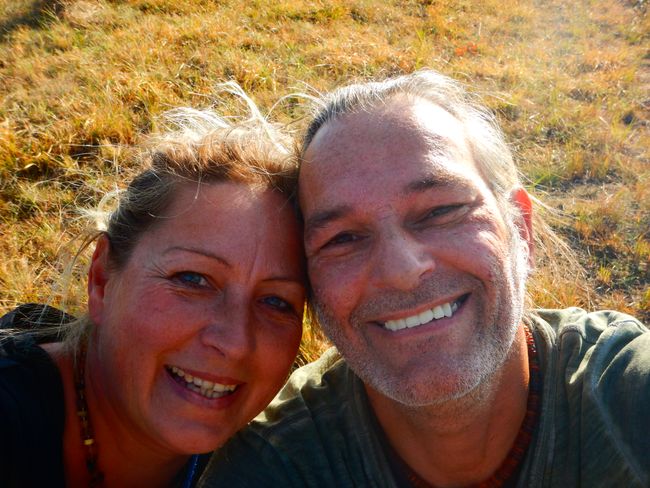
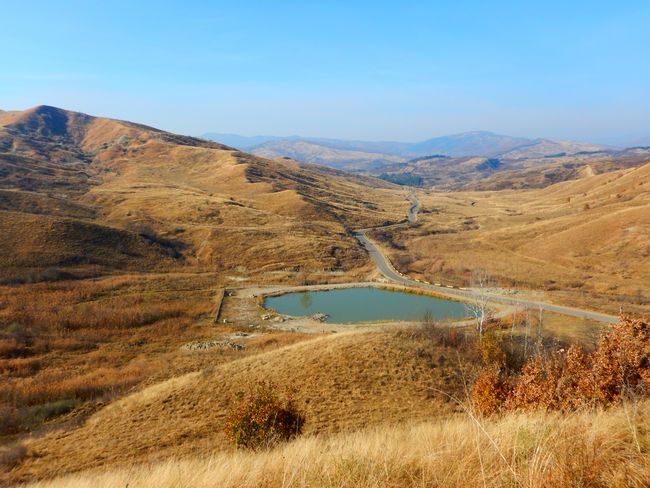
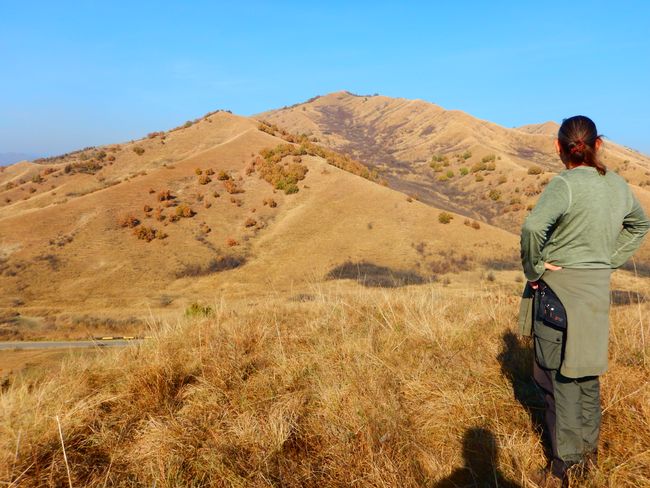
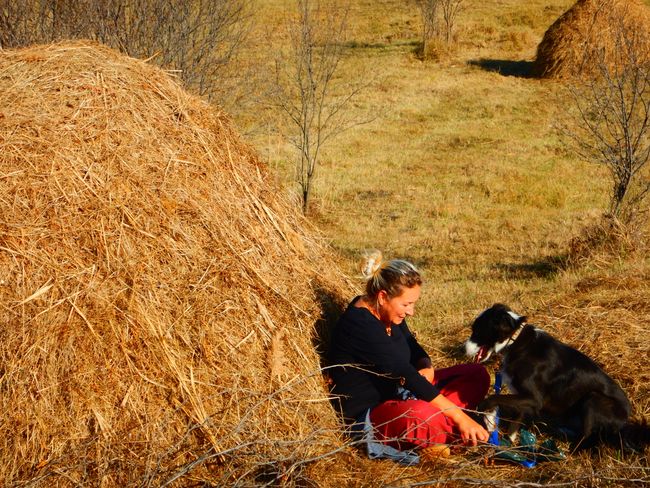
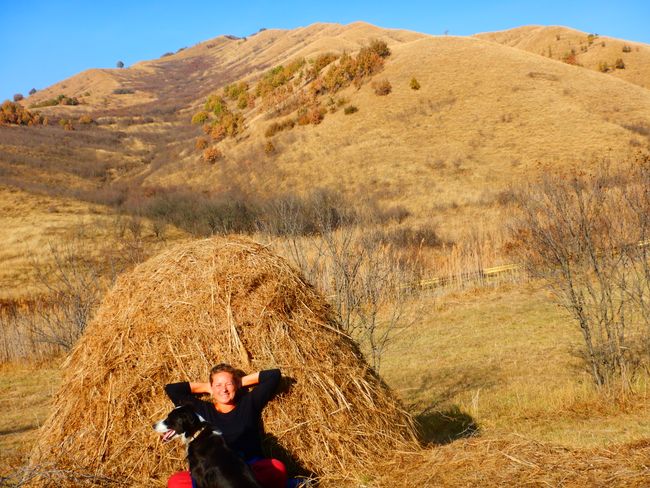
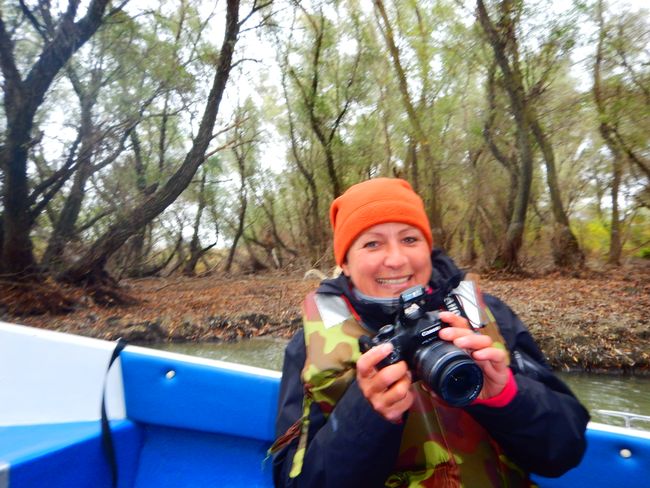
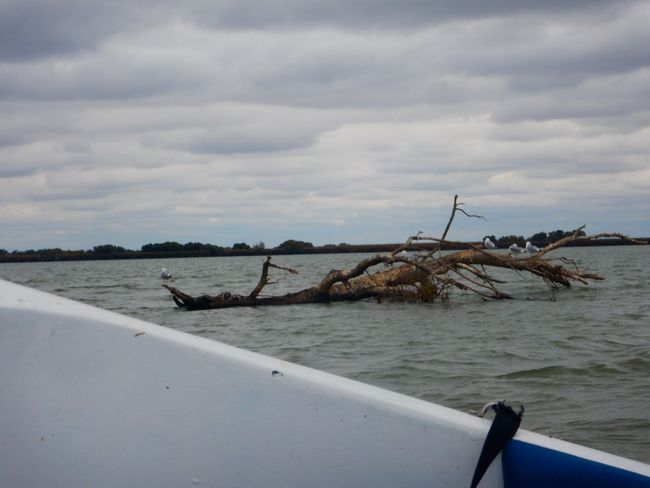
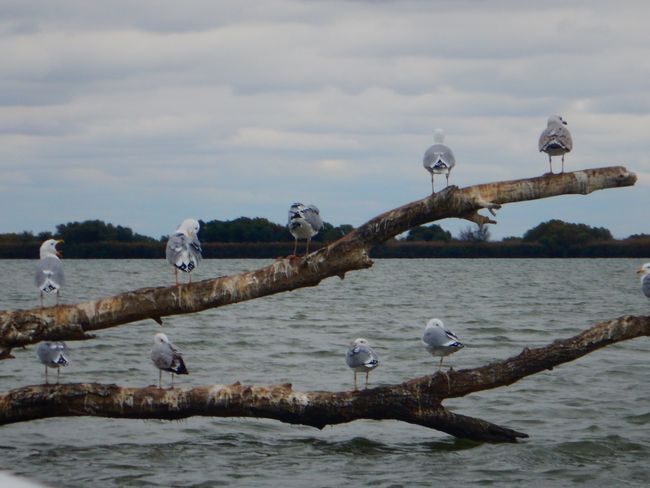
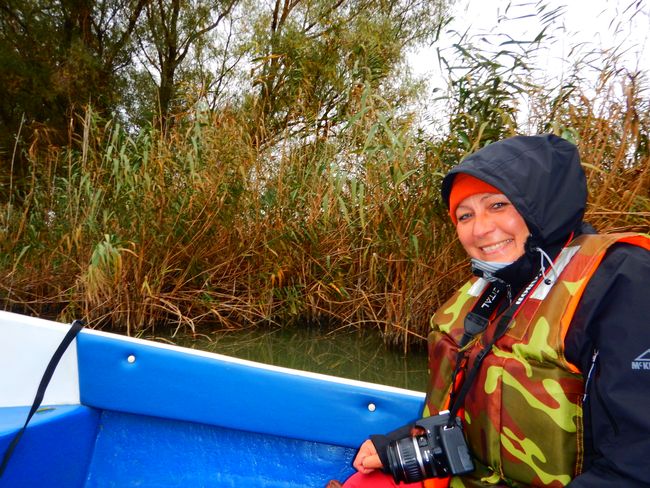
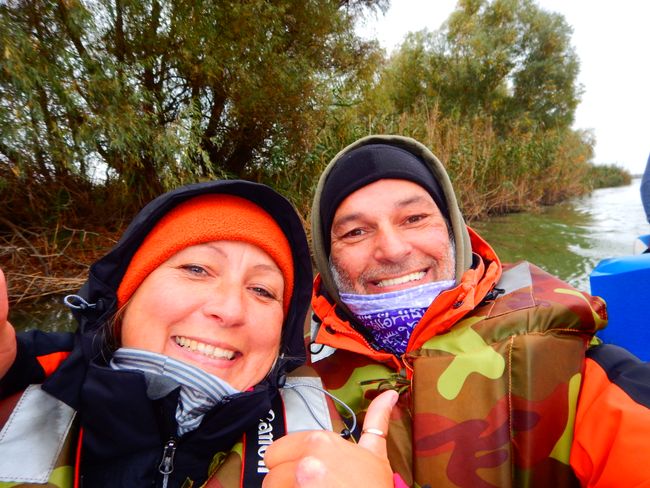
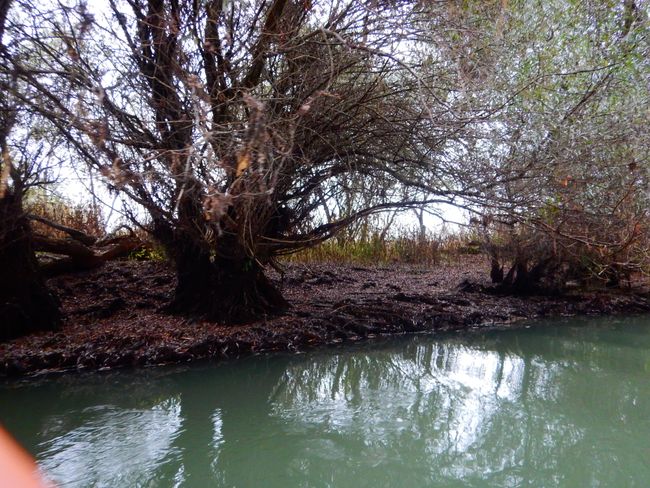
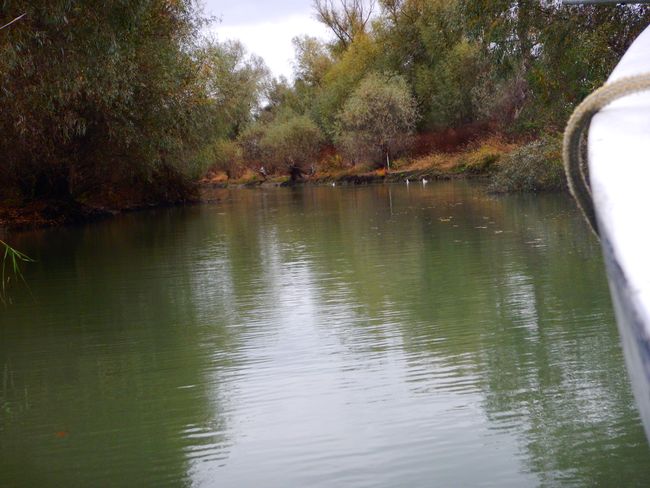
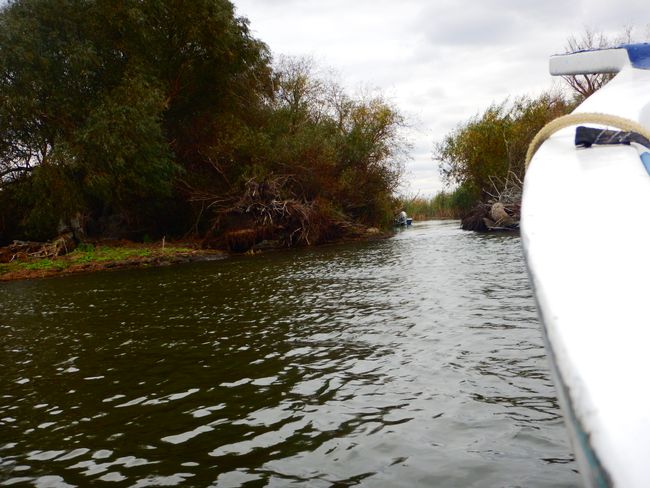
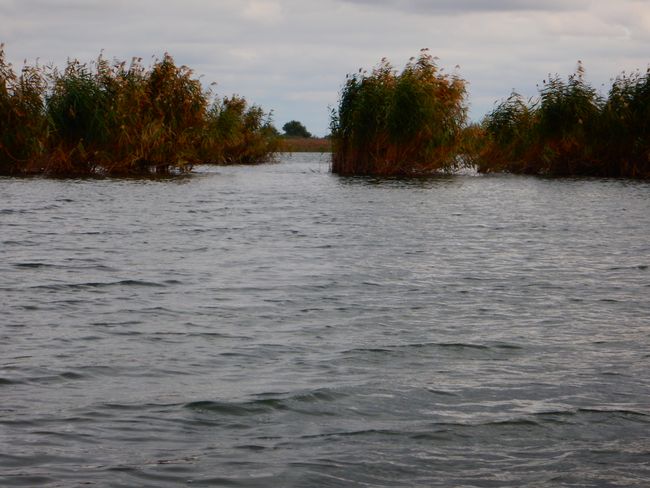
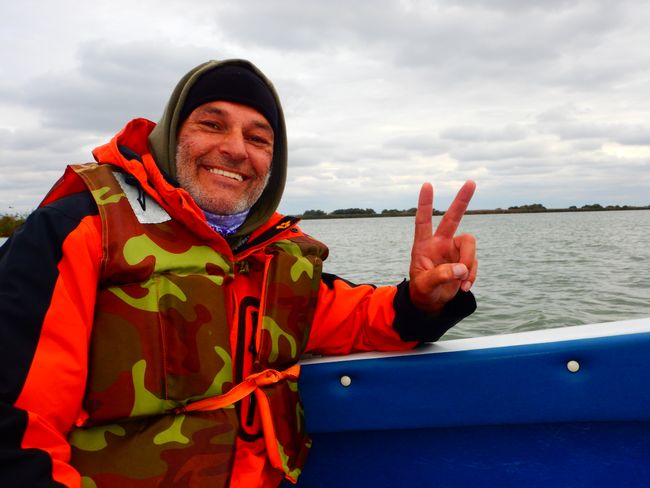
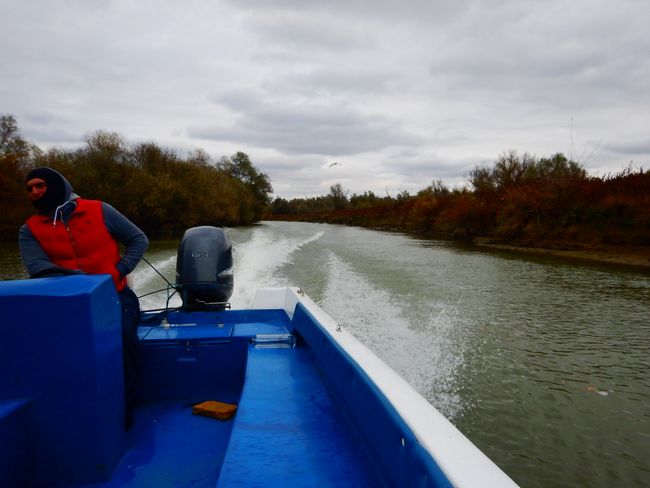
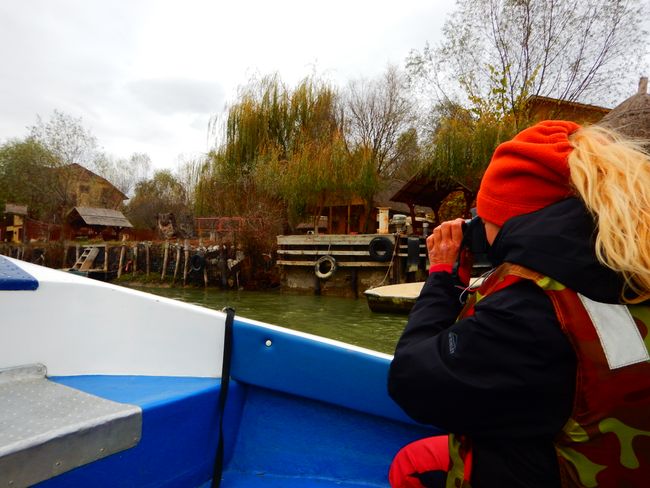
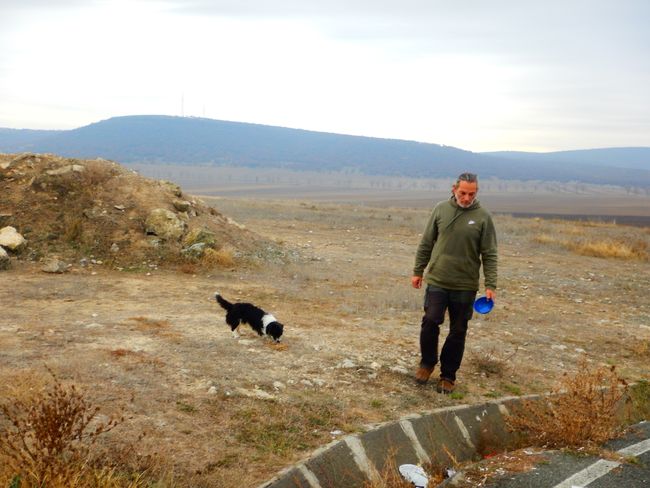
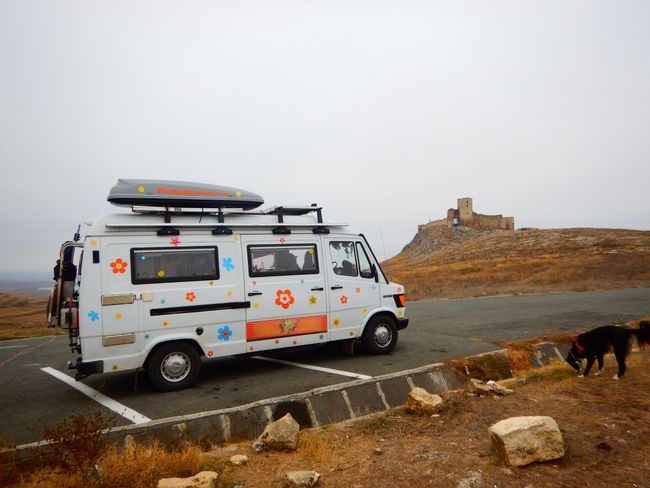
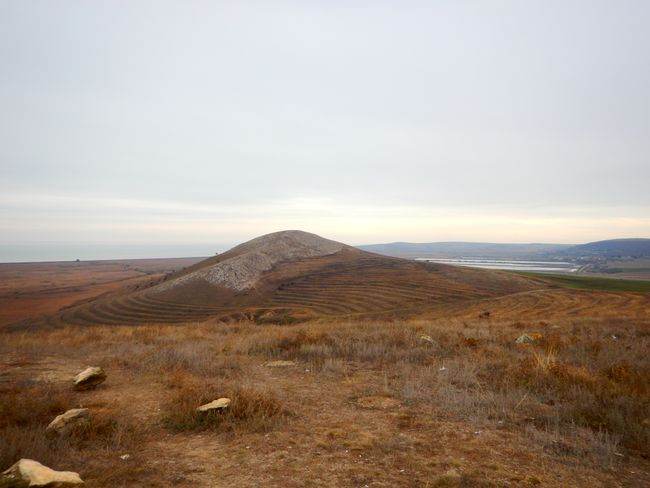
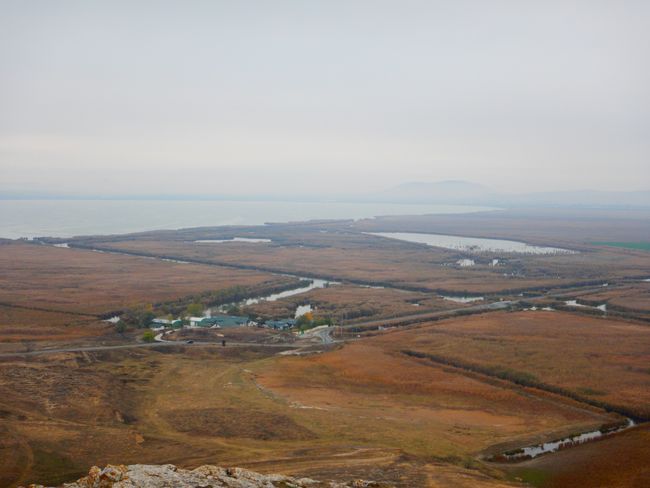
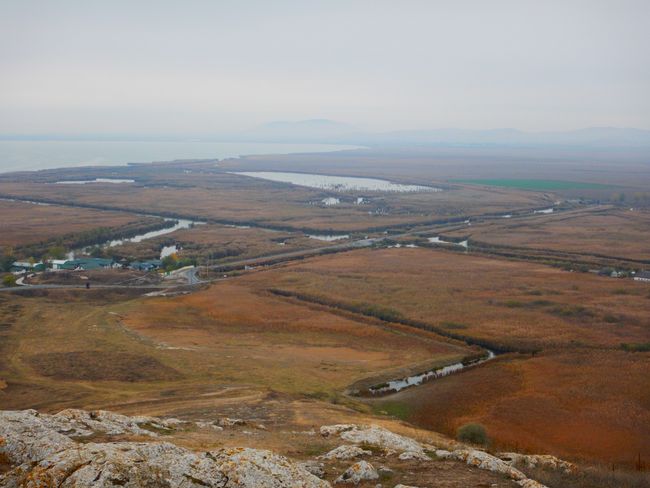
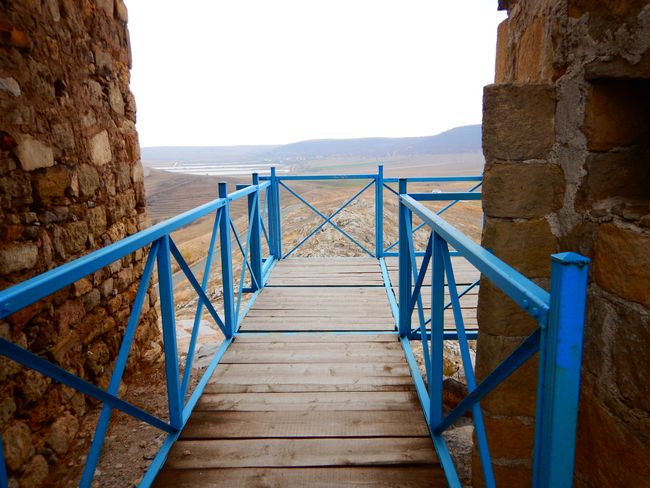
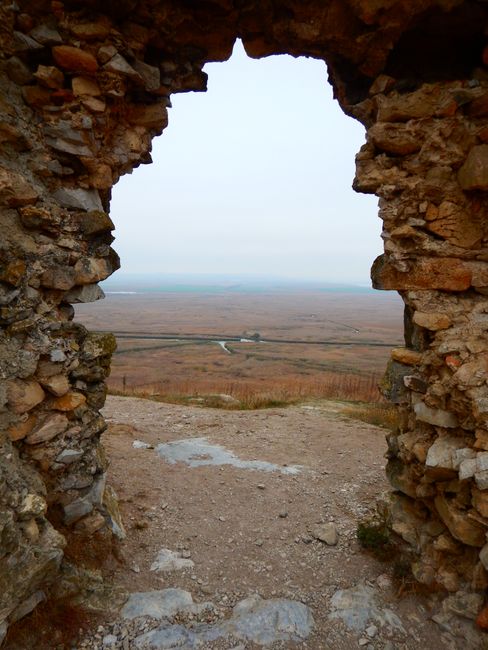
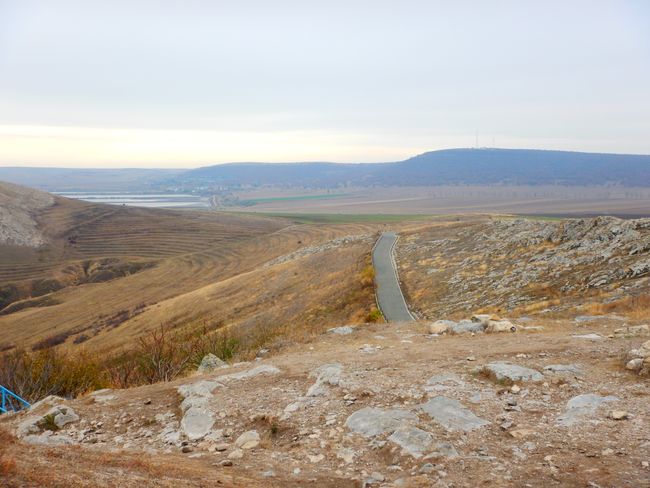
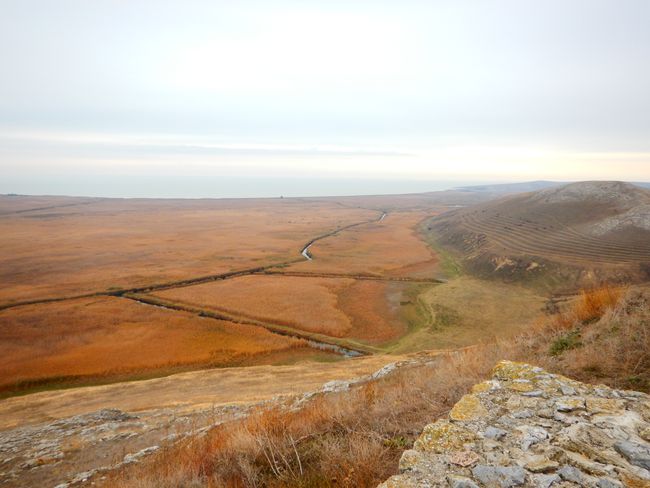
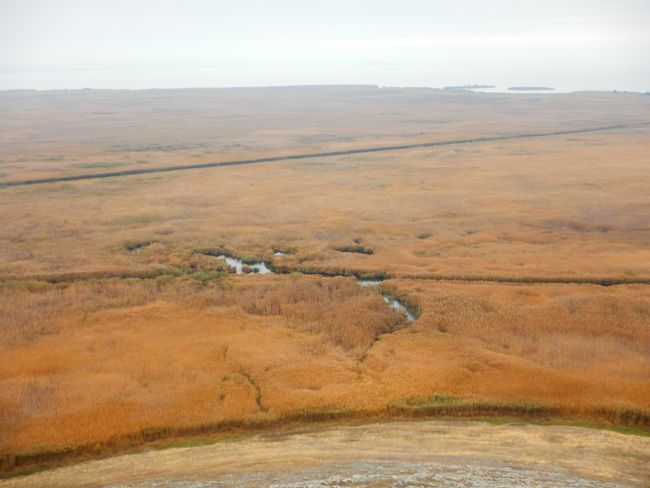
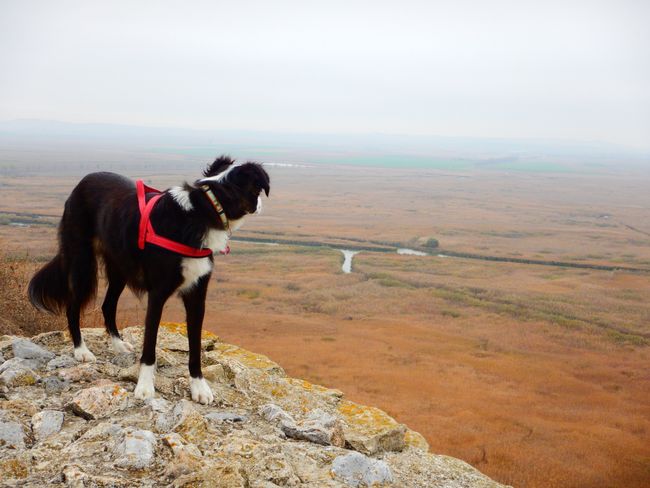
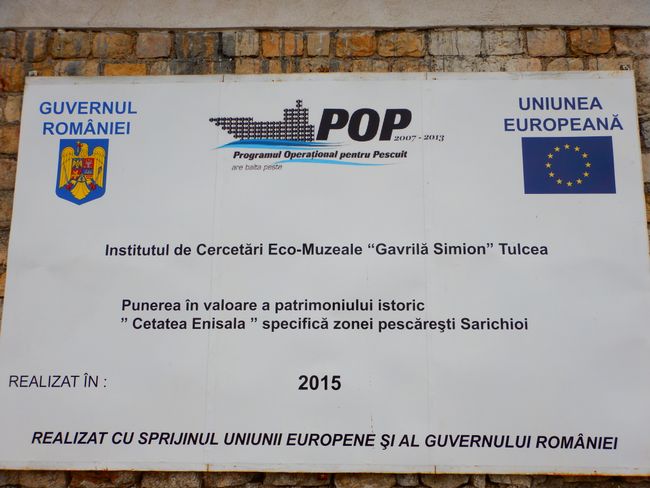
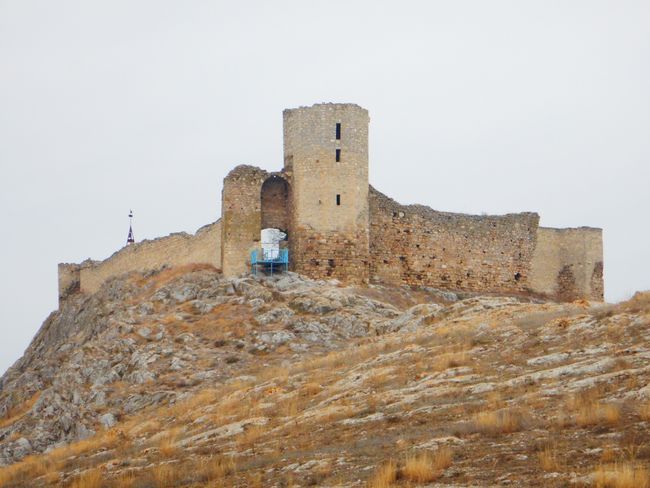
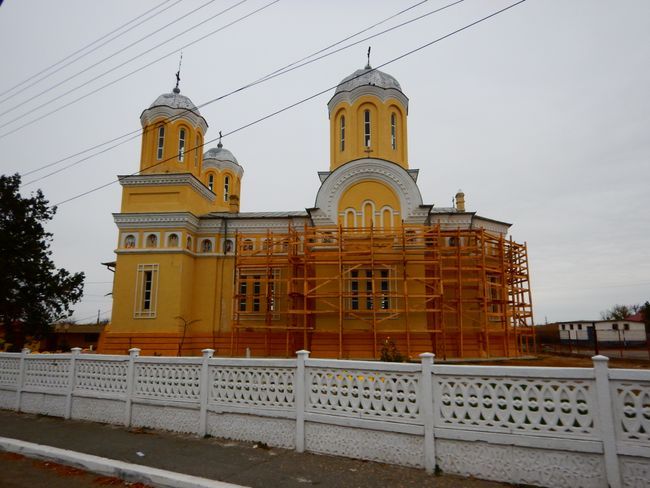
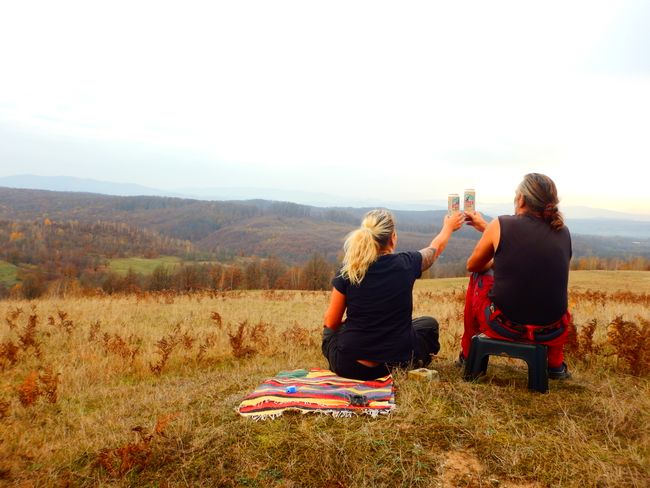
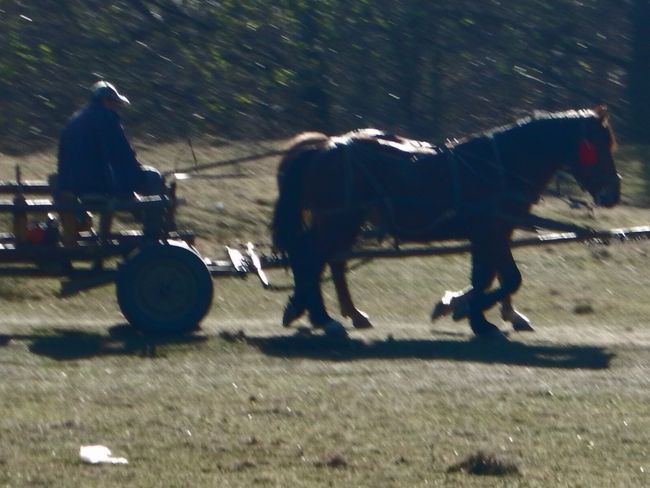
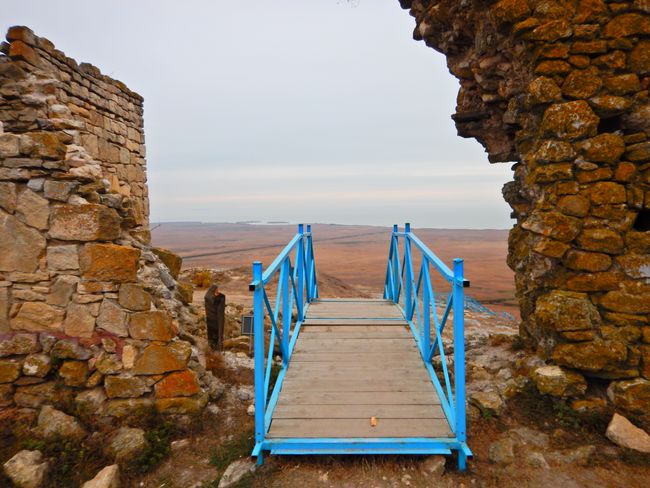
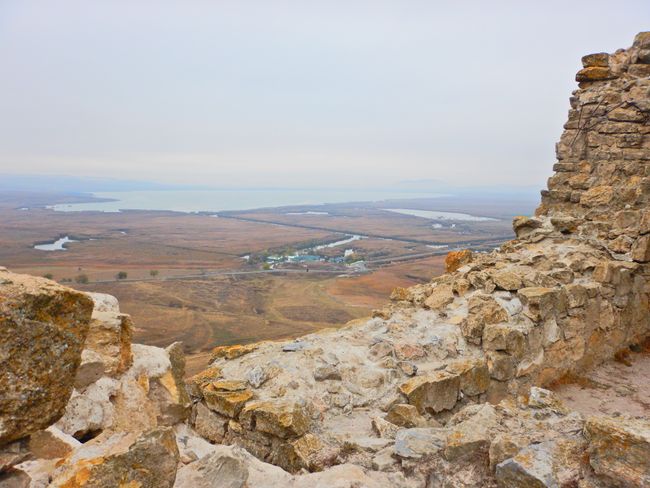
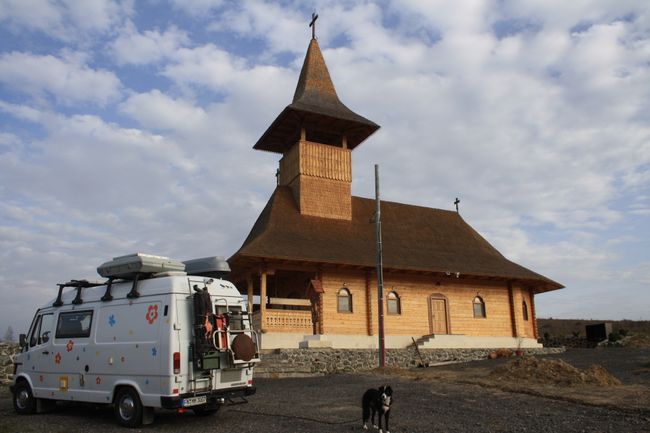
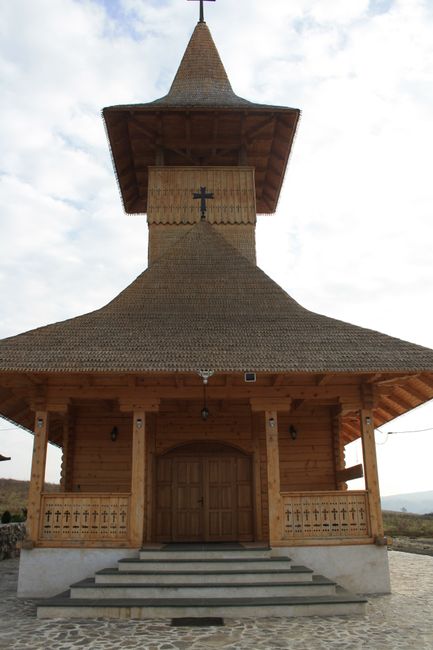
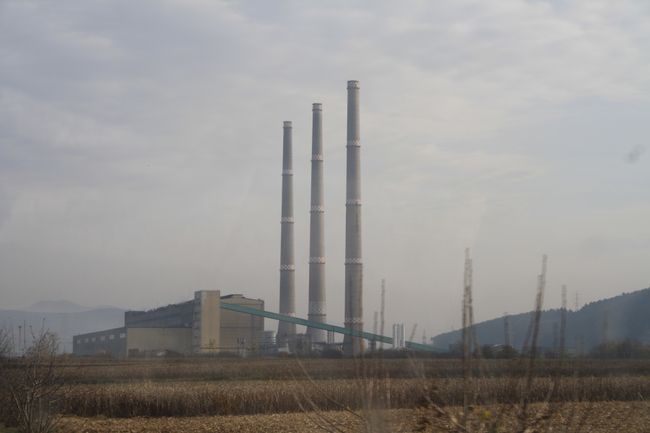
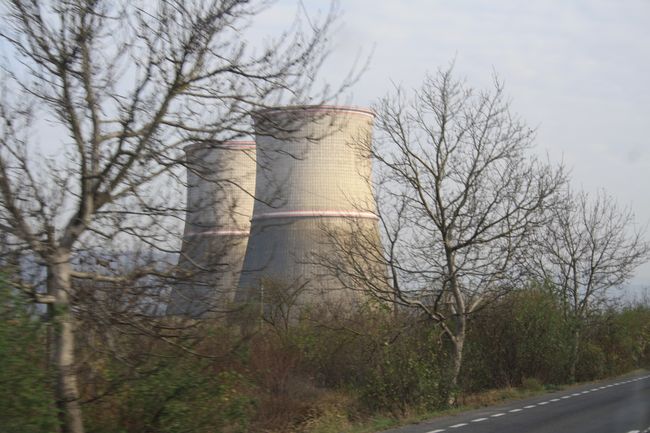
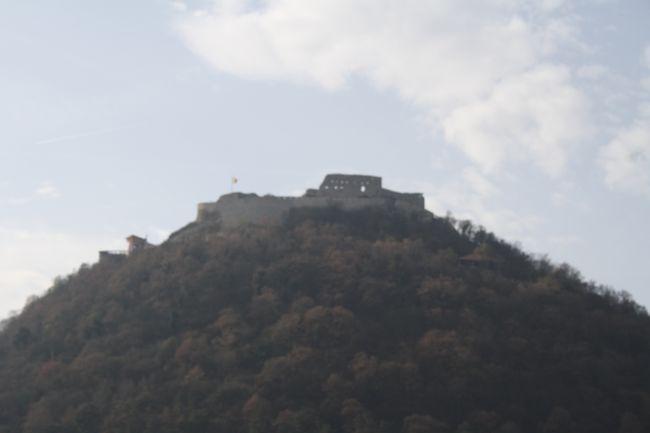
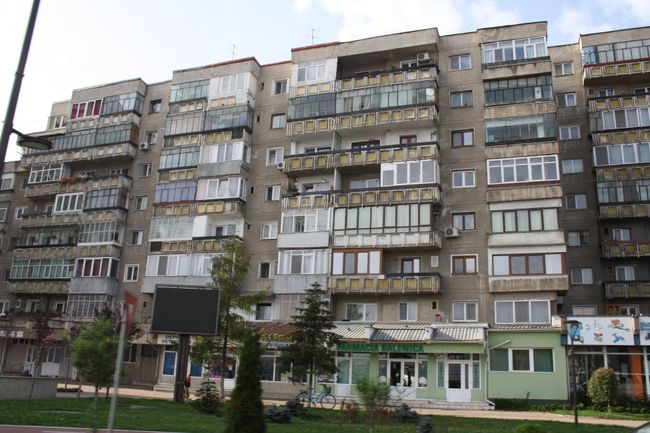
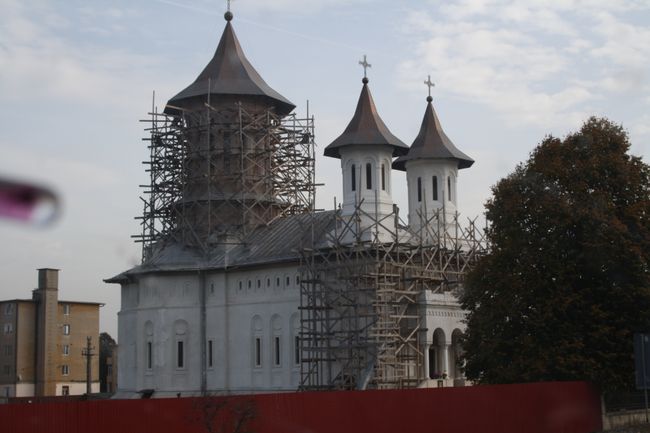
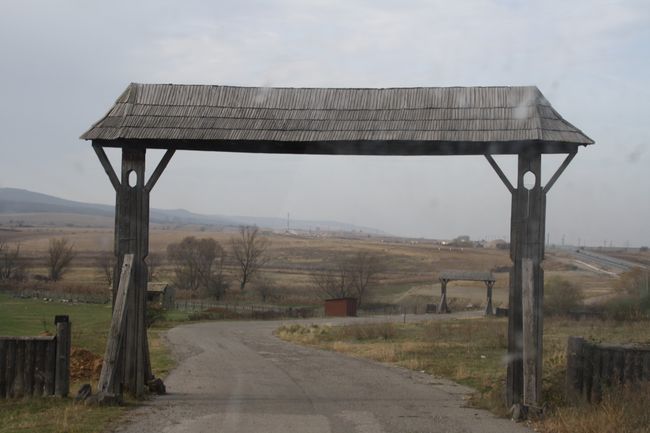
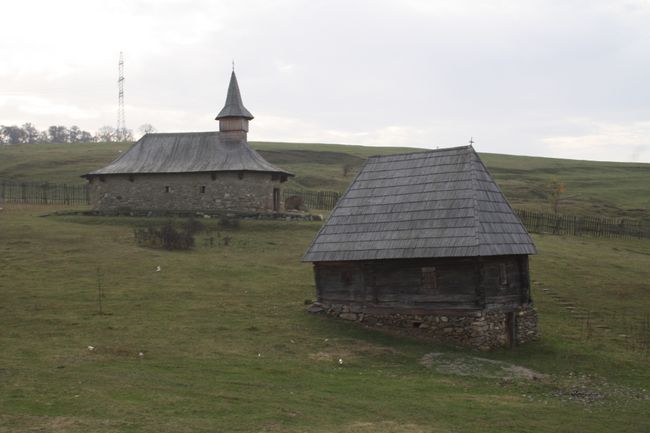
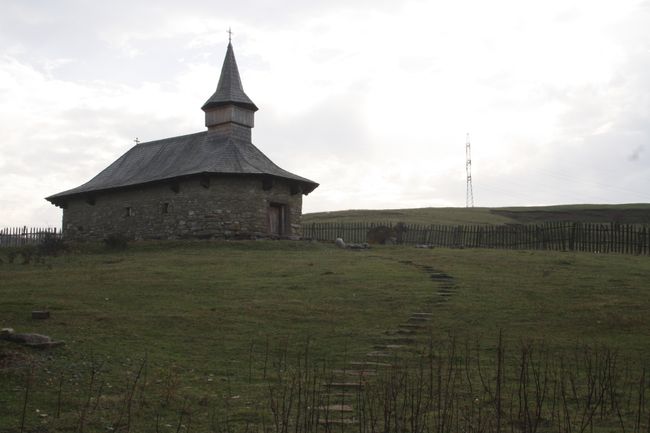
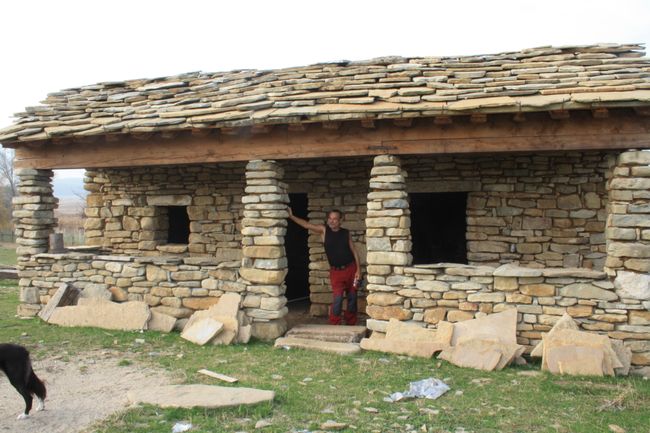
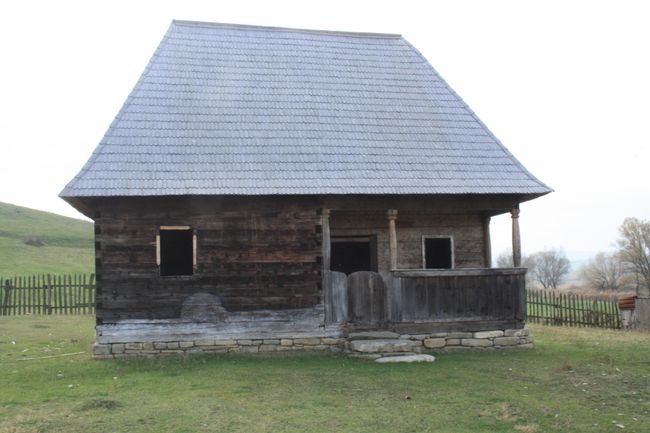
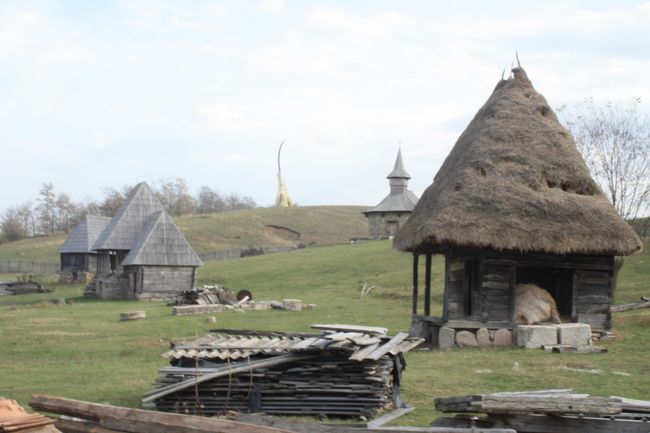
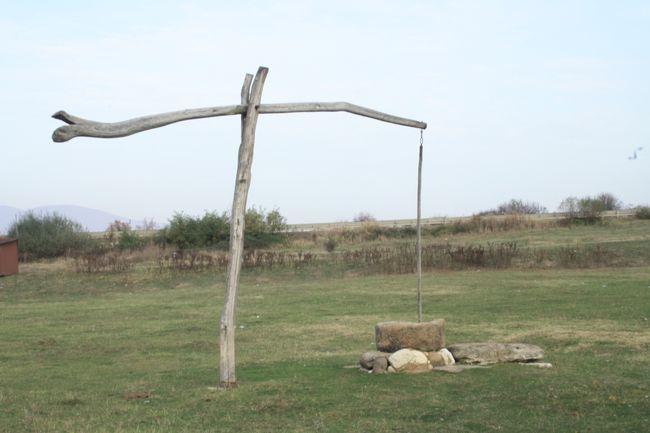
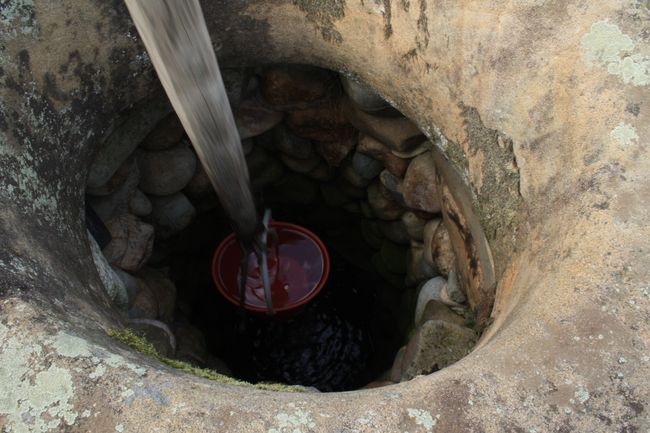
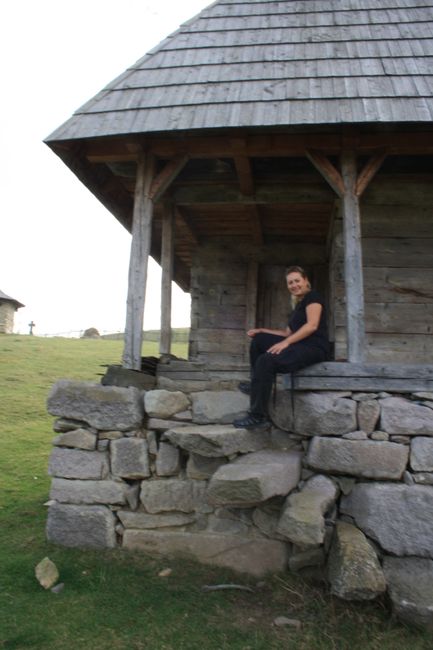
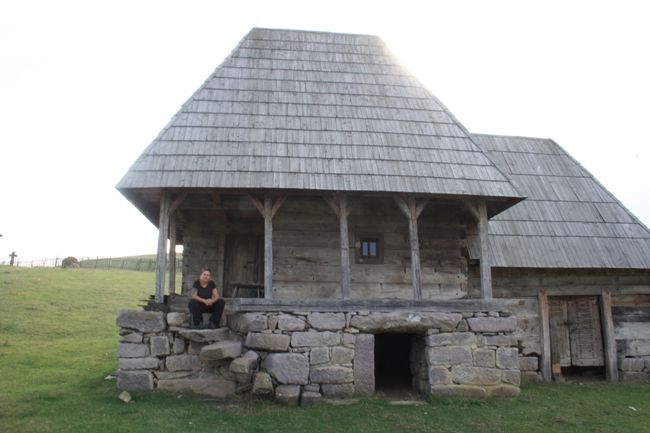
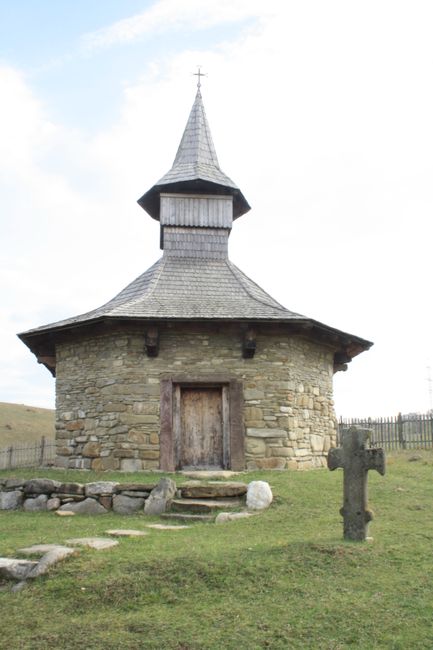
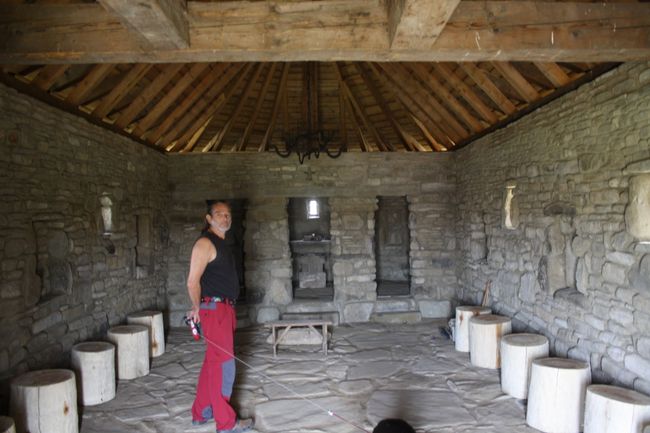
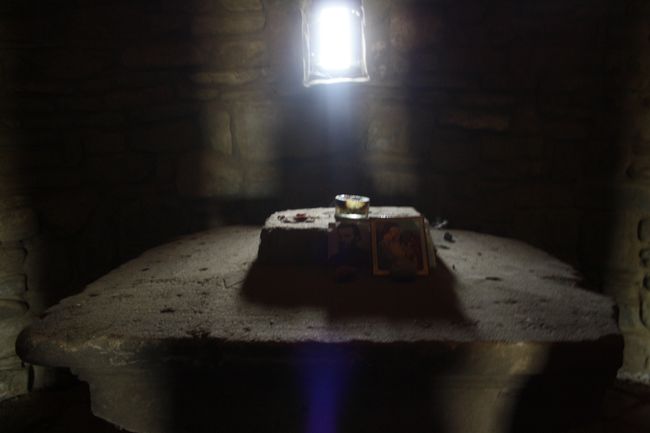
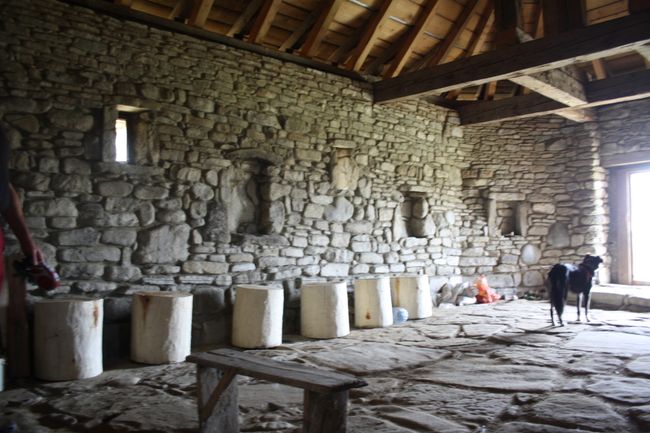
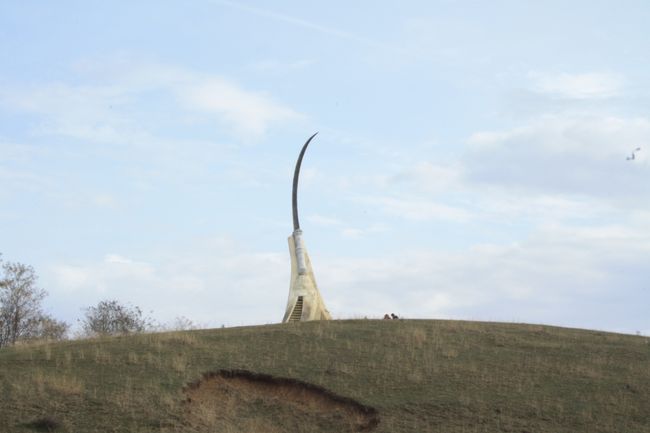
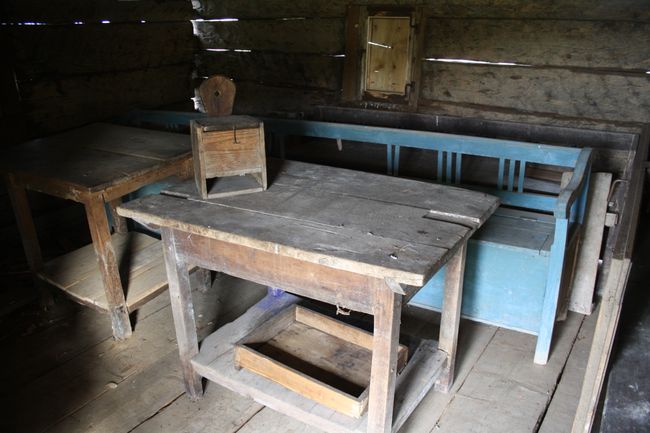
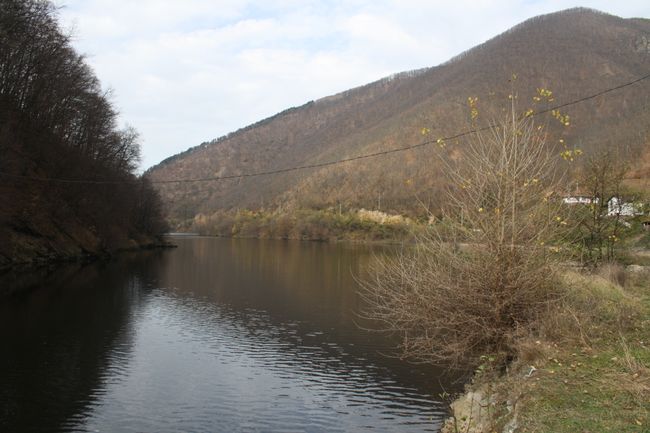
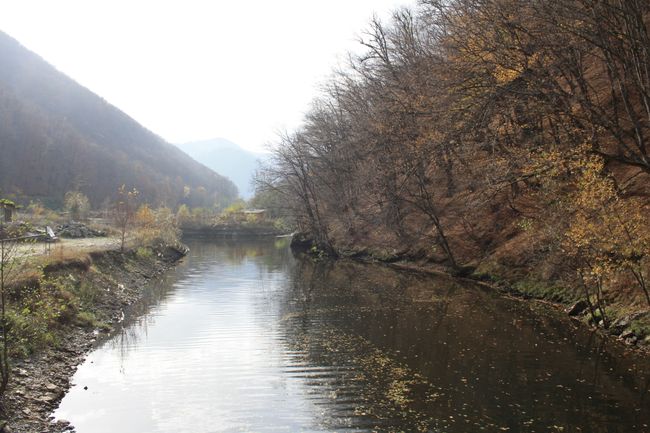
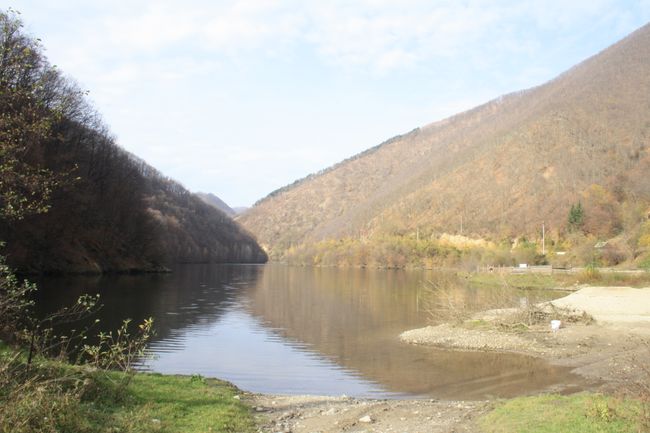
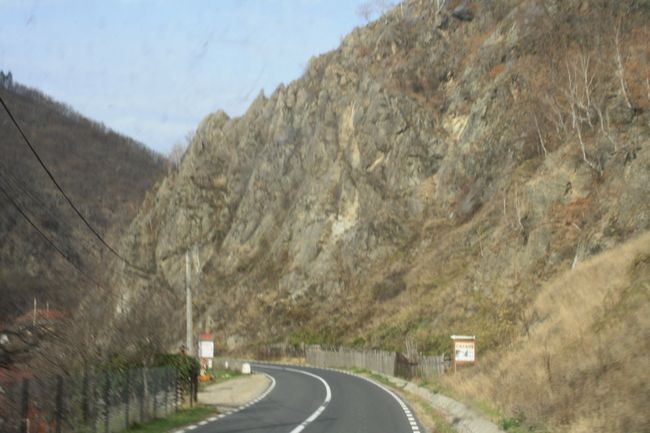
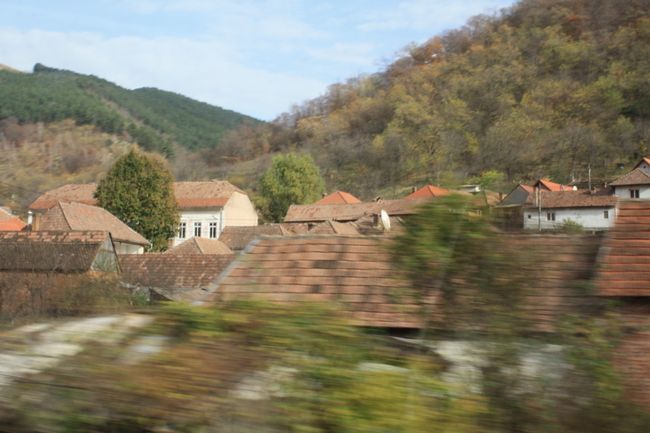
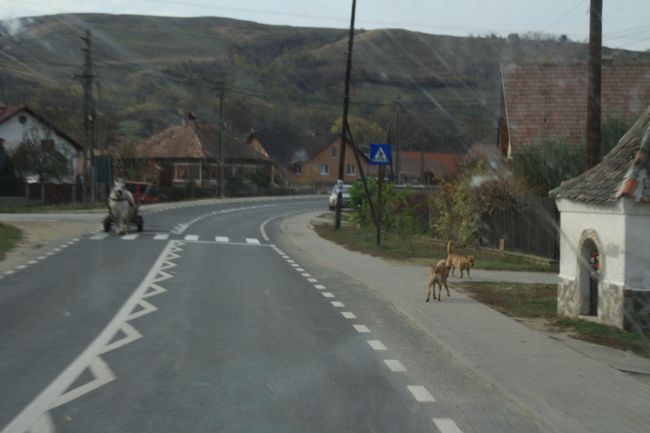
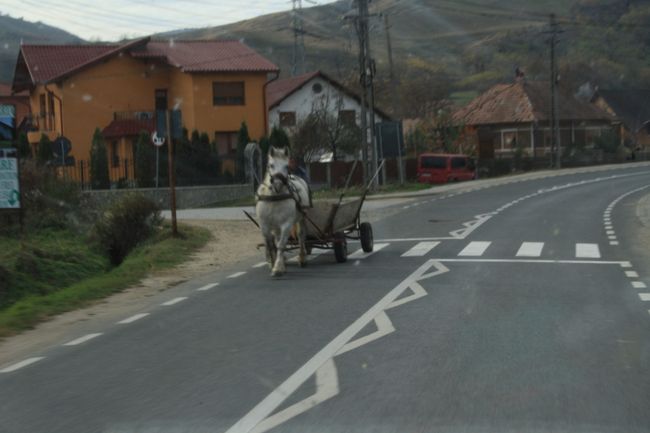
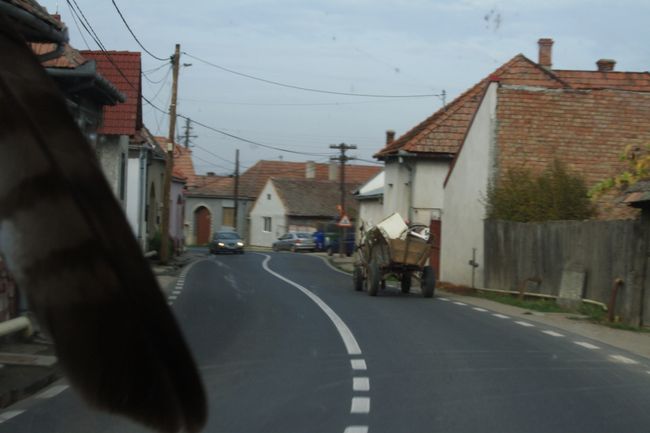
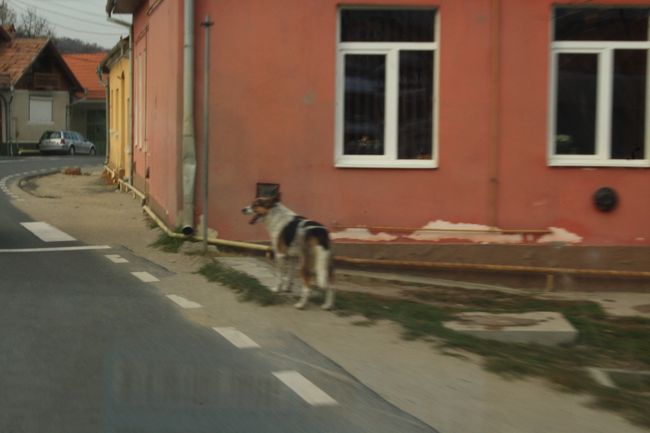
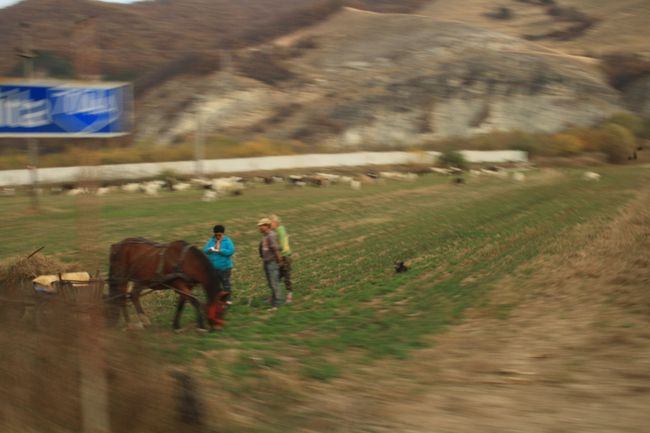
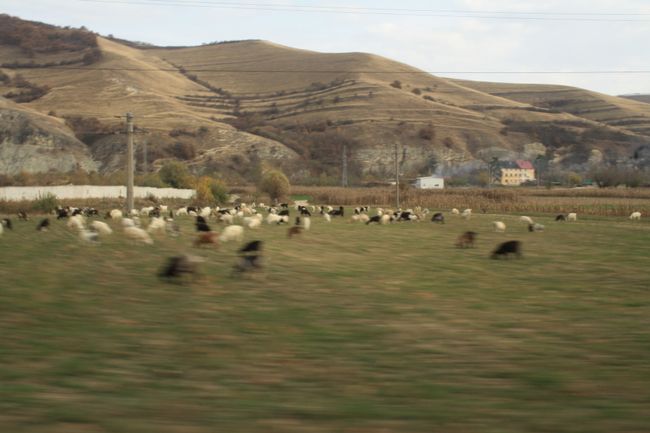
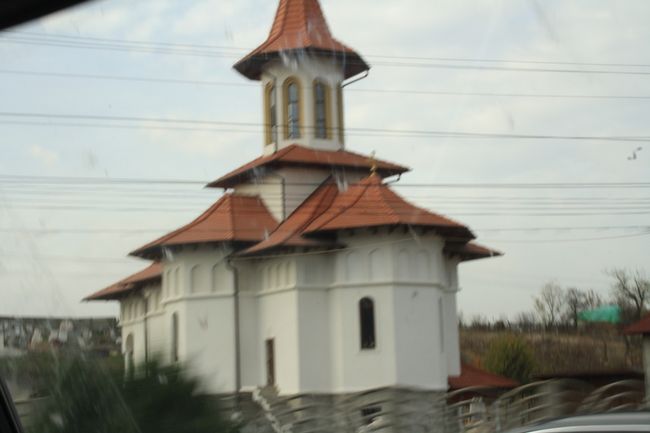
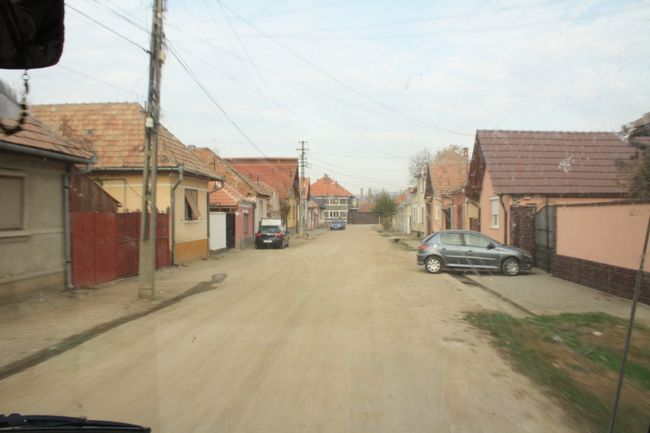
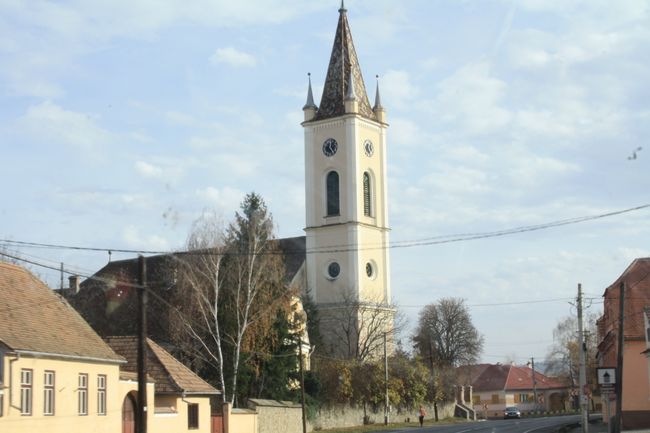
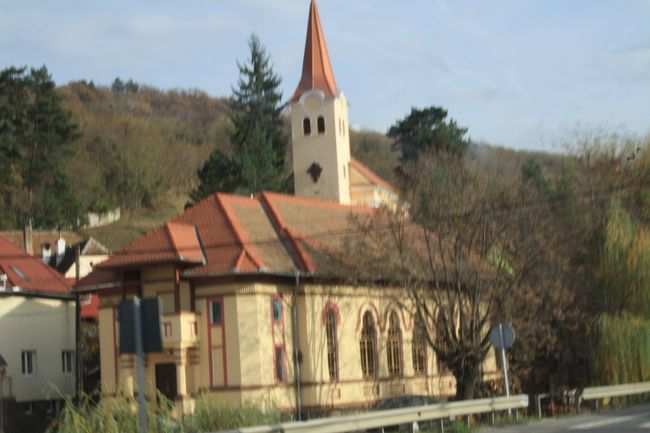
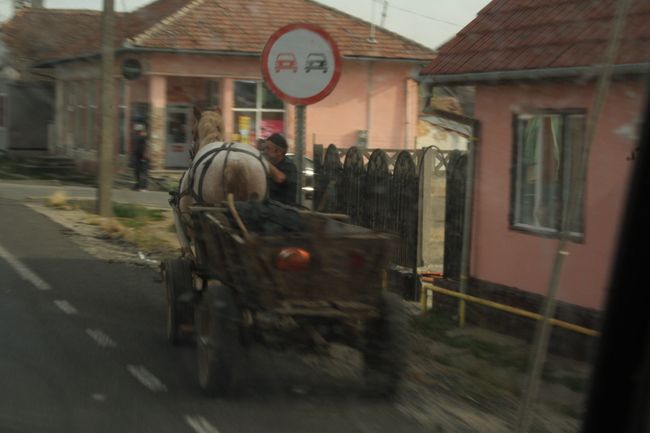
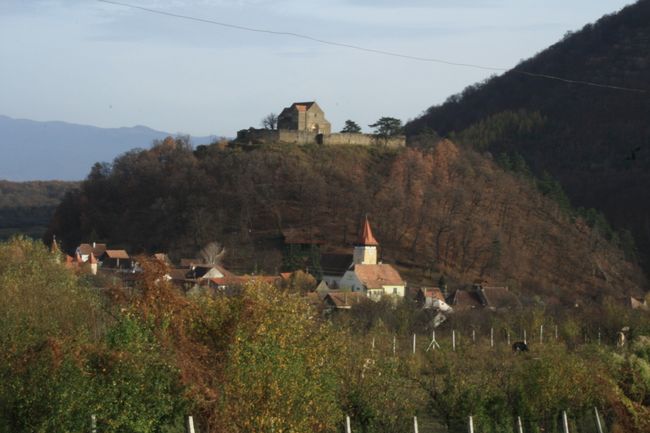
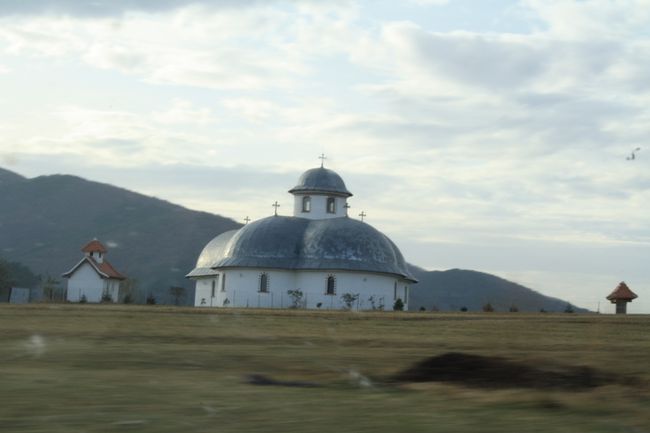
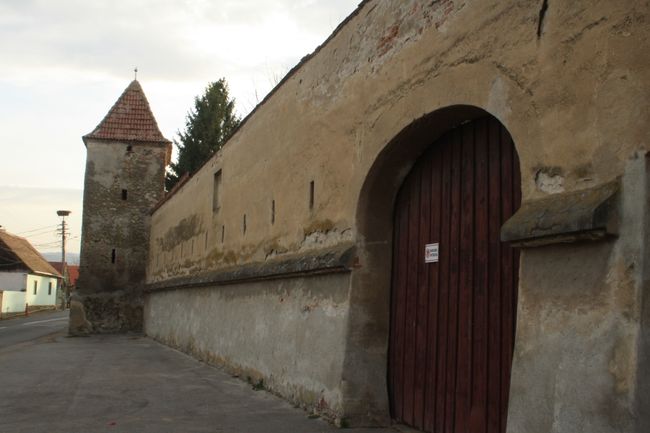
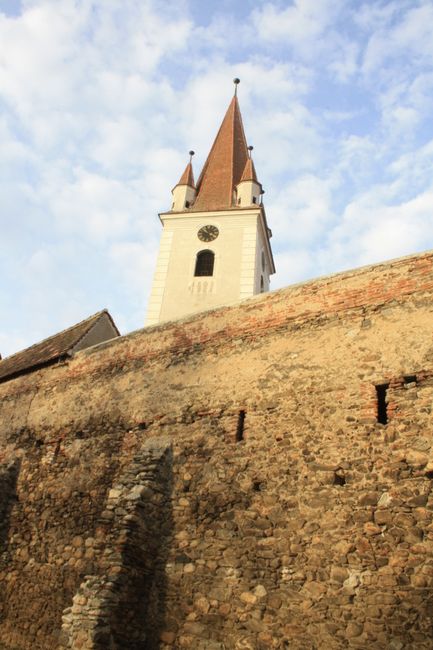
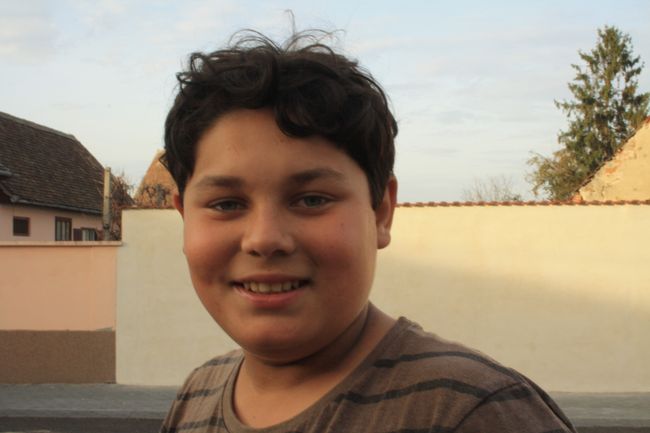
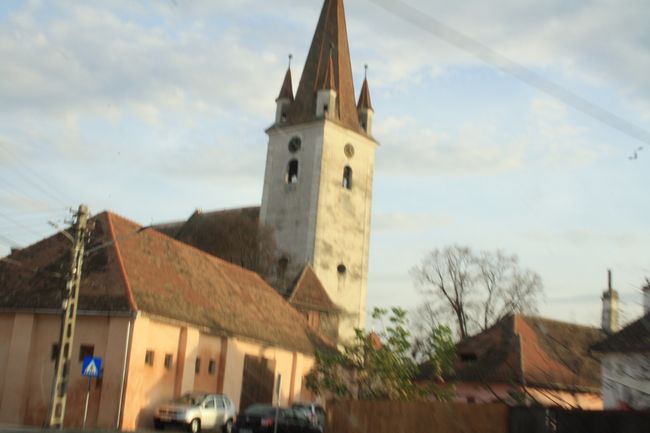
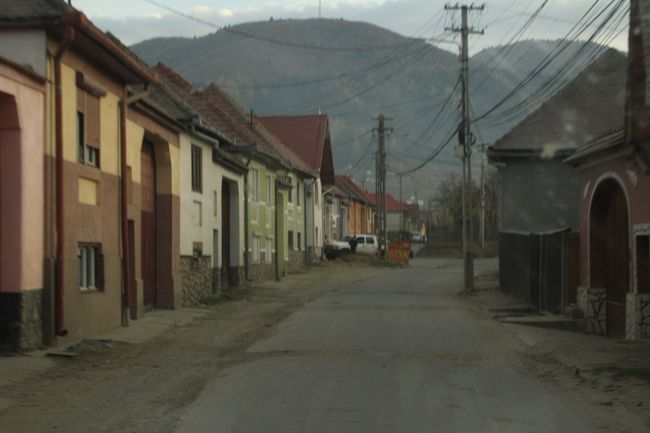
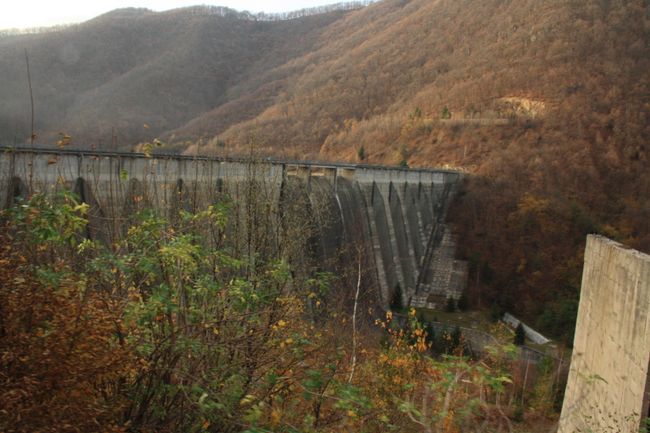
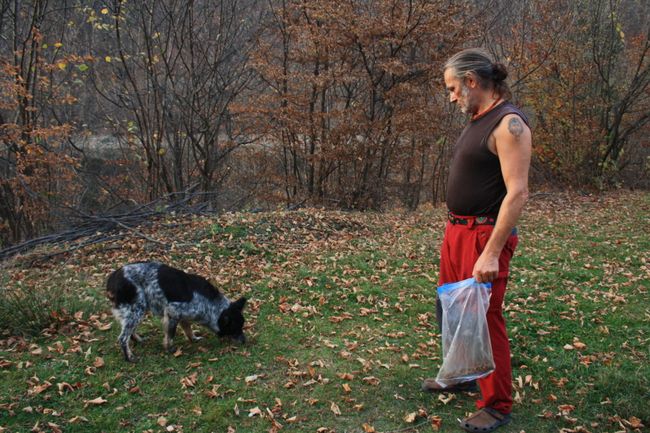
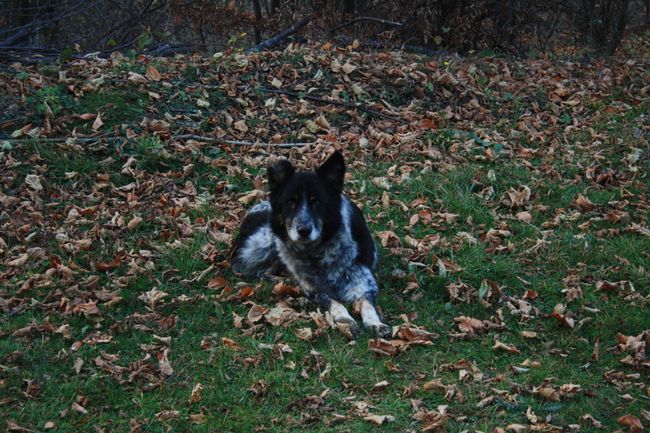
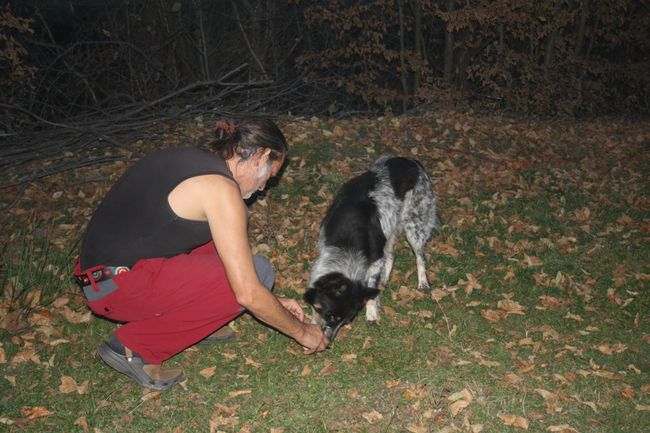
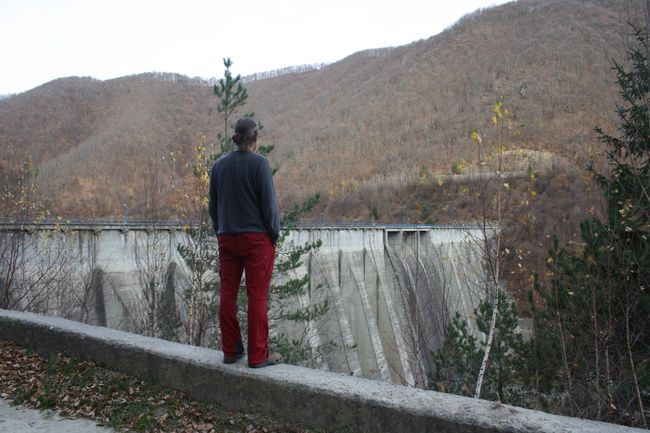
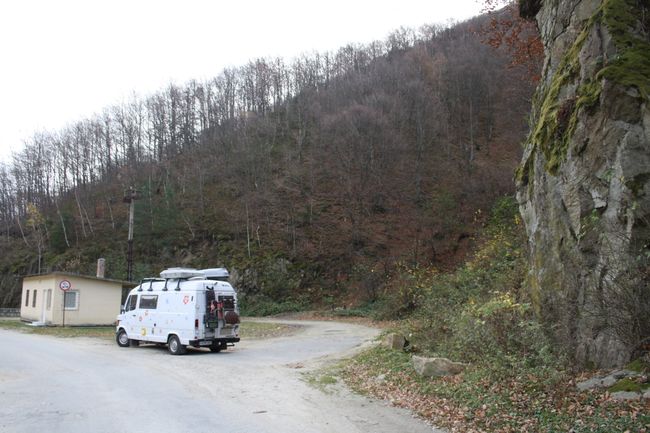
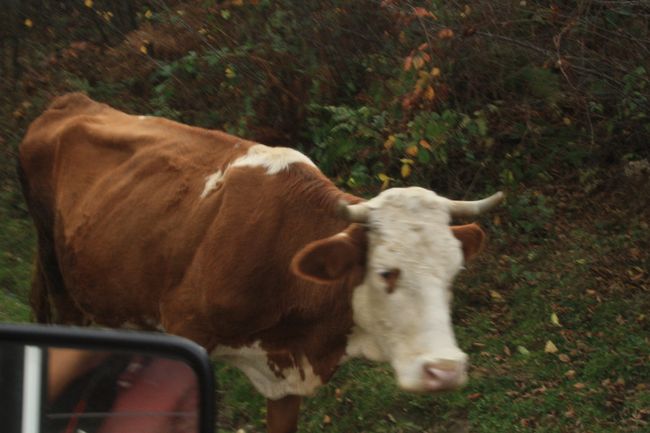
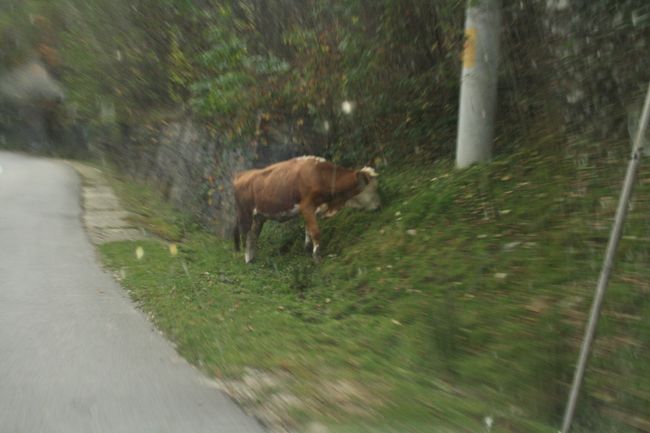
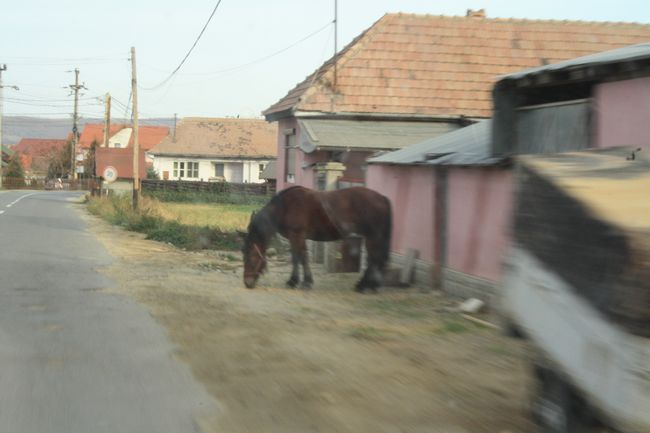
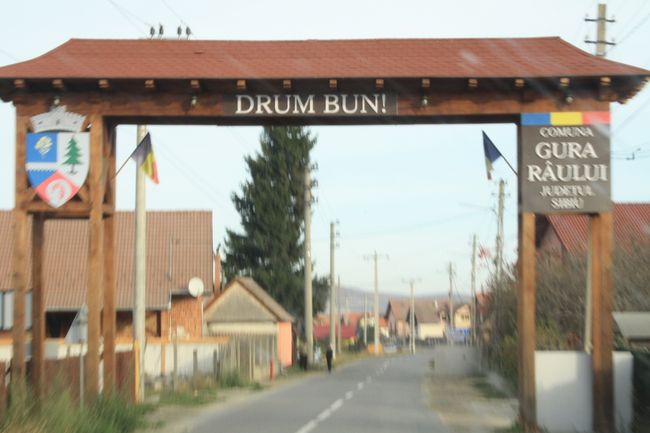
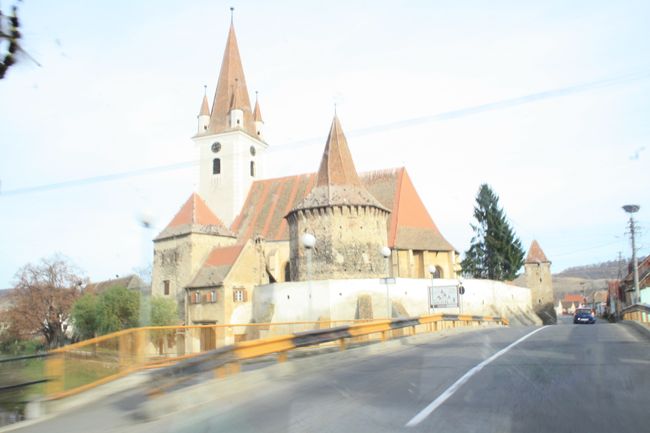
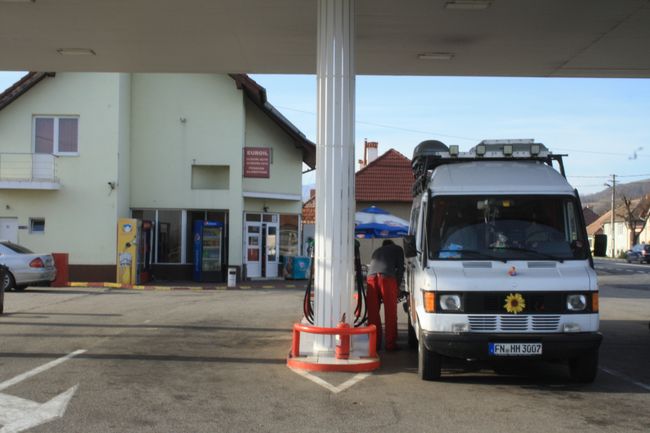
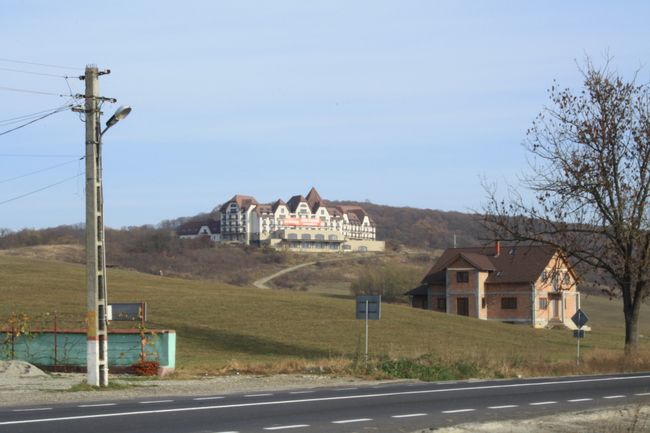
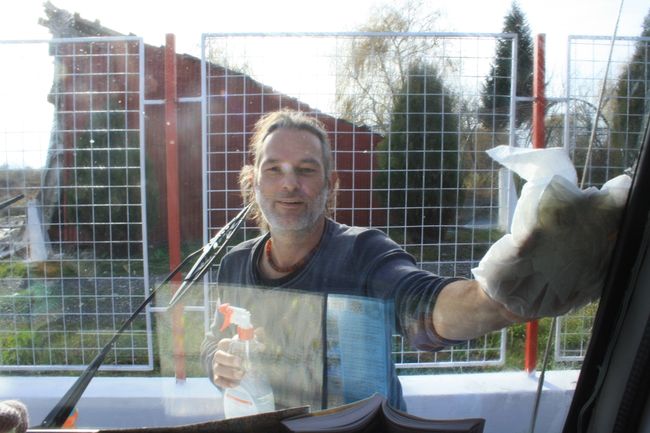
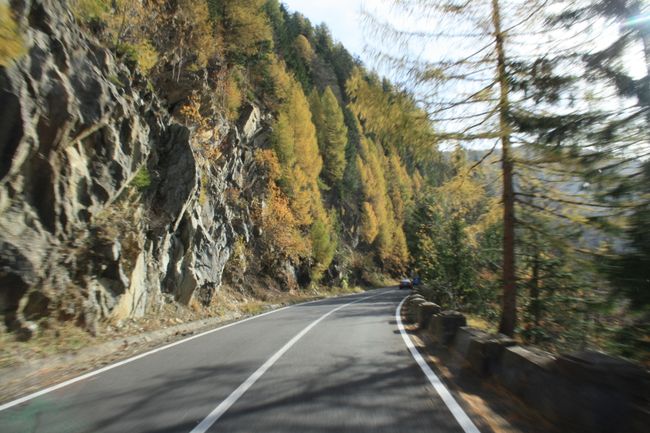
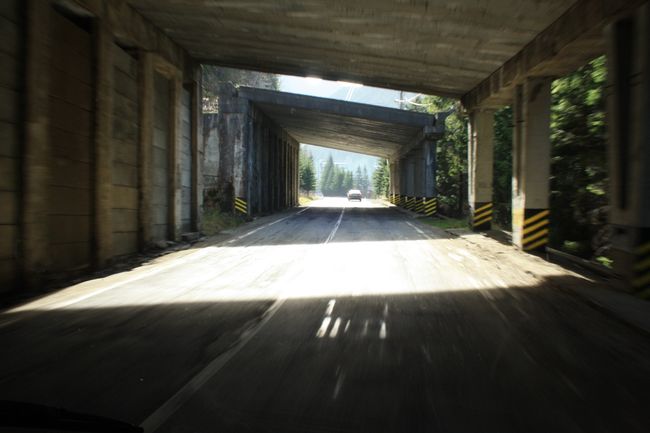
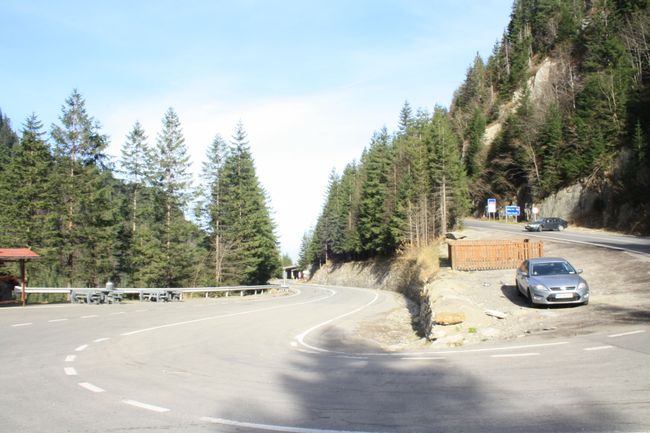
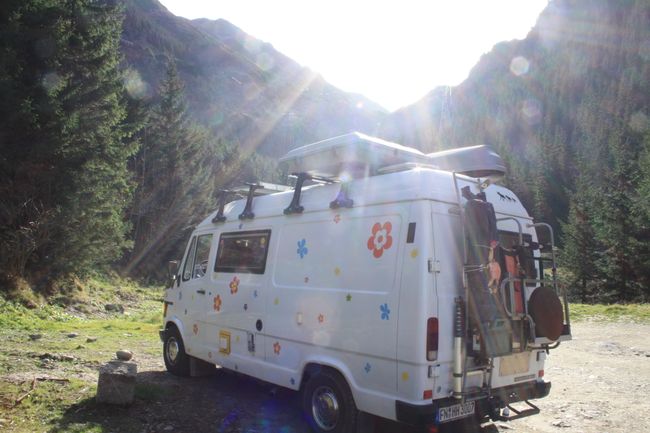
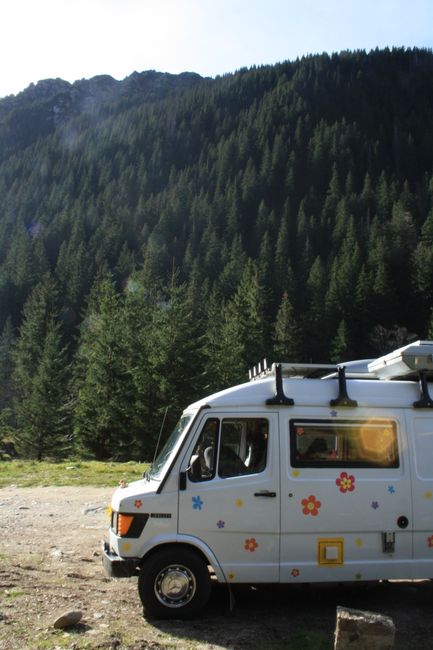
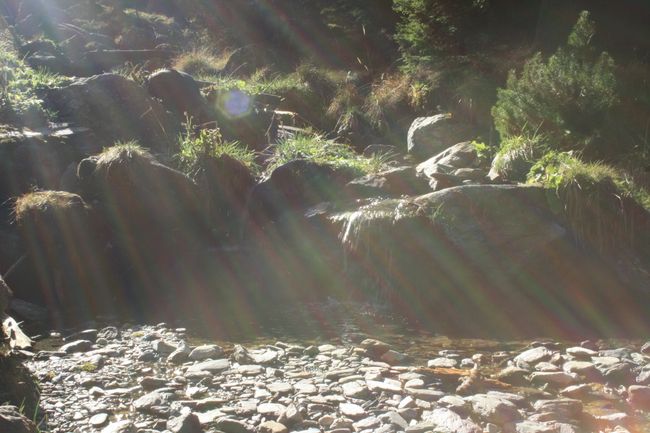
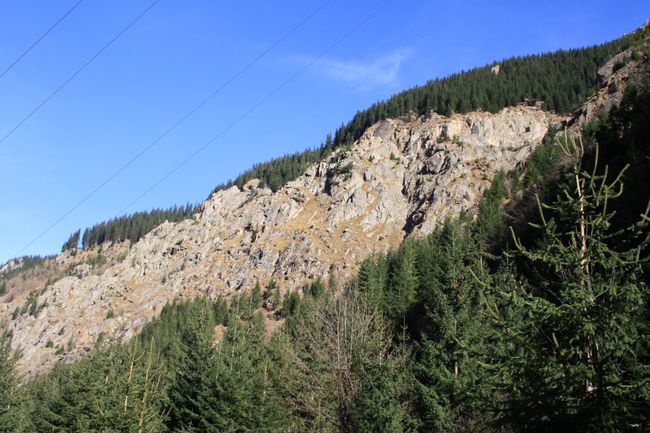
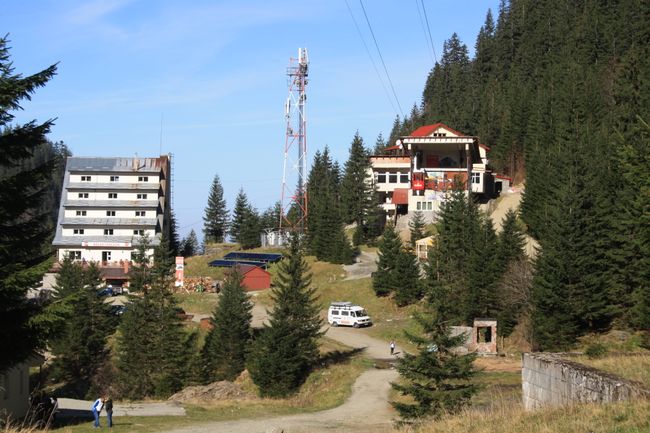
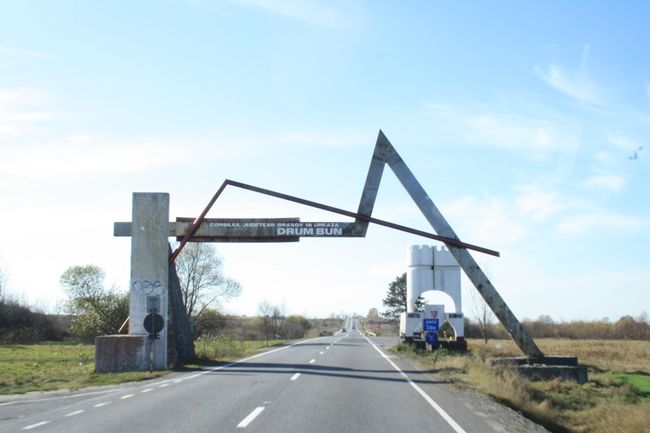
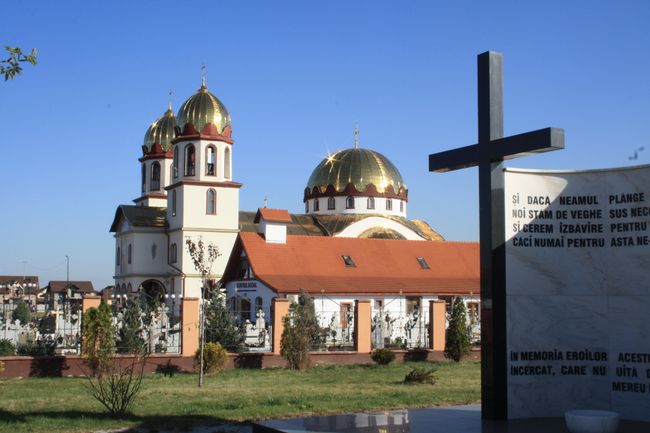
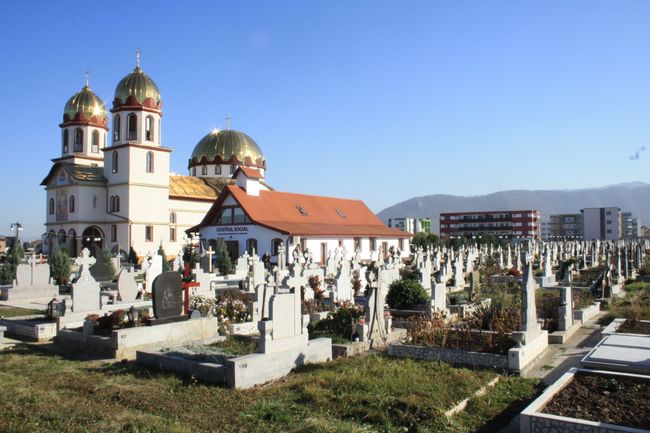
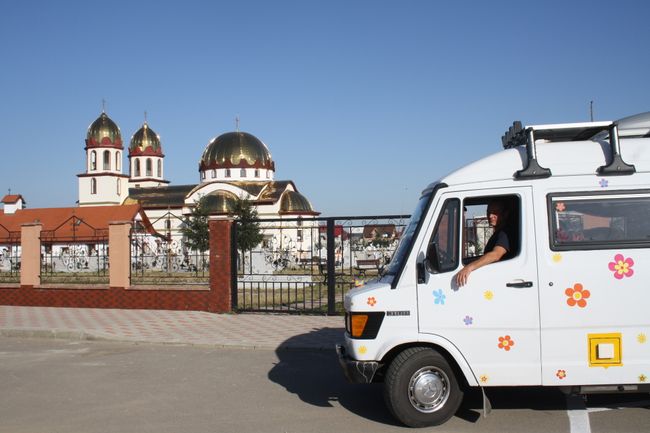
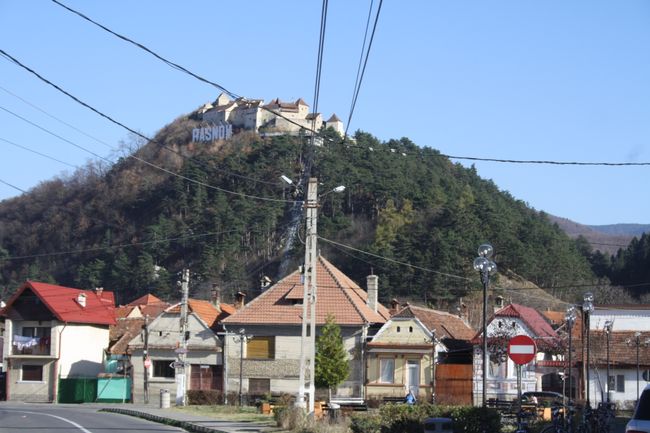
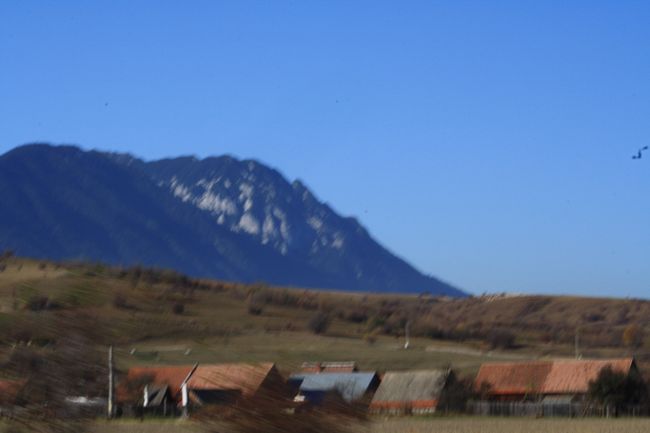
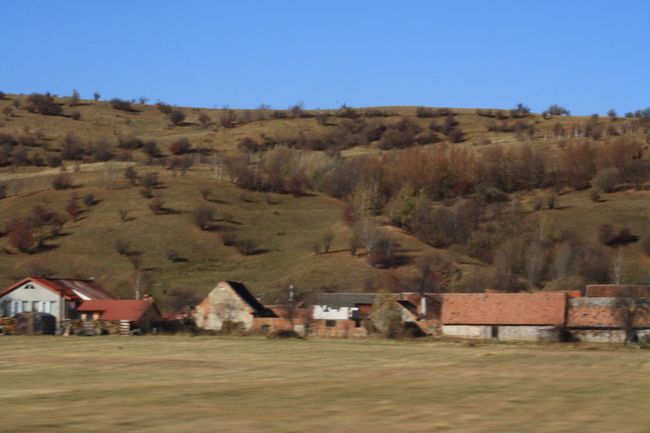
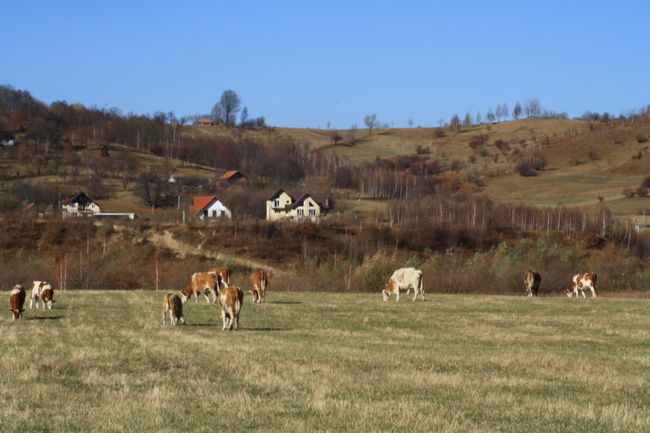
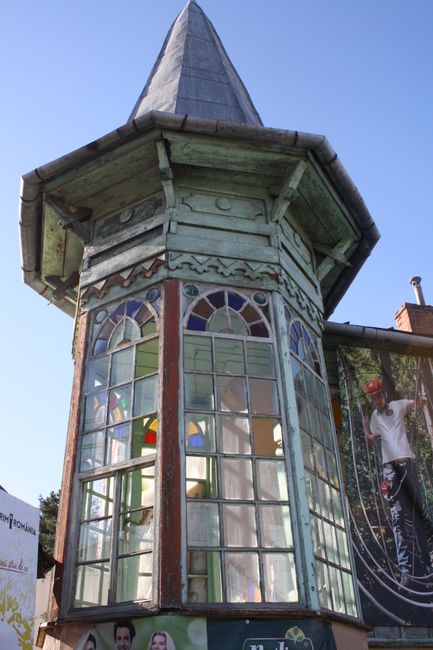
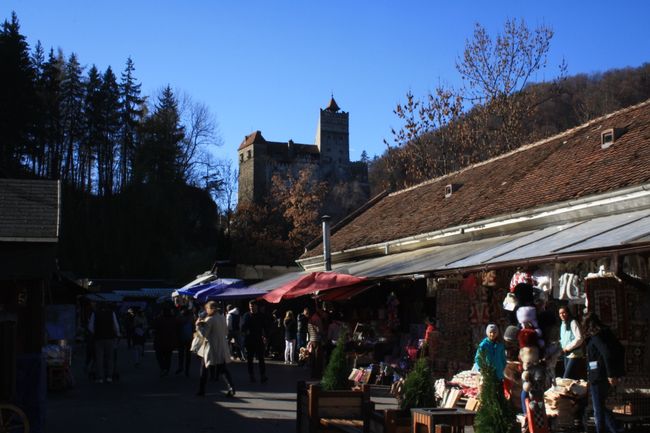
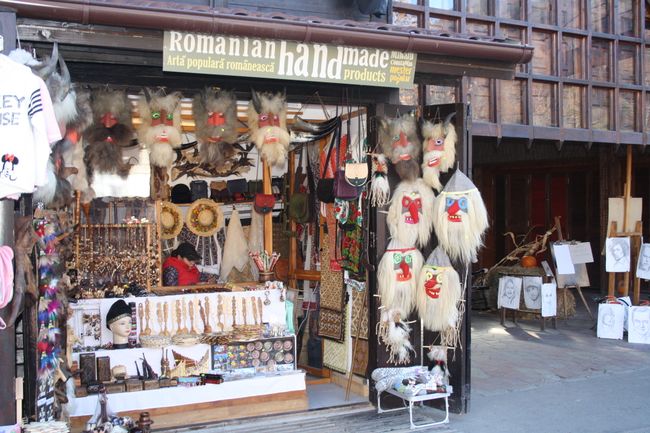
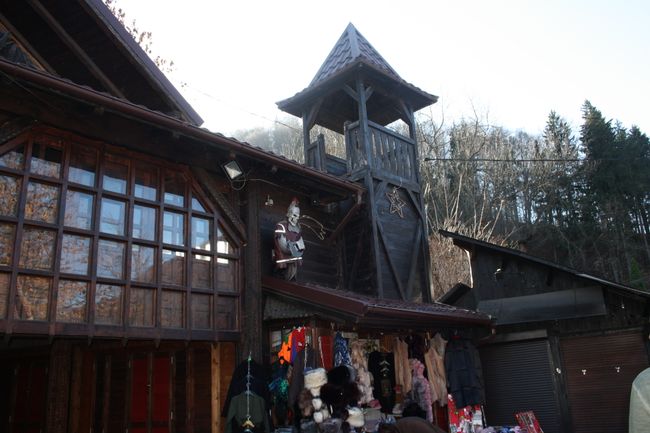
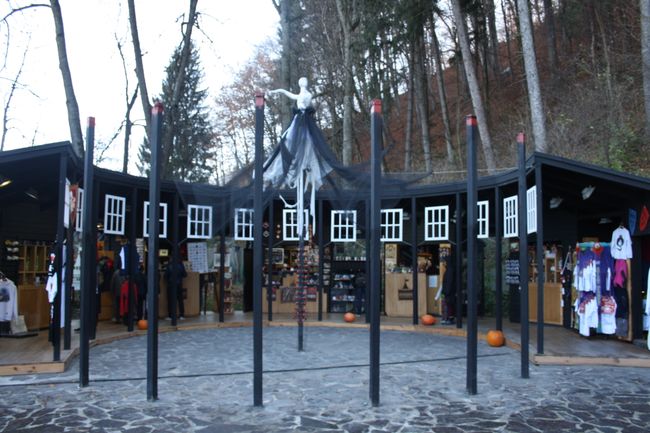
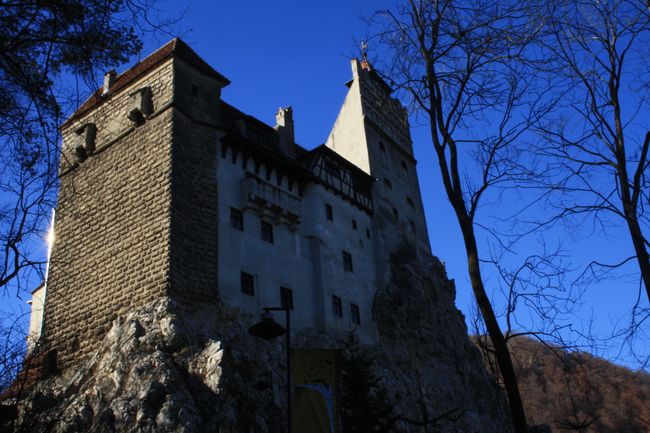
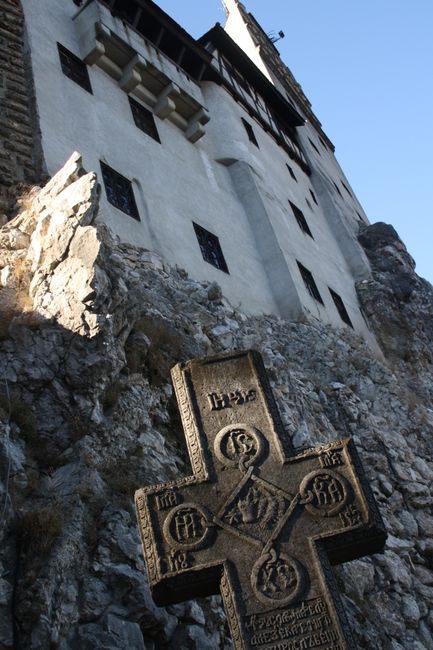
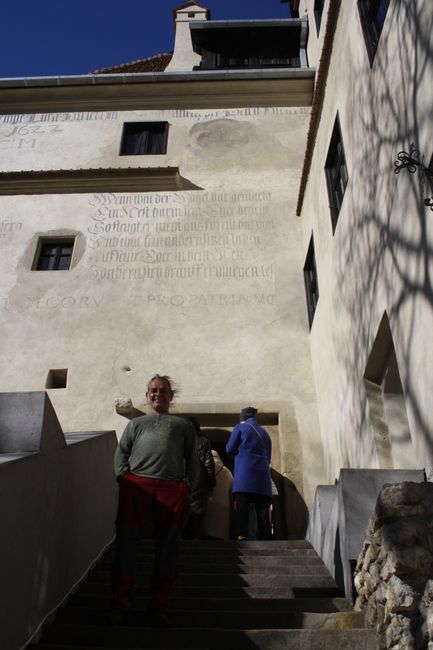
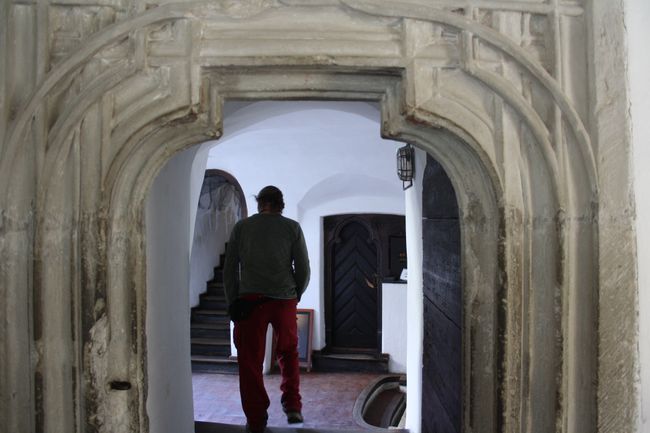
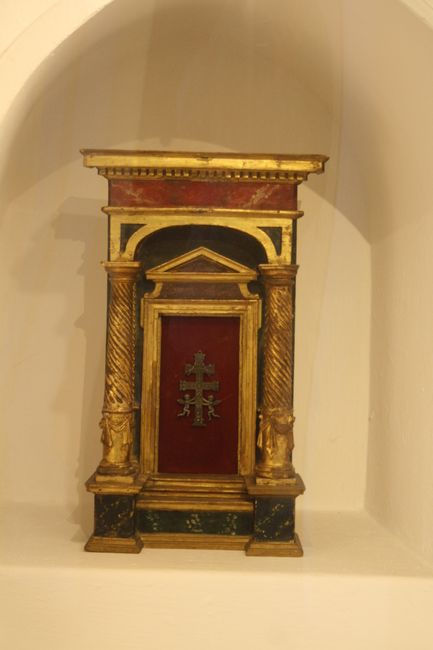
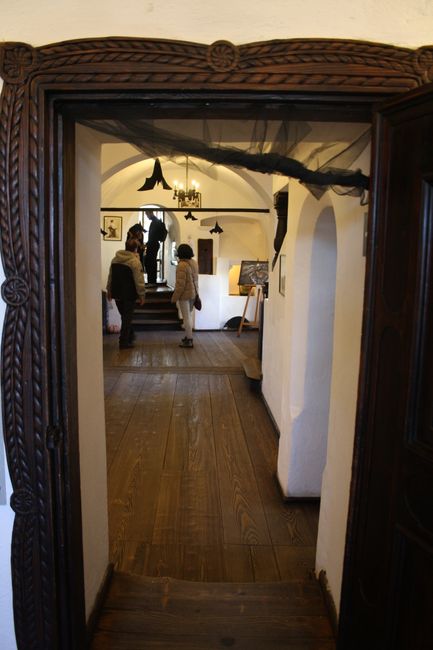
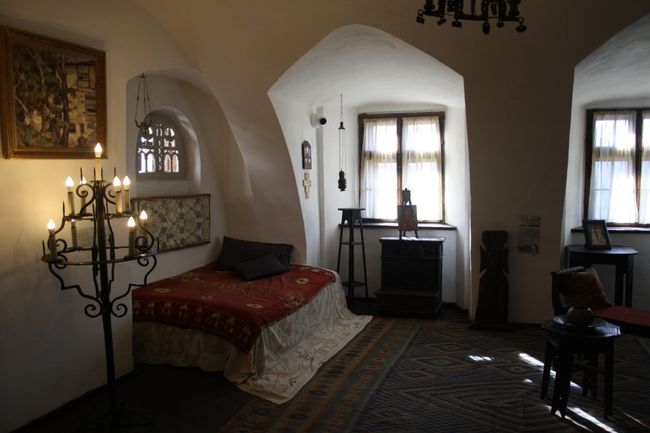
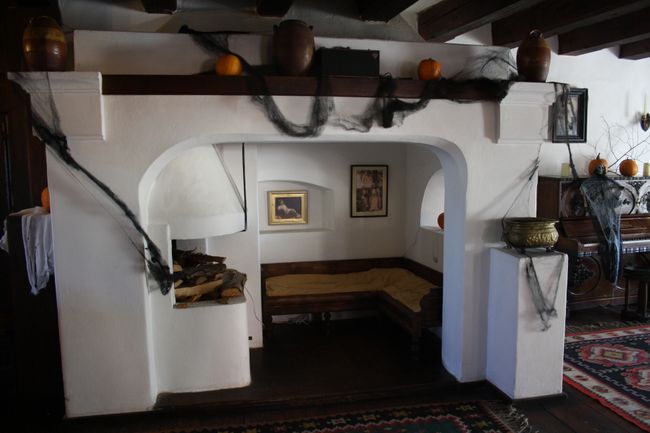
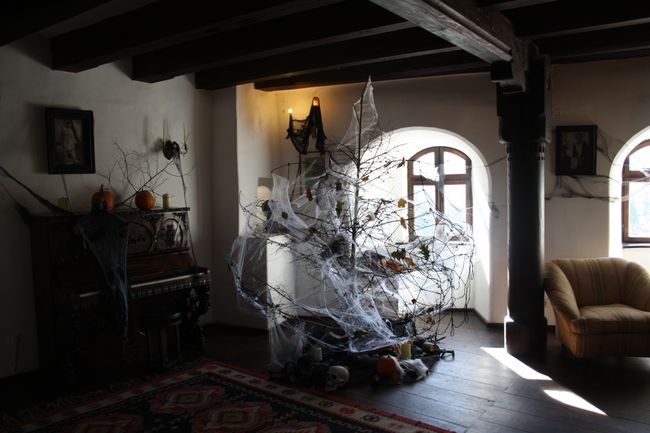
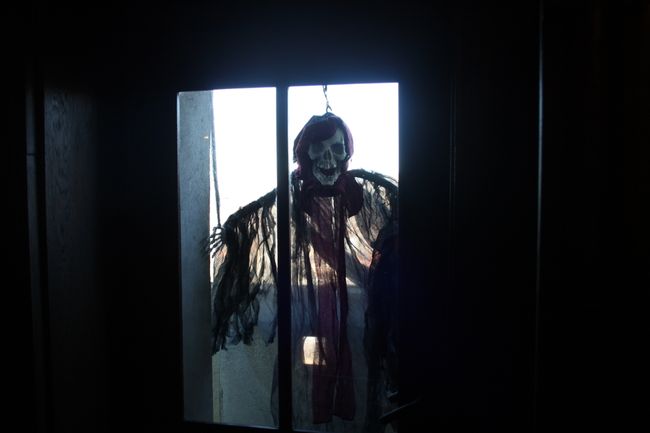
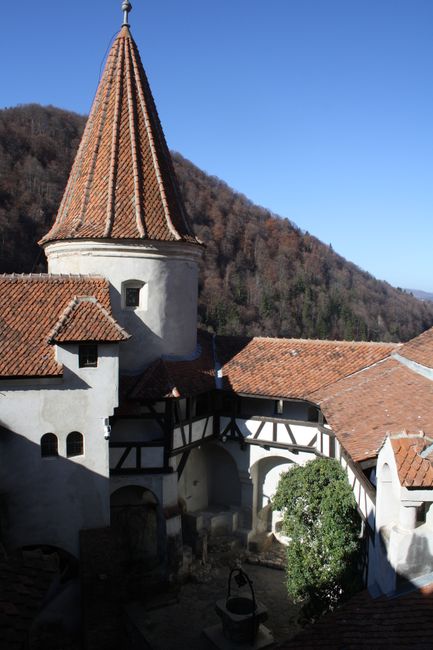
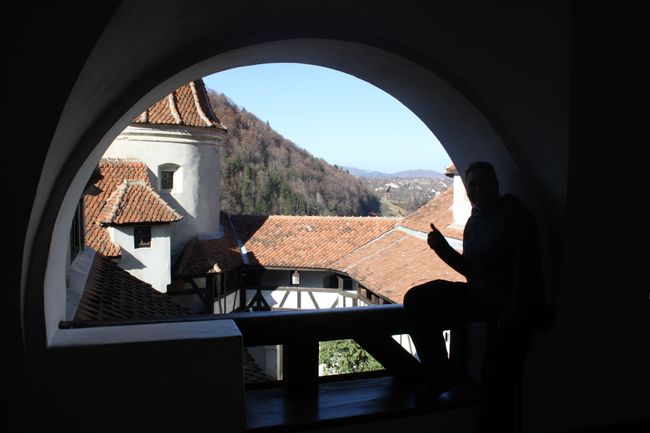
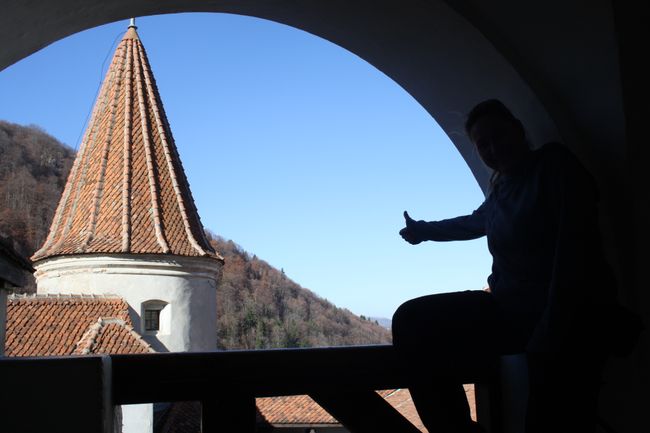
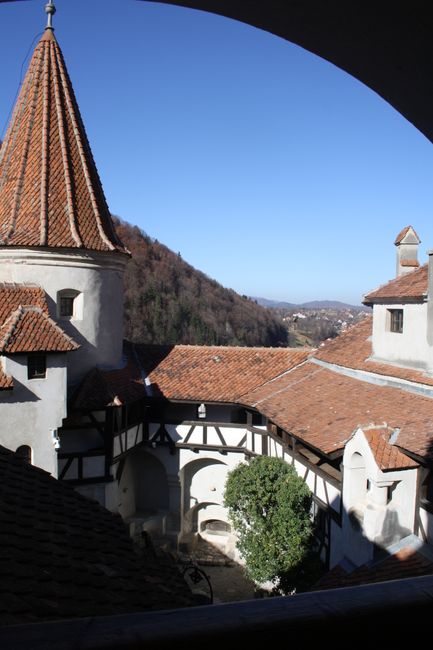
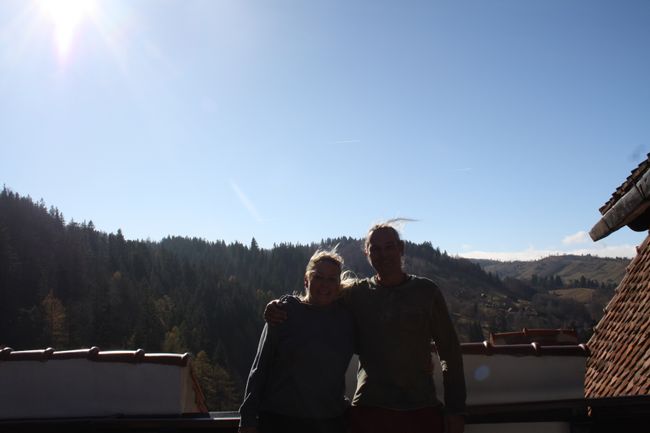
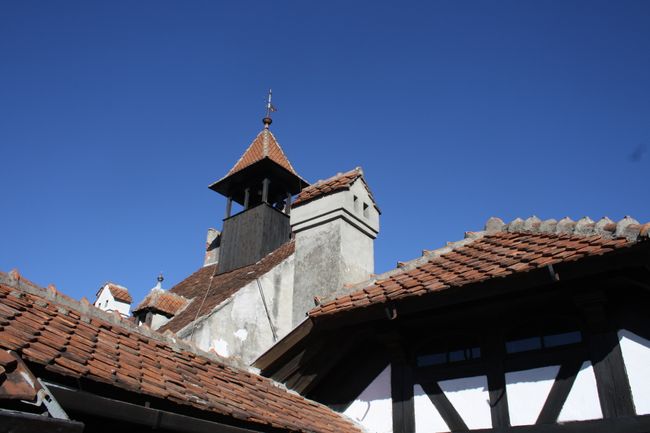
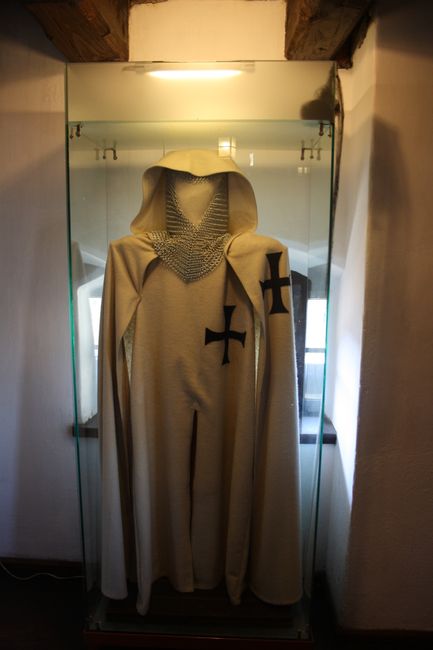
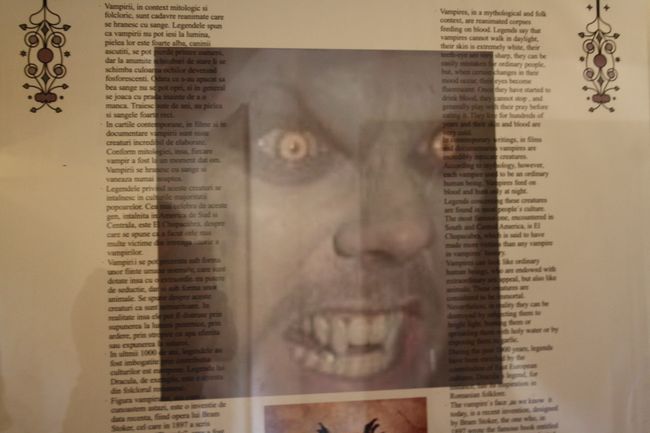
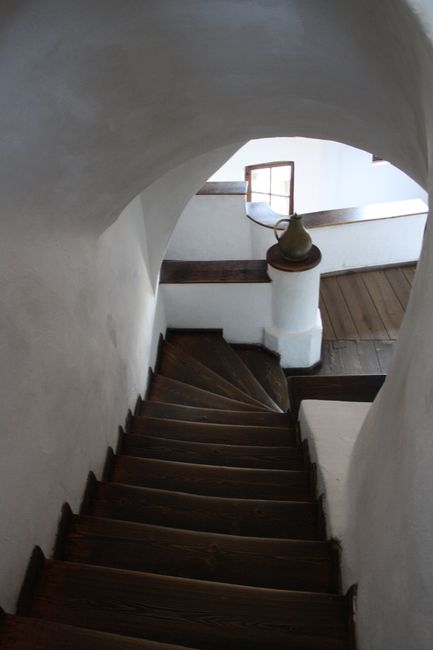
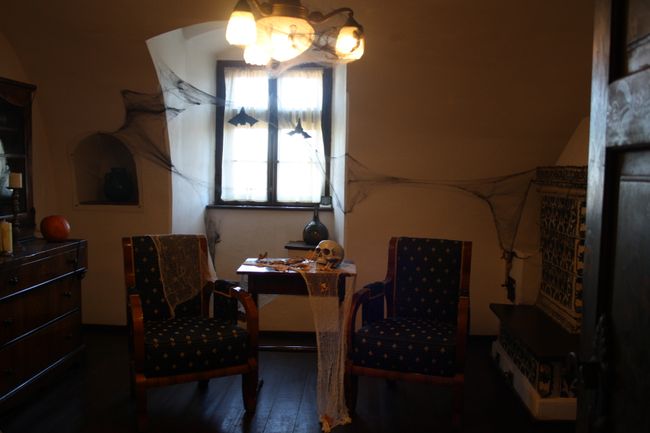
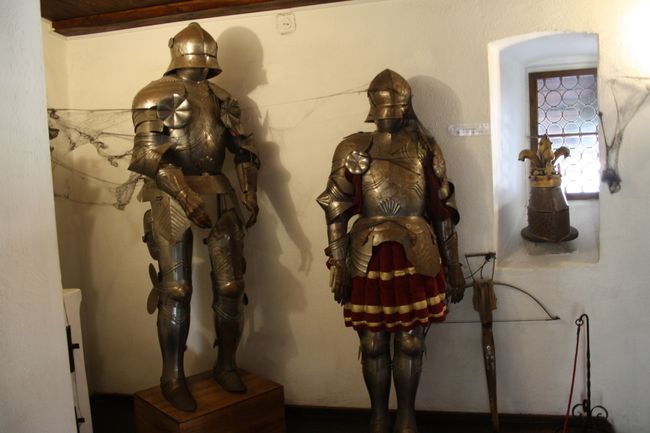
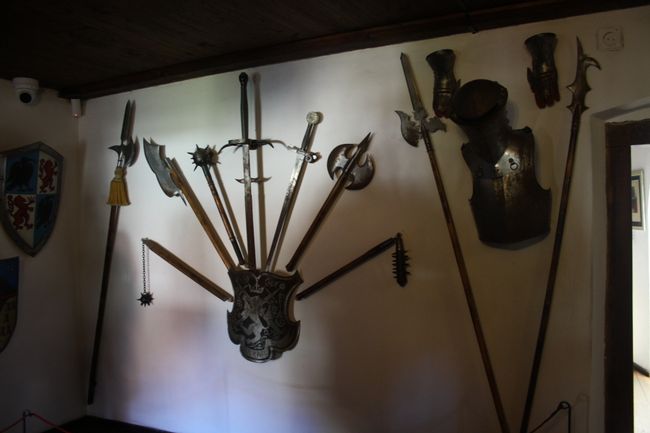
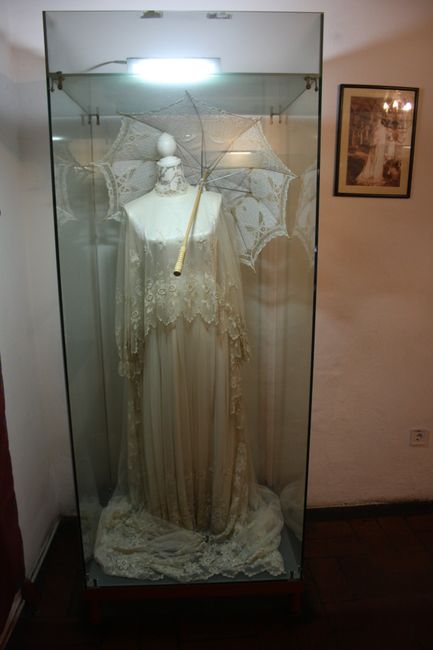
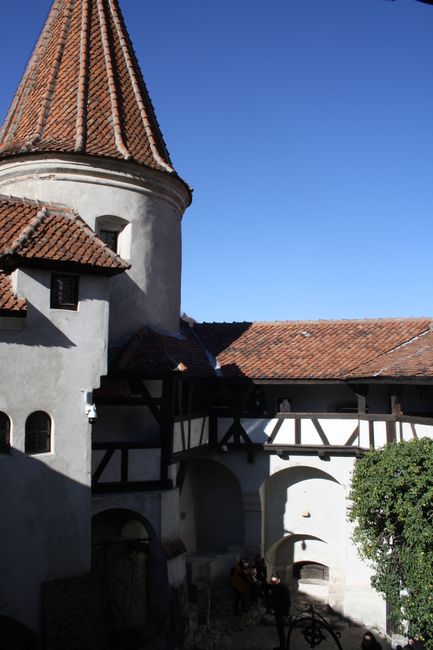
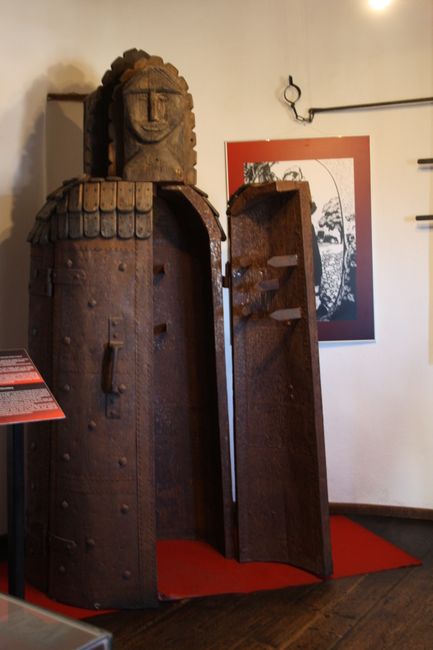
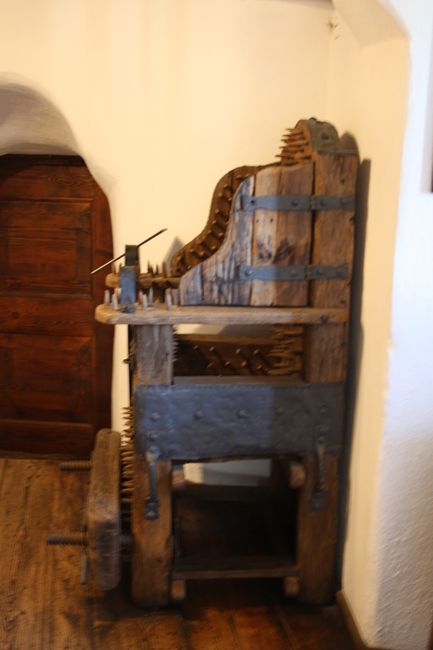
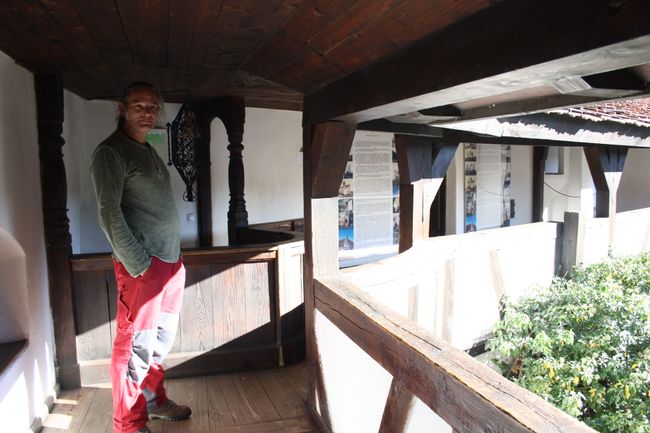
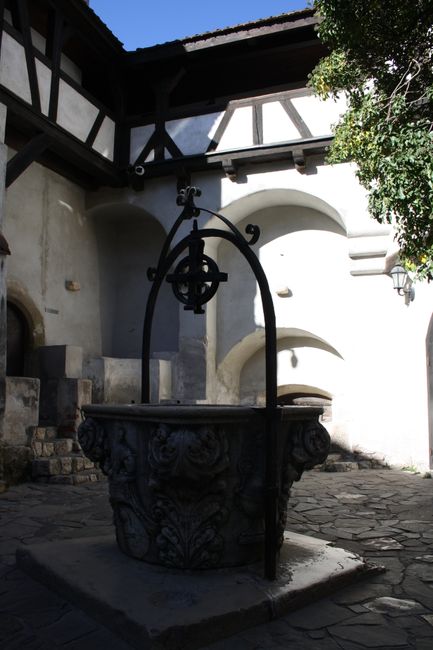
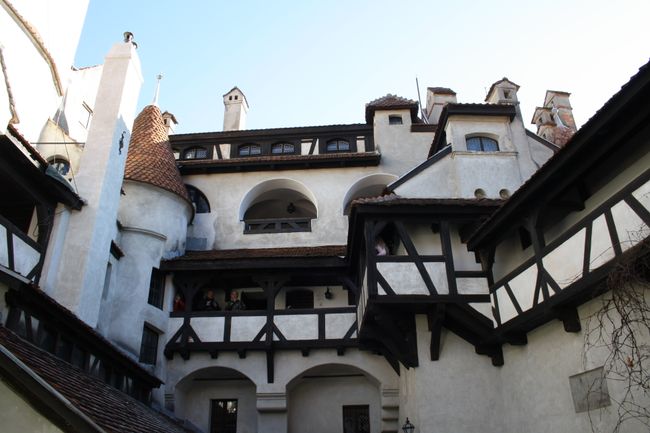
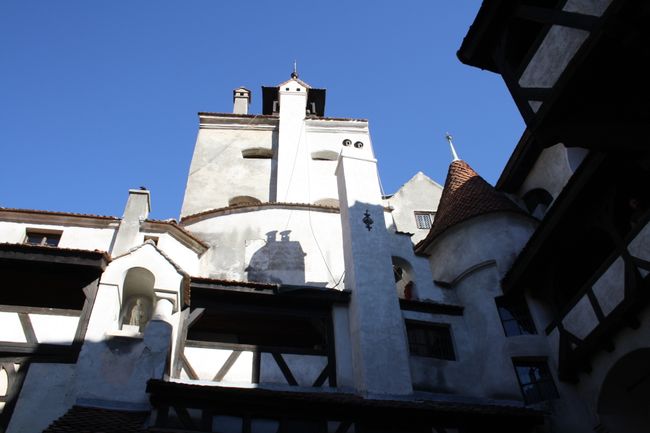
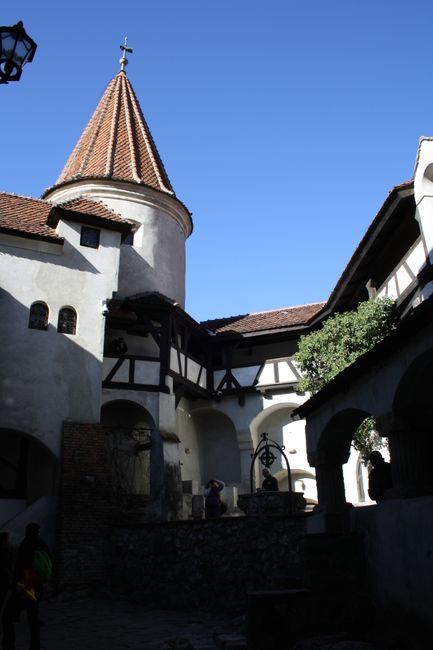
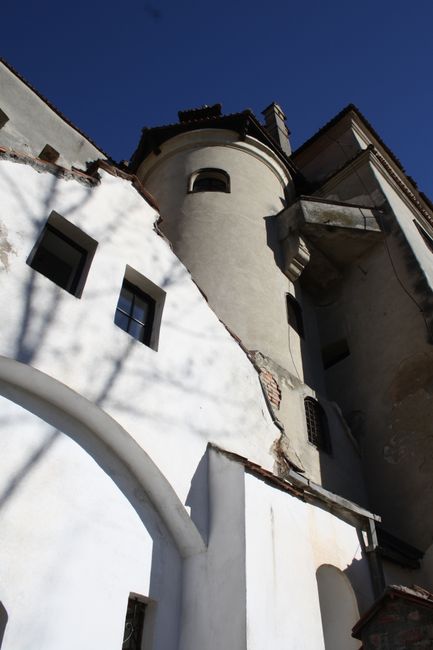
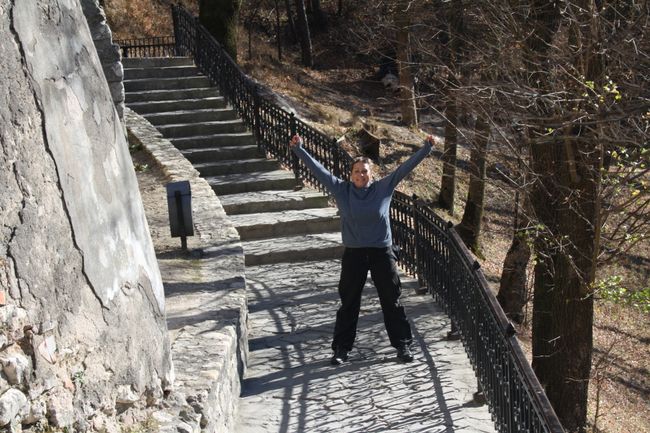
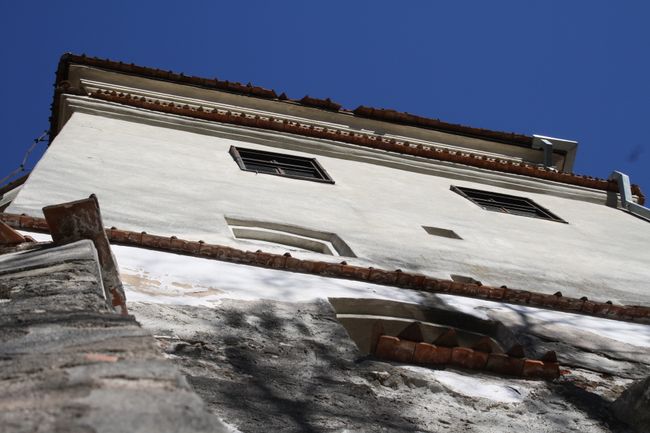
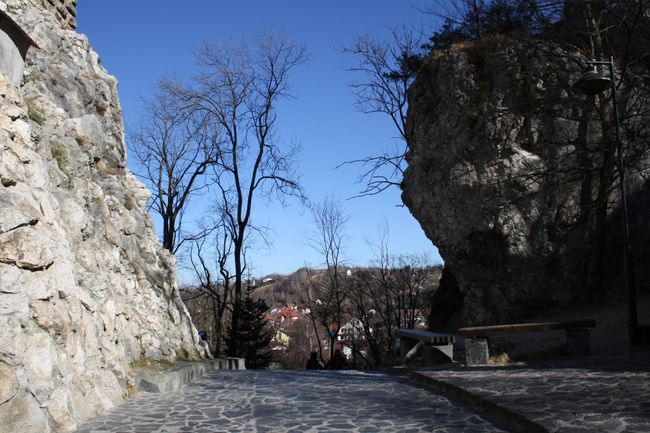
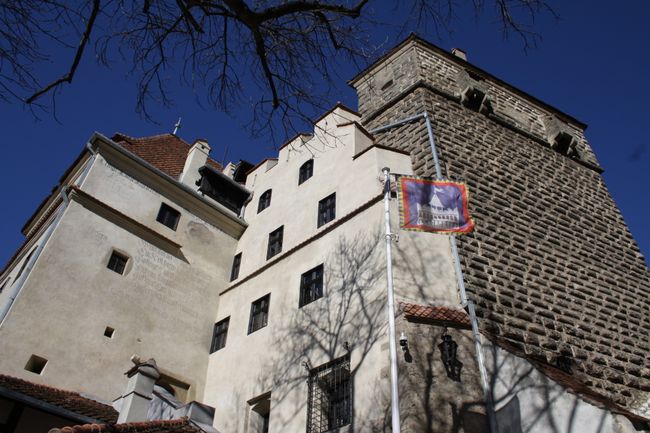
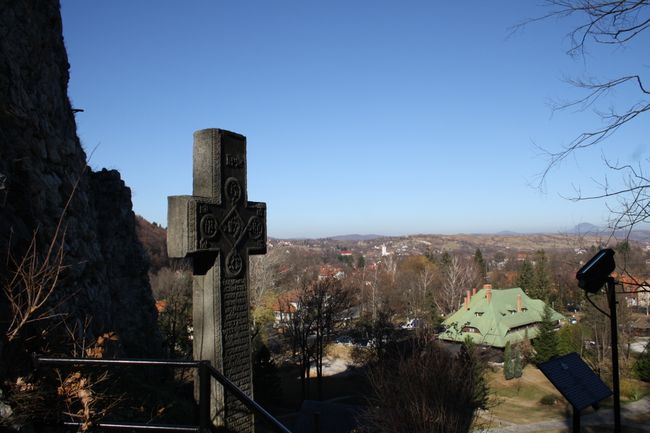
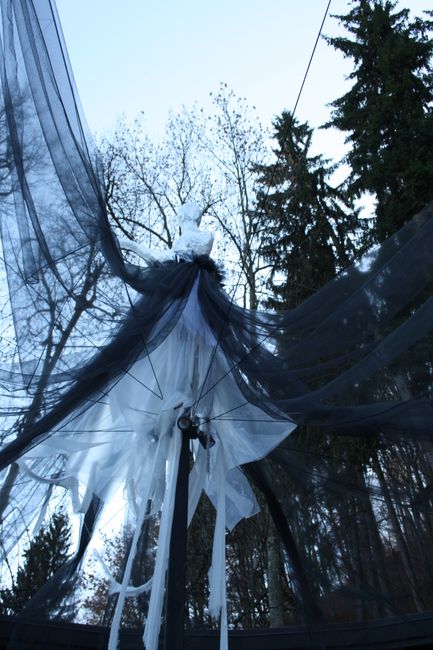
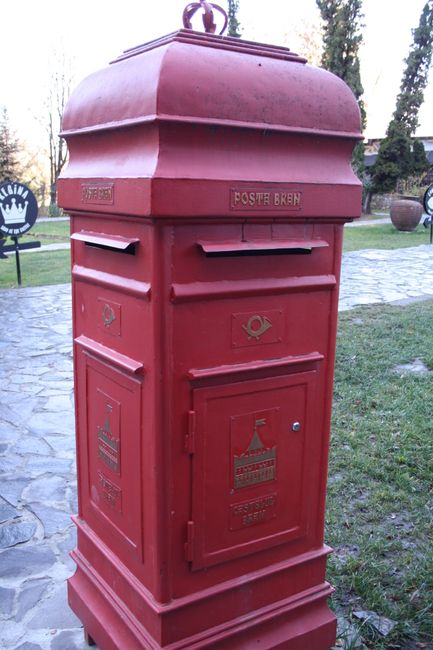
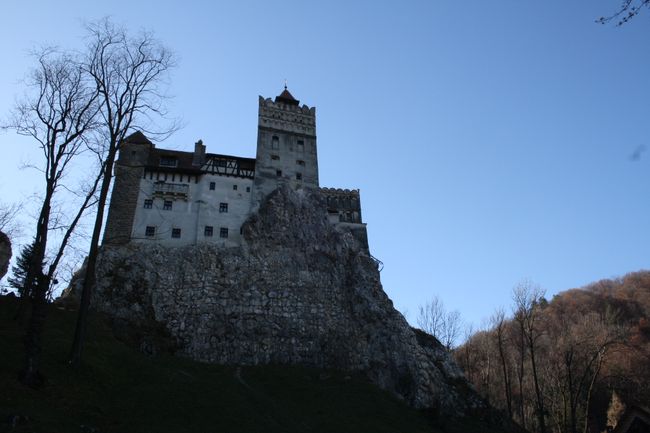
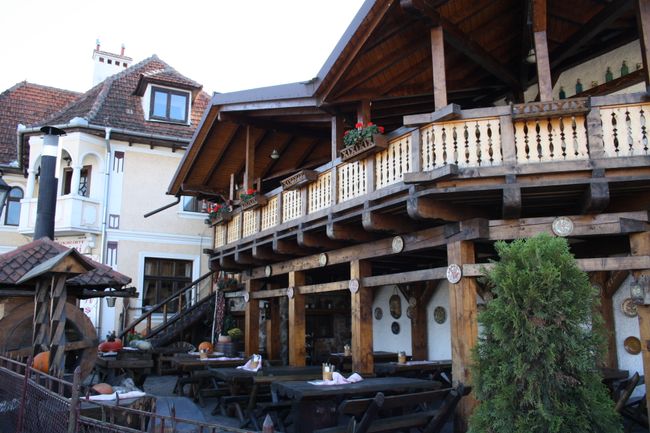
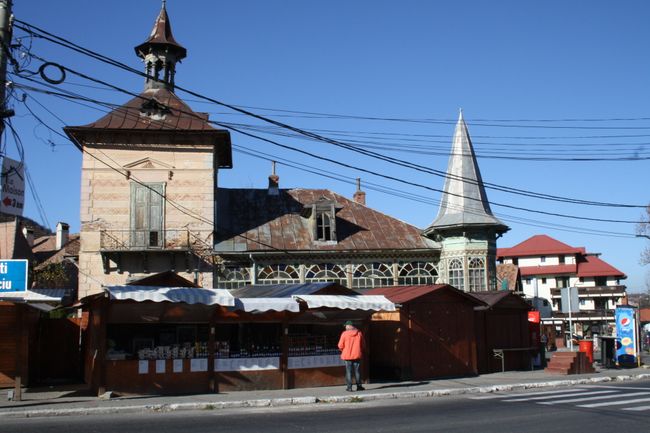
Мэдээллийн товхимолд бүртгүүлнэ үү
Wild Romania: On November 1st, we enter Romania at Arad with a fabulous temperature of 26 degrees. For the first time since the beginning of our journey, the customs officers take a quick look at our documents. No problem! Gladly! We first get a vignette and Romanian money: the Leu (plural Lei). A poor woman immediately comes up and begs for money. We give her our last Hungarian Forints (about 4.50 euros). She smiles from ear to ear and her husband joins in and praises our bus. 'Good car... good engine... beautiful car'... welcome to Romania. The time is set back by one hour here. We just set it back last week in Hungary.... I like it... it's getting dark later in the evening. Already in the first little town, you can see the extreme poverty of the people here. Most of the houses we see are old and dilapidated. Just outside, we see the first horse-drawn carriage. Farmers are collecting firewood from the forest... here still with horses... completely normal. It feels like we've gone back in time... at least 100 years. We decide to spend the night on the sandy riverbank of the river Maros. It's already evening and it is not recommended to drive in Romania at night because of the many stray dogs and potholes. We find a great spot away from the village and are quite surprised. There is garbage everywhere... people throw everything away here... garbage is dumped... normality (hmph) I guess? The first stray dogs approach us, but they are all timid and not a threat at all. We double lock our doors... Romania doesn't have a good reputation... you never know! And to be honest, neither of us slept well on that first night. Everything is still so unfamiliar here and at night you hear every sound. The next morning, we head towards Lipova in the inland. The roads are bumpy and more like patched-up rugs than actual roads. Another horse-drawn cart is coming towards us. Everyday life in Romania. We pass through remote and poor villages. In front of the pub, there are also horse-drawn carriages... (not such a bad way to go to the pub with a zero alcohol limit). The people on the roadside look at us with amazement. Flower buses probably don't pass through here very often. An old woman walks her billy goat through the village, cows and horses are grazing by the roadside. Chickens roam freely...we can't stop being amazed. Diesel costs 1.40 euros here...which is a lot, considering that the average Romanian earns between 450-700 euros...no wonder people here drive around with their horse-drawn carts. We pass through the city of Arad. Ugly old gray concrete bunkers welcome us. Romanians drive like crazy... there's no other way to put it. Overtaking and honking... the cheekier and faster one wins... after a short time, we are both at the end of our nerves and sweating... we decide to spend the rest of today's route on the highway... get out of here. As we leave the city, we see a lot of agricultural land, in between steppe, steppe, and more steppe... all the way to the horizon. Occasionally, we pass small villages, we see poor houses and many old dilapidated farms. Every house here still has a garden, chickens, goats, sheep, and maybe even a cow standing in the garden. And of course, at least two or three churches in every small village. 80% of the people here are Romanian Orthodox, the remaining 20% are Catholics and Protestants. That's why there are at least two, if not three, churches in the village. We drive up into the Semenic Mountains. In the villages, people are amazed. Children run after us and wave. Dogs sit, lie, and walk by the roadside. I pray that none of them will run into the car. We want to go to Lake Surdencu Mic. Our app shows us a great place on a meadow right by the lake. But we have to drive 3 km through a forest to get there. No problem in Romania. We start off on a bumpy dirt road, we can only drive at walking pace, it's so rough. The 3 km feel endless and just before our destination, we face a super steep descent! Huh??? There's no way we're going down there!! We'll never get back up... so turn around... and drive the whole bumpy road back (grrr). But we do find a great place to spend the night in the wide, wide steppe with a great view. The next morning, we continue through the hilly landscape towards Deva. Just 15 minutes in the car and we're already soaked again because of the driving style of the Romanians. They're completely crazy... especially the truck drivers. They overtake in very curvy terrain... with trucks and trailers... it's unbelievable... this surpasses all the countries we've been to so far. Nerves of steel are required. We pass through the city of Deva. Again, many ugly gray run-down houses. Mass bunkers... and then... at the very edge of the city... suddenly a villa district. One house more ostentatious than the other... extreme poverty and extreme wealth... right next to each other... there is no middle class. We drive past the 'truck stop'. A large parking lot full of trucks, and in between a handful of dolled-up women who keep getting into cars with truckers. Our route takes us along a river, the banks of which are completely littered. We stop at a small settlement where old traditional houses have been rebuilt. Apparently, something like an open-air museum was supposed to be built here. Whether it will be completed is very questionable. We arrive in Sebes. This is where Transylvania begins. In 1150, thousands of German settlers settled here. They were recruited by the Romanians to secure the eastern border of the Romanian Empire. Most of them came from Central Franconia and the Moselle. Some also came from Bavaria. They were given land to settle in the deserted areas. Many stayed, which is why there are still German-speaking people and places with German names here... like Hermannstadt, for example. We are at the beginning of the Carpathian Mountains. This huge mountain range must be crossed... as it lies between us and the Black Sea. We want to drive on the famous Transfagarasan High Alpine Road... but unfortunately, we are four days too late. It closes on November 1st (sigh). But we decide to go there anyway, because we have 25 degrees here every day.. and who knows?... maybe we'll be lucky? So, we continue on towards the Carpathians. After Sibiu (Hermannstadt), the landscape becomes more typical of the pre-Alps. Horse-drawn carts loaded with pigs, horses plowing fields, sad dogs everywhere, free-roaming chickens, horses, and cows. It can't get any more rural than this!! I'm glued to the windshield... there's so much to see... I can't stop being amazed. We spend the night at Gura Ranhii, a huge reservoir in the middle of the mountains. In the evening, a fairly large, limping, skinny, sad-looking dog stands next to our bus. She cautiously approaches. We can't help but give her something to eat. She greedily devours everything and then lies down in front of our bus. She looks at us sadly without a break, as if she wanted to say: Please take me with you. It almost breaks my heart to see so many skinny dogs here... but we can't save them all (unfortunately). We continue the next day. It's Sunday and all the men and women are dressed up in traditional costumes. They're going to church. Often with horse-drawn carriages. We go further into the Carpathians and drive through a beautiful landscape, passing villages that take us back to the Middle Ages. We often see shepherds moving large flocks of sheep through the steppe. The Carpathian Mountains create a beautiful 'skyline'... we keep driving further into the mountains. And then we stand in front of it. The Transfagarasan High Alpine Road! Closed! (Darn darn darn). We talk to a policeman at the gas station. He says we can drive up a bit... it's worth it... and then turn back. It snowed on the pass... that's why it's closed. We decide to drive at least a section. We continue driving up the mountain, constantly turning curves. We're still surrounded by forest. Unfortunately, we don't see much. And then, after the next bend!! Oh no!! It's already the end here?? We haven't even reached above the treeline. But luckily, there's a cable car here. We can ride it all the way up to the high plateau and walk around there for a bit... okay... that's an alternative! But then the Kopp'sche phenomenon strikes again. Since today, the cable car is out of service due to repairs! It's really frustrating.... But we decide to take it easy. We take a walk with Amy on the mountain for a while, have a snack, and then make our way back down. That didn't go as planned!! In Carta, we finally find (after a long time) a campsite that is open. All the others were closed, even though the guidebooks say they're open year-round. In Romania, they're not so precise about that. Under Dutch management, we find a great spot with clean!! showers. We haven't had that for a long time. We take a shower right away (it was necessary). The only other guests on the site are a young Romanian couple with three children and a caravan. They were on vacation here and also went to the mountain, and they were also annoyed by the broken cable car. We start chatting. The two of them are very likable and the woman (Andrea) speaks fluent German. Well, that makes it easier. They invite us to join them. - Well, gladly. We sit in the sun and chat, and Soso (the man) draws some sights on our map for our journey to the Black Sea. Great!! They also give us a large portion of their self-picked hazelnuts (yummy). Thank you both for the nice conversation and the tips. The owner of the site even washes our bed linen for us in his private washing machine... what more could you ask for? We visit the old Cistercian monastery ruin in the village. Unfortunately, it's just a ruin now (except for the church - services are still held there)... as it was severely damaged by the numerous attacks by the Turks throughout Romanian history. But even as a ruin, it's beautiful to look at. We enjoy it. Tomorrow we will continue through the Carpathians towards the Danube Delta... we're excited to see what else awaits us in Romania. Freshly washed and full of wanderlust, we continue our tour the next day. In Făgăraș, I go shopping. There's Kaufland, Lidl, and Co. here. We also see many well-known German companies in the industrial area, such as Gebrüder Weiß, DHL, Dachser, etc.... yes, in Romania, you can produce cheaply. We pass by beautiful residential areas. Neat houses line the way. So, they do exist in Romania... the middle class. But also many Roma people on the streets... they send their children to beg. We don't give money, but we have toys for children in our luggage and give that away. The girl's eyes light up, but the mother less so. I also bought a large bag of additional dog food. We have decided that when we see individual stray dogs, we want to give them at least one day without hunger. The travel guide says you should scare them away with stones!! However, these dogs are not aggressive at all. Rather fearful, reserved, friendly, and extremely hungry. And even if you give them something, they move on and don't follow you like the travel guide says. We are in Râșnov and want to visit Bran Castle. We park the bus, have a snack, ignore the tourist train... let's go... up the mountain. We see a great castle on the mountain top. However, at the ticket office, we are bitterly disappointed (once again). There is a medieval film being shot here and we are not allowed in! Seriously now?? What have we done wrong??? But we put up with it... quickly take a picture of the courtyard... and continue... back down the mountain and find a place to spend the night. We find a great spot in the steppe with a great view. The next morning, we continue through the hilly landscape towards Deva. After 15 minutes in the car, we get soaked again because of the driving style of the Romanians. They're completely crazy... especially the truck drivers. They overtake in very curvy terrain... with trucks and trailers... it's unbelievable... this surpasses all the countries we've been to so far. Nerves of steel are required. We pass through the city of Deva. Again, many ugly gray run-down houses. Mass bunkers... and then... at the very edge of the city... suddenly a villa district. One house more ostentatious than the other... extreme poverty and extreme wealth... right next to each other... there is no middle class. We pass the 'truck stop'. A large parking lot full of trucks and in between a handful of dolled-up women who keep getting into cars with truckers. Our route takes us along a river, the banks of which are completely littered. We stop at a small settlement where old traditional houses have been rebuilt. Apparently, something like an open-air museum was supposed to be built here. Whether it will be completed is very questionable. We arrive in Sebes. This is where Transylvania begins. In 1150, thousands of German settlers settled here. They were recruited by the Romanians to secure the eastern border of the Romanian Empire. Most of them came from Central Franconia and the Moselle. Some also came from Bavaria. They were given land to settle in deserted areas. Many stayed, which is why there are still German-speaking people and places with German names here... like Hermannstadt, for example. We are at the beginning of the Carpathian Mountains. This huge mountain range must be crossed... as it lies between us and the Black Sea. We want to drive on the famous Transfagarasan High Alpine Road... but unfortunately, we are four days too late. It closes on November 1st (sigh). But we decide to go there anyway because we have 25 degrees here every day.. and who knows?... maybe we'll be lucky? So, we continue towards the Carpathians. After Sibiu (Hermannstadt), the landscape becomes more typical of the pre-Alps. Horse-drawn carts loaded with pigs, horses plowing fields, sad dogs everywhere, free-roaming chickens, horses, and cows. It can't get any more rural than this!! I'm glued to the windshield... there's so much to see... I can't stop being amazed. We spend the night at Gura Ranhii, a huge reservoir in the middle of the mountains. In the evening, a fairly large, limping, skinny, sad-looking dog stands next to our bus. We give her a huge portion to eat and something to drink. Oh, was she hungry. She wags her tail overly friendly. Romania's dogs are very grateful and friendly. She curls up in front of the bus and falls asleep. In chilly wind and rain. It makes us infinitely sad to see so many half-starved dogs and cats... winter is approaching... many will not survive it. We decide to continue the next day. The weather is not really suitable for long walks on the beach. We actually wanted to stay here for a few days... but oh well... we're flexible. Our destination: Constanța. We need to go shopping and refuel. The way there takes us on catastrophic potholed roads past huge chemical plants and gas extraction facilities. The gray weather matches this ugly view. We see vacant rundown houses, big buildings from the communist era... all in ruins. In between, there are dogs and cats!! Obviously!! We drive through Năvodari. An ugly city that seems to consist only of high-rise buildings. We pass through quickly and continue. Constanța also turns out to be very gray and dreary. Many 'unattractive' buildings. The traffic is also a disaster. Traffic management?? We often didn't understand it. Quick shopping and get out of here. We spend one last night by the Danube and tomorrow we will drive into Bulgaria. We still don't know if we will stay there long. Most likely we will continue quickly to Greece... following the summer. Conclusion Romania: Our start in Romania was a bit slow and exciting. We were unsure about safety. Everything is new and you feel like you've landed on a different planet. The great, great poverty, the many hungry dogs and cats... you have to get used to it. We double locked the bus at night. But after a few days, we 'arrived'... really arrived. The landscape became more and more spectacular. The great Carpathian Mountains (too bad the Transalpina High Alpine Road was closed), the volcano-like mountains afterwards, the Danube Delta, and the Black Sea. Romania is beautiful. It left us speechless several times. The Romanians themselves are also nice friendly people. We didn't have one 'dangerous' situation. The traffic, on the other hand, and the mostly ugly cities, tested our nerves. We sweated several times because of the completely crazy truck drivers. We will probably not forget the many poor dogs and cats for a long time. At least we were able to give some of them a night without hunger. Romania still has a long way to go to reach even remotely 'Western' standards. The EU is providing a lot of money to Romania, but much of it sinks into the swamp of corruption and does not reach where it should. Nevertheless, we can easily imagine coming back here. In spring when everything is in bloom, for example. Romania will probably always remain a great adventure in our memories... you don't forget Romania so quickly!!
Мэдээллийн товхимолд бүртгүүлнэ үү
Хариулт
